“Monolith’s appearance on the Climate Now podcast was a great experience. The production team was great to work with, and they did their homework. When those two things combine, not only do we appreciate it as guests, but it reflects in the quality of the podcast and the listener experience.”
—Rob Hanson
Co-Founder and CEO, Monolith
“Climate Now had a well-structured approach that allowed us to delve deep into the subject matter. Their careful preparation made collaboration straightforward and easy to navigate.”
—Steve Wirtel
EVP, Business Development, Kore Infrastructure
Featured Experts
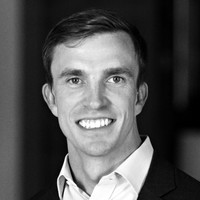
Aaron Denman
Partner, Bain & Company



Aaron Denman
Partner, Bain & Company
Aaron Denman leads the Americas Utilities and Renewables practice at Bain & Company. He is also a core member of Bain & Company’s Strategy, Energy and Natural Resources and Performance Improvement practices.
Aaron has led client engagements addressing a range of topics, including corporate strategy, growth strategy, go-to-market strategy, merger integration, performance improvement, organizational design and change management.
Prior to Bain, Aaron spent four years at Eli Lilly & Co in a variety of finance and business development roles, including support of Lilly’s Japan, Canada, Mexico and AMEA operations. In addition, he served as an advisor to the CEO for a clean-energy start-up in Indianapolis, where he helped commercialize Article 1 of a “mobile microgrid” for a US military installation.
Aaron earned an MBA from the Stanford Graduate School of Business and a BA in mathematics from Wabash College.
Featured In:
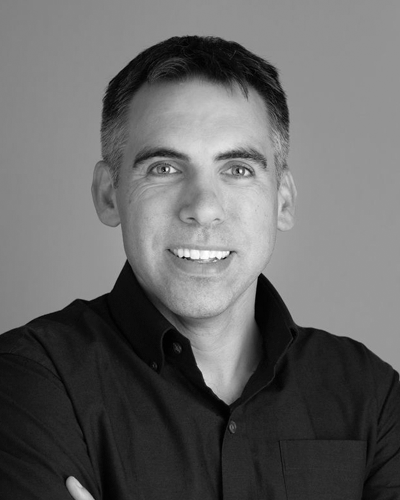


Adam Rauwerdink
SVP, Business Development. Boston Metal



Adam Rauwerdink
SVP, Business Development. Boston Metal
Dr. Adam Rauwerdink is the senior vice president of business development for Boston Metal. Adam received his PhD from Dartmouth in engineering, and worked on energy storage solutions at SUSTAIN X and Vionx Energy before joining Boston Metal in 2017.
Featured In:
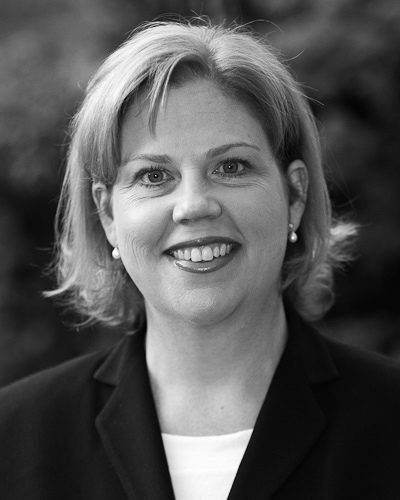


Adele Morris
Former Policy Director for Climate and Energy Economics at The Brookings Institution



Adele Morris
Former Policy Director for Climate and Energy Economics at The Brookings Institution
Adele Morris is a globally renowned expert on climate pricing policies and the former Policy Director for Climate and Energy Economics at The Brookings Institution.
Since the recording of this episode, Dr. Morris became the Chair of the Federal Reserve’s Financial Stability Climate Committee.
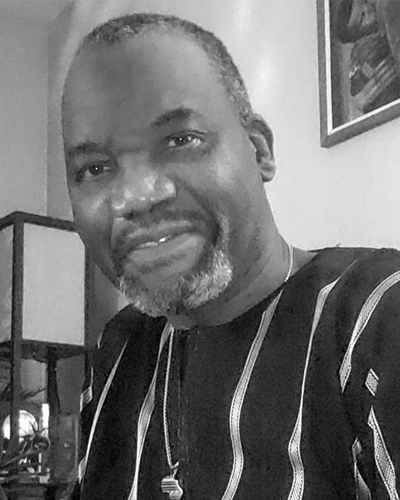


Aigbokhan Aloja Airewele
Diversity and Inclusion Coordinator, Cornell Cooperative Extension



Aigbokhan Aloja Airewele
Diversity and Inclusion Coordinator, Cornell Cooperative Extension
Aigbokhan Aloja Airewele serves as the Diversity and Inclusion Coordinator at Cornell Cooperative Extension where he is responsible for leading the Equity, Diversity and Inclusion initiative to transform the organization into a more equitable, inclusive and diverse workplace. He is a certified Roots of Success instructor, providing workforce training for marginalized and frontline communities in Tompkins County.
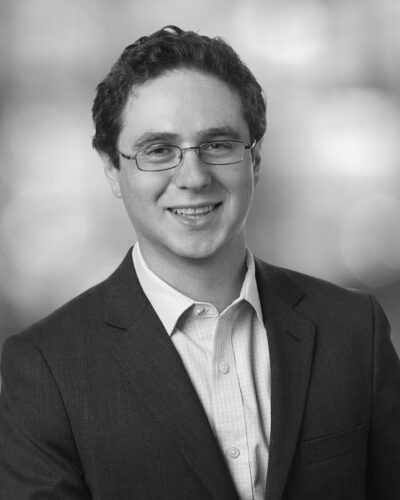


Alex Dolginow
Head of Portfolio Diligence



Alex Dolginow
Head of Portfolio Diligence
Alex is an environmental professional with a background in climate change, land use, environmental markets, and modeling. His experience spans science-based research, project management, and strategy.
Prior to joining Carbon Direct, Alex ran his own independent consulting group, Dolginow Consulting, where he advised clients on environmental issues. His projects have included helping to create a greenhouse gas emissions model and advising on philanthropic grantmaking to slow deforestation.
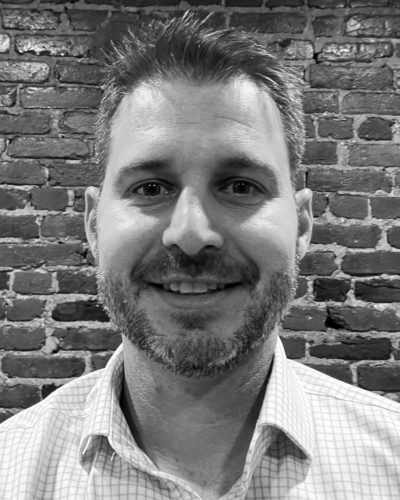


Alex McDonough
Partner at Pioneer Public Affairs



Alex McDonough
Partner at Pioneer Public Affairs
Alex McDonough started his career as a climate advisor for Senator Harry Reid, co-founded Clean Energy for America and is now a policy advisor and partner at Pioneer Public Affairs, a clean energy lobbying firm.
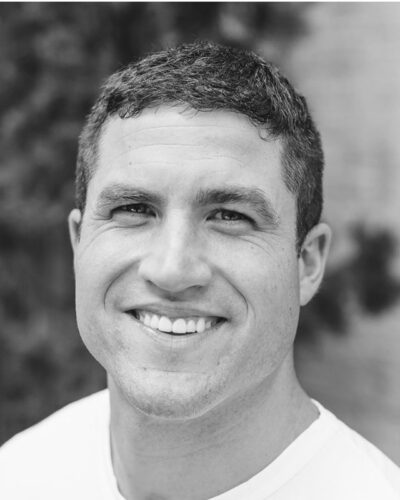


Alfred Johnson
CEO and co-Founder, Crux



Alfred Johnson
CEO and co-Founder, Crux
Alfred has served in senior leadership roles at the Department of Treasury working on technology, financial markets, management, and financial regulatory issues. He previously founded and sold a mission-driven SaaS company (Mobilize), advised governments and banks at BlackRock, and was Head of Sales and People at a venture-backed fintech company.
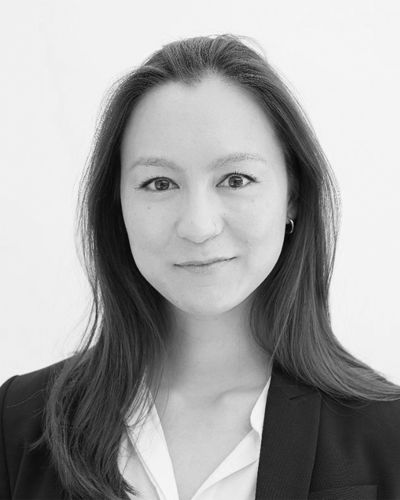


Alisha Fredriksson
Co-founder & CEO, Seabound



Alisha Fredriksson
Co-founder & CEO, Seabound
Alisha Fredriksson is the co-founder and CEO of Seabound, a company that captures CO2 from ships. Before starting Seabound, Alisha launched a climate program at Generation, a non-profit founded by McKinsey & Co.
Featured In:
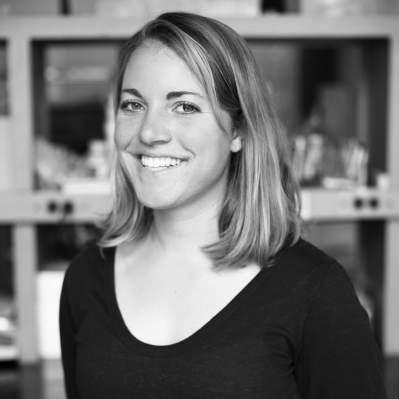


Allegra C. Mayer
Postdoc, LLNL



Allegra C. Mayer
Postdoc, LLNL
Allegra is generally interested in the potential for carbon sequestration in soil to mitigate climate change. Her research includes modelling potential warming reduction from global scale improvements in agricultural land management, modelling the effect of compost application to soil organic carbon in California grasslands.
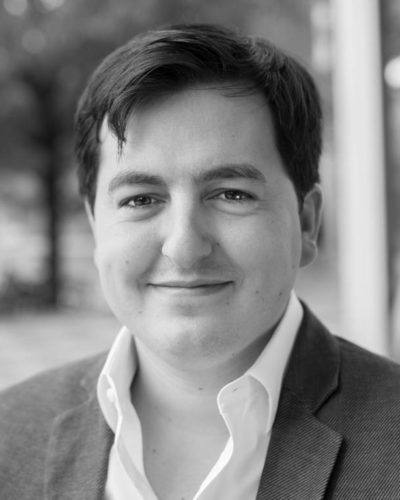


Amine Ouazad
Professor of Economics



Amine Ouazad
Professor of Economics
Dr. Amine Ouazad is a professor of economics at HEC Montreal where he holds the endowed research professorship in “Urban and Real Estate Economics.” Dr. Ouazad is also a Senior Fellow at Johns Hopkins 21st Century Cities Initiative.
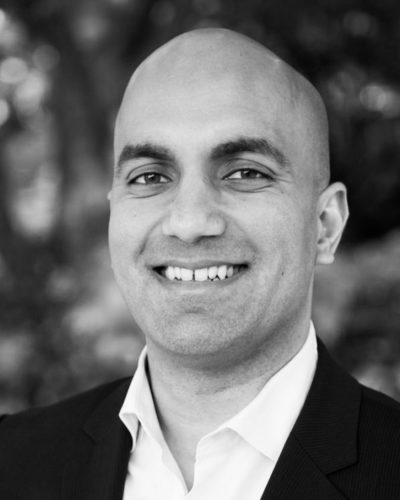


Amit Bouri
CEO and Co-founder of the Global Impact Investing Network



Amit Bouri
CEO and Co-founder of the Global Impact Investing Network
Amit Bouri is the CEO and Co-founder of the Global Impact Investing Network (GIIN), the largest global community of impact investors dedicated to increasing the scale and effectiveness of impact investing.
Prior to founding the GIIN, Amit worked in corporate philanthropy at Gap Inc. and Johnson & Johnson. He holds an MBA from Northwestern University – Kellogg School of Management, an MPA from Harvard University Kennedy School of Government, and a BA in Sociology and Anthropology from Swarthmore College.
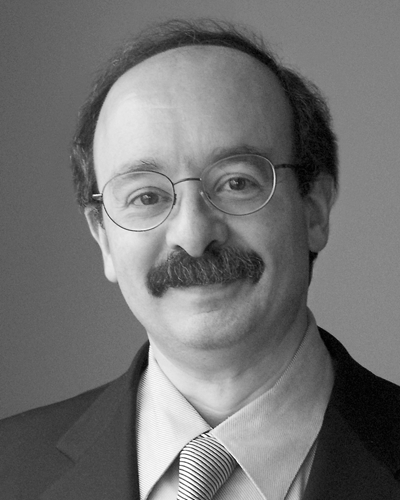




Amory Lovins
Co-founder and Chairman Emeritus, RMI





Amory Lovins
Co-founder and Chairman Emeritus, RMI
Amory has been an energy advisor to major firms and governments in 70+ countries for over 45 years; is the author of 31 books and more than 700 papers; and is an integrative designer of super-efficient buildings, factories, and vehicles. Time has named Amory one of the world’s 100 most influential people, and Foreign Policy, one of the 100 top global thinkers.
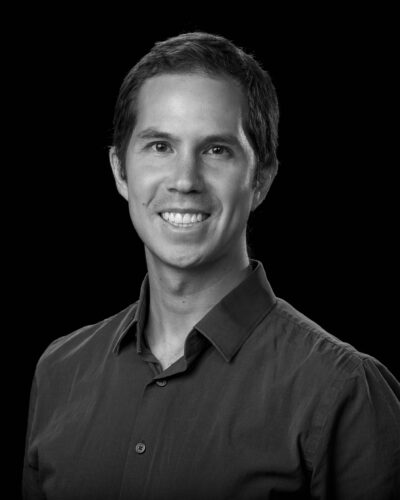


Andrew A. Wong
Materials Engineer, Materials Engineering Division, LLNL



Andrew A. Wong
Materials Engineer, Materials Engineering Division, LLNL
Dr. Andrew ‘Drew’ Wong is a Materials Engineer in the Materials Engineering Division (MED) at Lawrence Livermore National Laboratory (LLNL), where his research encompasses the analysis, development, and maturation of energy and climate technologies. At LLNL, Dr. Wong works with teams inventing new energy generation, energy storage, and electrochemical conversion technologies, particularly in the vein of scale-up and de-risking, and with teams exploring carbon capture, utilization, and storage solutions from conceptual designs to roadmaps for future deployment. His graduate research focused on organic flow batteries for grid-scale energy storage and materials processing for solar photovoltaics. Dr. Wong has co-authored over 15 publications with over 450 citations and has been awarded several patents. Dr. Wong has a Ph.D. in Applied Physics from Harvard University (2019), an M.S. and B.E. in Engineering Science from the Dartmouth Thayer School of Engineering (2014), and a B.A. in Engineering Science from Dartmouth College (2012).
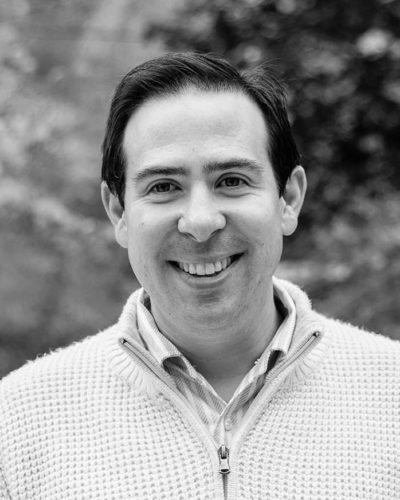


Andy Frank
Founder and President, Sealed



Andy Frank
Founder and President, Sealed
Andy Frank is an energy efficiency industry expert, with experience building companies that make money through positive environmental impacts. Prior to starting Sealed, Andy was a co-founder of Efficiency 2.0, acquired by C3 AI, an energy efficiency software company that helped utilities save energy through customer engagement software. Currently, Andy also serves on the boards of the Alliance for Clean Energy New York as well as the Energy Efficiency Alliance of New Jersey.
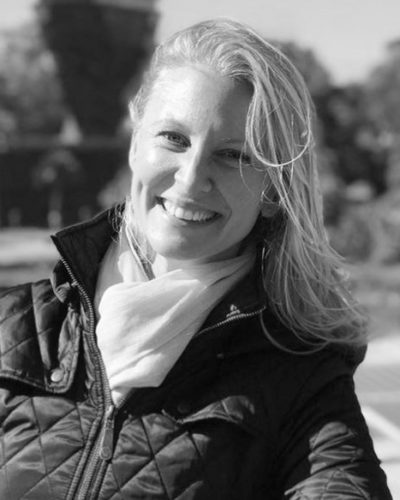




Andy Stevenson
EV Battery Materials Advisor and Investor





Andy Stevenson
EV Battery Materials Advisor and Investor
Andy Stevenson is an electric vehicle battery materials advisor and investor. Previously, Stevenson was Chief Financial Officer of Redwood Materials, a battery recycling company, and a Special Projects Associate at Tesla.
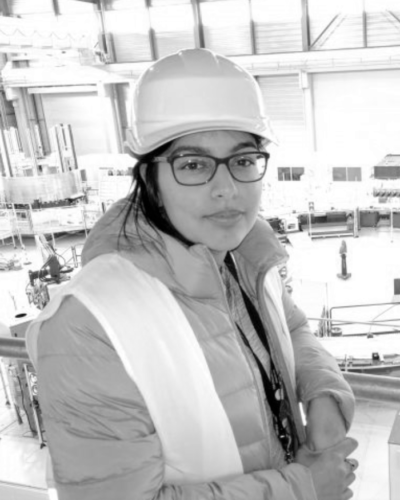


Aneeqa Khan
Research Fellow in Nuclear Fusion



Aneeqa Khan
Research Fellow in Nuclear Fusion
Aneeqa Khan is a Research Fellow in Nuclear Fusion in the Department of Mechanical, Aerospace, and Civil Engineering (MACE) at the University of Manchester. Her research is focused on testing materials and components for nuclear fusion applications. She previously was a postdoctoral scholar at the international nuclear fusion project ITER.
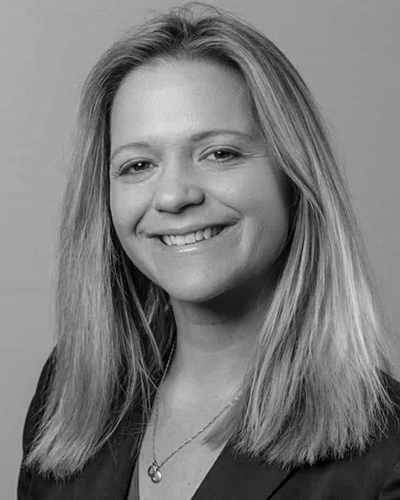


Annie Kritcher
Principal Designer, Lawrence Livermore National Laboratory



Annie Kritcher
Principal Designer, Lawrence Livermore National Laboratory
Annie Kritcher is a principal designer at Lawrence Livermore National Laboratory’s National Ignition Facility, or NIF. Her team successfully ‘ignited’ a nuclear fusion reaction.
Featured In:
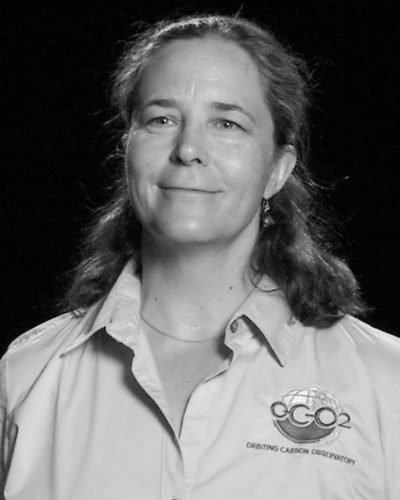


Annmarie Eldering
NASA OCO-3 Project Scientist



Annmarie Eldering
NASA OCO-3 Project Scientist
Dr. Annmarie Eldering is the Deputy Project Scientist for the Orbiting Carbon Observatory-2 (OCO-2) and the Project Scientist for OCO-3 at NASA Jet Propulsion Laboratory.
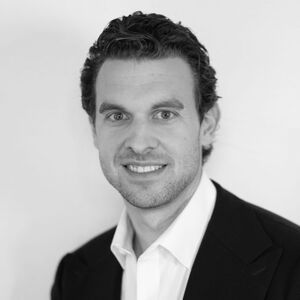

Anthony Harrison
Head of Regulatory and Government Affairs, TeraWatt Infrastructure
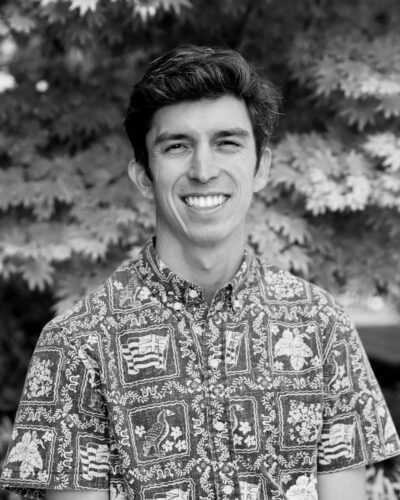


Antonio Baclig
Founder and CEO, Inlyte Energy



Antonio Baclig
Founder and CEO, Inlyte Energy
Antonio’s research as a PhD and post-doc in the Stanford Materials Science & Engineering department led him to understand the engineering and techno-economics of the sodium metal halide battery. Antonio founded Inlyte Energy in 2021 with the support of the Activate Fellowship in partnership with Lawrence Berkeley National Lab. Antonio has a B.A. in Chemistry and Physics from Harvard and grew up in Oahu, Hawaii.
Featured In:
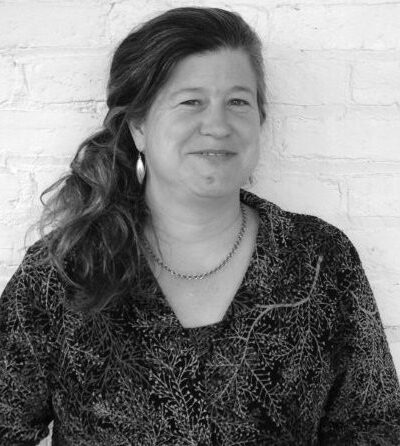


Anya Schoolman
Executive Director, Solar United Neighbors



Anya Schoolman
Executive Director, Solar United Neighbors
Anya has worked for decades on environmental projects and policy up and down the Western Hemisphere. This work has helped her grapple with the issue of sustainable development and how to make complex issues relevant to the community. Solar United Neighbors got its start when her son Walter asked, “Mom, can we go solar?” In her role as Executive Director, Anya has been instrumental in the passage of landmark solar legislation and regulation. In April 2014, the White House selected Anya as one of 10 White House Champions of Change for Solar Deployment for her groundbreaking work to deploy solar in the National Capital Region.
Featured In:
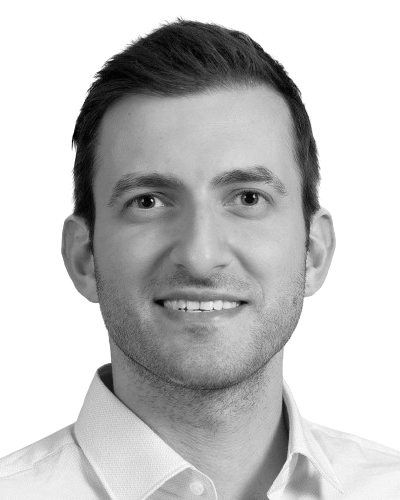


Arcady Sosinov
Founder and CEO, FreeWire



Arcady Sosinov
Founder and CEO, FreeWire
Arcady is the Founder and serves as the Chief Executive Officer of FreeWire. Prior to founding FreeWire, he spent almost a decade in finance and investment management, most recently at GMO and prior to that BNY Mellon. Arcady holds an MBA from UC Berkeley and an economics degree from Boston University.
Featured In:
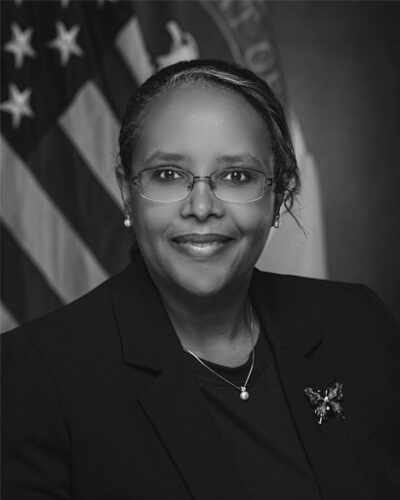


Asmeret Asefaw Berhe
Director of the Office of Science, U.S. Department of Energy



Asmeret Asefaw Berhe
Director of the Office of Science, U.S. Department of Energy
Dr. Asmeret Asefaw Berhe is the Director of the Office of Science for the U.S. Department of Energy. Dr. Berhe is currently on leave from the University of California, Merced where she holds the Ted and Jan Falasco Chair in Earth Sciences and Geology; is a Professor of Soil Biogeochemistry; and served as Associate Dean for Graduate Education. Her research focus lies at the intersection of soil science, global change science, and political ecology with an emphasis on how the soil system regulates the earth’s climate and the dynamic two-way relationship between the natural environment and human communities.
She previously served as the Chair of the U.S. National Committee on Soil Science and member of the Board of International Scientific Organizations at the National Academies; Leadership board member for the Earth Science Women’s Network; and founding a co-principal investigator in the ADVANCEGeo Partnership – a National Science Foundation funded effort to empower scientists to respond to and prevent harassment, discrimination, bullying, and other exclusionary behaviors in research environments.
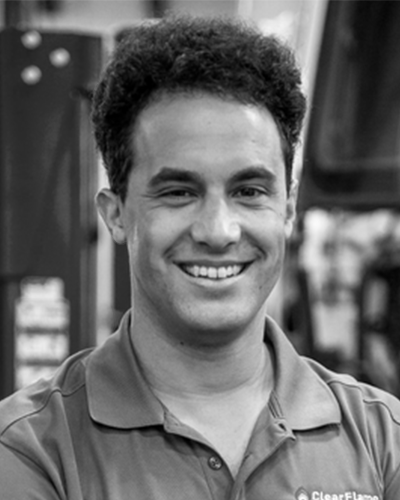


BJ Johnson
Co-founder and CEO, ClearFlame



BJ Johnson
Co-founder and CEO, ClearFlame
BJ Johnson is the co-founder and CEO of ClearFlame, an engine technology company that is transforming heavy-duty diesel engines to run on cleaner fuels. He has a PhD in Mechanical Engineering – Energy Systems from Stanford University.


Bav Roy
Co-founder and COO of Verne
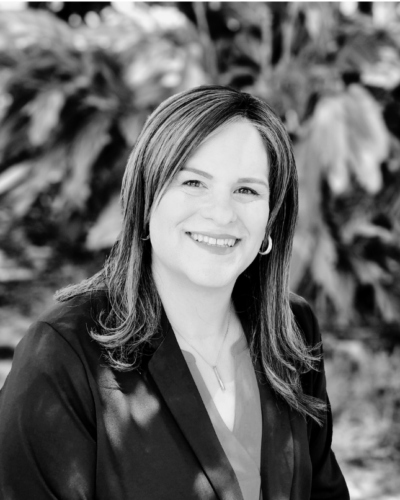

Beatrice Batty
Director of Fuel Planning at Epic Fuels
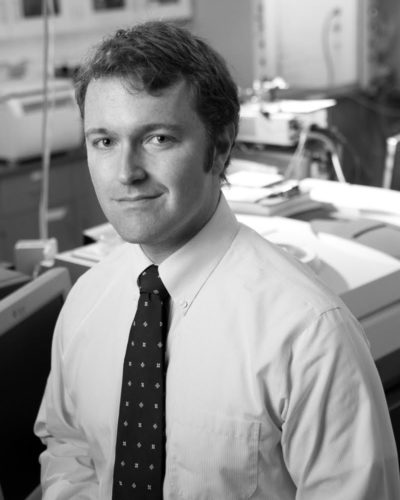


Ben Wiley
Duke University Professor of Chemistry



Ben Wiley
Duke University Professor of Chemistry
Ben Wiley is a Professor of Chemistry at Duke University where he studies materials and methods for improving the efficiency of water electrolysis to create hydrogen for energy use.
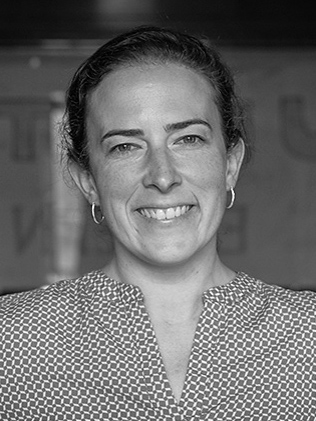


Beth Gibbons
Executive Director of the American Society of Adaptation Professionals



Beth Gibbons
Executive Director of the American Society of Adaptation Professionals
Beth Gibbons is the Executive Director of the American Society of Adaptation Professionals. She is an expert in sustainable development and climate adaptation, having previously directed the University of Michigan’s Climate Center and managed NOAA’s Great Lakes Regional Integrated Sciences and Assessments Center.
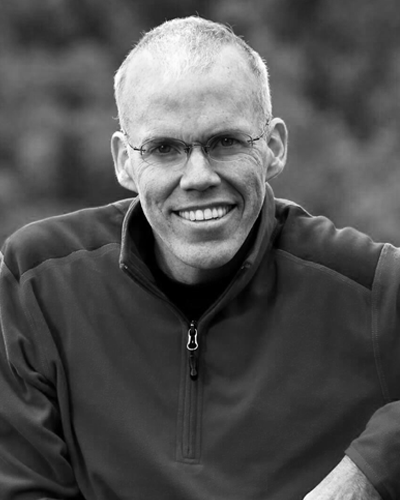


Bill Mckibben
Author, Activist, Founder of Third Act



Bill Mckibben
Author, Activist, Founder of Third Act
Bill McKibben is a writer and climate activist. He founded 350.org, an international grassroots climate campaign, and Third Act, which organizes people over the age of 60 to work on climate and racial justice. He’s written over 20 books and contributes regularly to The New Yorker, Rolling Stone, and more.
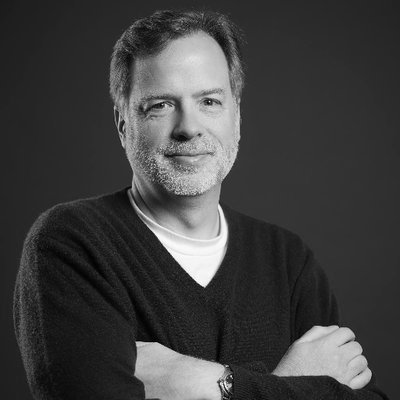


Bill Nussey
Founder, Freeing Energy



Bill Nussey
Founder, Freeing Energy
- Bill is a partner at the venture firms Engage and Tech Square Ventures. Bill received a degree in electrical engineering from North Carolina State University and an MBA from Harvard Business School. He holds several patents, has published three books and sits on several commercial and non-profit boards. He has spent much of his career as a tech CEO. Bill spent several years as a venture capitalist with Greylock. In 1998, he left the firm to become CEO of a portfolio company, iXL, which went public and grew to $500 million in revenue. After iXL, he joined cloud marketing startup Silverpop as CEO. The company grew to nearly $100 million in recurring revenue and became a global leader in cloud-based marketing. In 2014, IBM acquired the company and made it the foundation of the IBM Marketing Cloud. Bill left IBM to pursue his passion for renewable energy and other climate technologies. His journey began with a TED Talk, which grew into a #1 ranked renewable energy podcast called The Freeing Energy Podcast. All of this supported and ultimately led to a book he published at the end of 2021, called Freeing Energy: How Innovators Are Using Local-scale Solar and Batteries to Disrupt the Global Energy Industry from the Outside. Bill and his family are involved in a handful of projects providing off-grid, resilient electricity in places like East Africa and Puerto Rico.
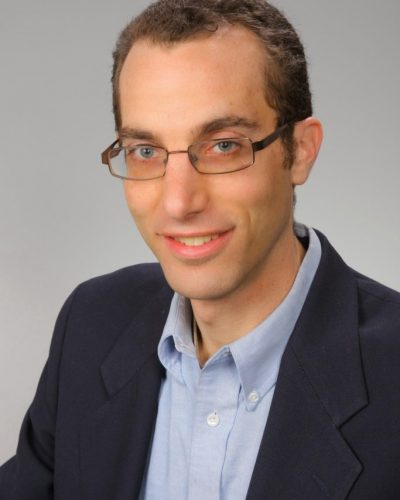


Bob Kopp
Rutgers University



Bob Kopp
Rutgers University
Dr. Kopp is a climate scientist and climate policy scholar at Rutgers University where he serves as director of the Institute of Earth, Ocean, and Atmospheric Sciences.
He has published over 100 articles on climate science, and is a lead author in the upcoming 2021 Intergovernmental Panel on Climate Change Report. He has also served in the U.S. Department of Energy where he helped introduce the social cost of carbon into governmental decision-making and played a key role in the Super-Efficient Equipment and Appliance Initiative.
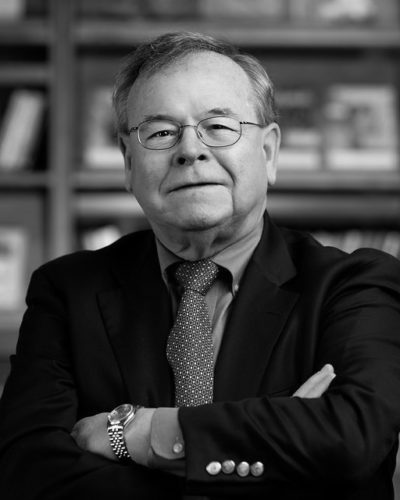


Brian Flannery
Visiting Fellow at Resources for the Future



Brian Flannery
Visiting Fellow at Resources for the Future
Brian Flannery is a Visiting Fellow at Resources for the Future, where he continues his work on climate and energy issues from his time at Exxon’s Corporate Research Laboratory where he conducted research and organized international workshops, including on how to calculate corporate emissions.



Briana Schmidt
Staff Scientist at Lawrence Livermore National Laboratory



Briana Schmidt
Staff Scientist at Lawrence Livermore National Laboratory
Briana Schmidt is a Staff Scientist at Lawrence Livermore National Laboratory. She works with the Carbon Initiative, which aims to understand, develop, and implement technologies for the removal of carbon dioxide from the atmosphere. Her areas of focus are geologic sequestration of carbon dioxide and carbon mineralization and advancing the deployment of these technologies. Briana holds a BA in Earth Science from Boston University and a MS in Geological Sciences from the University of North Carolina at Chapel Hill.
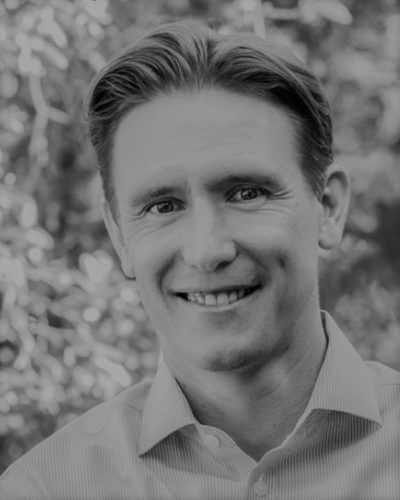


Brook Porter
Partner at G2 Venture Partners



Brook Porter
Partner at G2 Venture Partners
A respected investor, advisor and entrepreneur at the intersection of technology and sustainability, Brook Porter brings decades of energy, transportation and agriculture expertise as a founding partner of G2VP. Previous to founding G2VP, Brook was a partner at Kleiner Perkins for nearly a decade. Prior to that he was a serial entrepreneur, Brook co-founded two sustainable transportation companies. Brook holds a B.S. degree in chemical engineering from the University of California, Berkeley, with an emphasis in environmental technology.
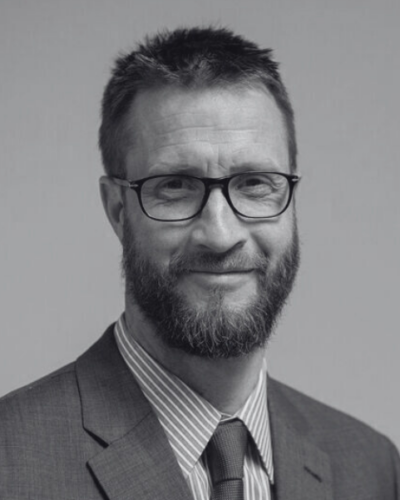

Brooke Coleman
Executive Director of the Advanced Biofuels Business Council
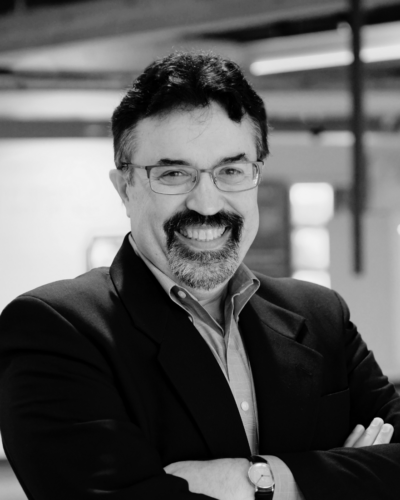

Bruce Fleming
CEO of Montana Renewables



Bryan Comer
Marine Program Lead at the International Council on Clean Transportation



Bryan Comer
Marine Program Lead at the International Council on Clean Transportation
Bryan is a lead author of the Fourth International Maritime Organization Greenhouse Gas Study and is an expert on Arctic shipping issues, including efforts to reduce black carbon emissions and the use of heavy fuel oil. Bryan’s work highlights how maritime transportation can transition away from fossil-fueled ships to zero emission vessels.
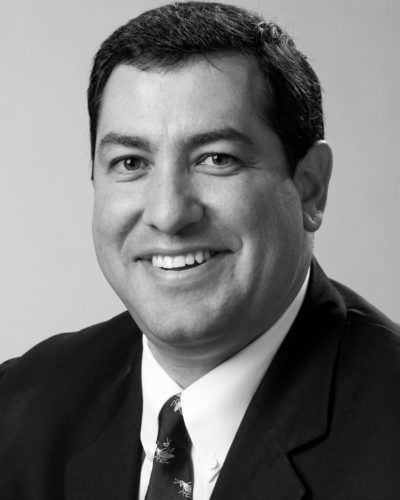


Bryan Garcia
Connecticut Green Bank President and CEO



Bryan Garcia
Connecticut Green Bank President and CEO
Bryan Garcia is the President and CEO of Connecticut Green Bank, the nation’s first green bank.
Previously, Garcia was program director for the Yale Center for Business and the Environment and served as Connecticut’s Climate Change Coordinator where he supported the Governor’s Steering Committee on Climate Change.
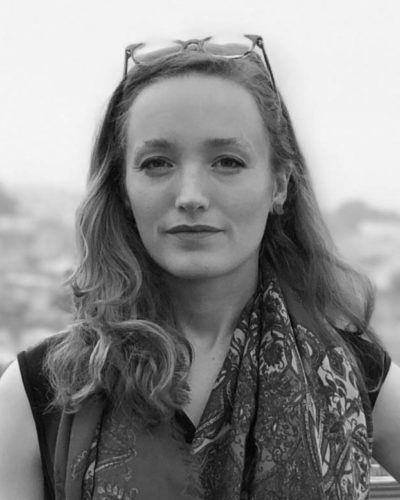


Caroline Spears
Executive Director of Climate Cabinet Action



Caroline Spears
Executive Director of Climate Cabinet Action
Caroline Spears is the founder and director of Climate Cabinet, which supports climate campaign messaging. Before Climate Cabinet, she worked in solar project finance, analyzing 6 GW of solar in 8 markets that represent ~$7.2 billion in solar investment. Caroline graduated with her B.S. and M.S. in Atmosphere and Energy Engineering from Stanford University.
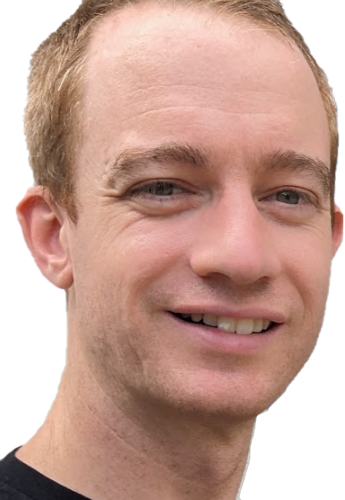


Casey Handmer
Founder



Casey Handmer
Founder
Casey Handmer is the founder of Terraform Industries, a company building synthetic natural gas from sunlight and air. He has worked on optics, gravitation, magnetic machinery, astrophysics, GPS, planetary mapping, and scrolls.
Featured In:
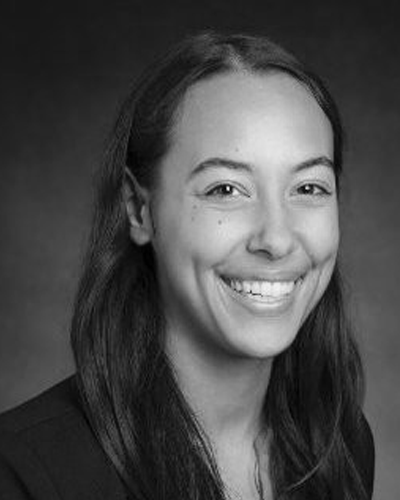


Cecilia Klauber
Power Systems Engineer, Lawrence Livermore National Laboratory



Cecilia Klauber
Power Systems Engineer, Lawrence Livermore National Laboratory
Cecilia Klauber is the Power Systems Engineer in the Cyber and Infrastructure Resilience Group at the Lawrence Livermore National Laboratory. She has a PhD in Electrical and Computer Engineering from Texas A&M University.
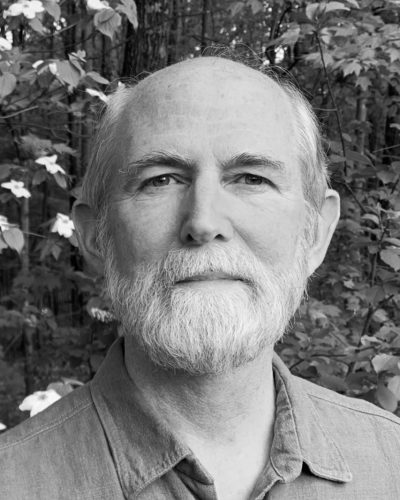


Charles Canham
Forest Ecologist



Charles Canham
Forest Ecologist
Dr. Canham is a Forest Ecologist at The Cary Institute of Ecosystem Studies, one of the world’s leading independent environmental research organizations. Previously, Charles served as a volunteer trustee of a Nature Conservancy chapter for more than 20 years before being asked to resign after voicing his concerns about their approach to forest carbon offsets.
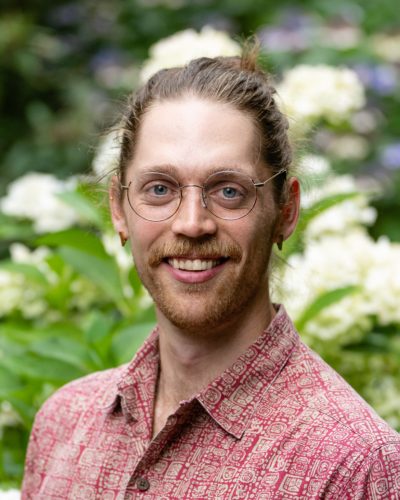


Charles Cannon
Manager, Climate Intelligence, RMI



Charles Cannon
Manager, Climate Intelligence, RMI
Charles is a Manager with RMI’s Climate Intelligence program, working at the intersection of environmental reporting, technology, and industrial decarbonization. Charles oversees a team that improves disclosure and exchange of GHG data in mining, metals, fuels, and electricity by developing impact-based reporting guidance. By developing a community of practice across NGO, governmental, and corporate practitioners, Charles works within RMI’s Horizon Zero team to close the ambition action gap between corporate sustainability goals and emissions reduction.
Before joining RMI, Charles went to school for mechanical engineering at Stevens Institute of Technology and worked as an engineer for a solar company, designing 50MW+ of commercial & industrial solar projects across the US.
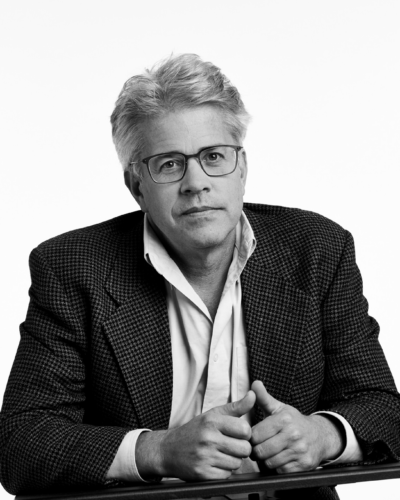


Charles Harvey
Professor of Civil and Environmental Engineering, MIT



Charles Harvey
Professor of Civil and Environmental Engineering, MIT
Charles Harvey is a hydrologist and biogeochemist. His theoretical work has lead to fundamental advances in understanding chemical transport and reaction in flowing groundwater. He has also built large-scale field programs to investigate the interaction of groundwater and seawater in the US, arsenic contamination of groundwater in Bangladesh and Vietnam, and the coupled hydrology and ecology of peat swamp forests in Borneo. He was awarded the M. King Hubbert award for major contributions to the groundwater industry, the Prince Sultan bin Abdulaziz International Prize for Water and the Geological Society of America Meinzer Award for fundamental contributions to hydrology.
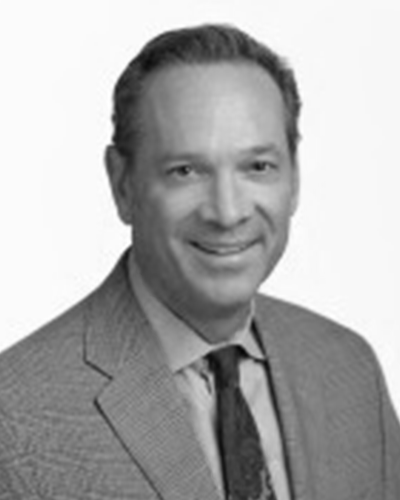


Chris Cooper
President, Neste US



Chris Cooper
President, Neste US
Chris Cooper is the President of Neste US. Prior to that, he was their VP of Renewable Aviation. Chris’ background is with the oil and gas industry. He previously worked with Chevron, Phillips 66, and Mercury Fuels.
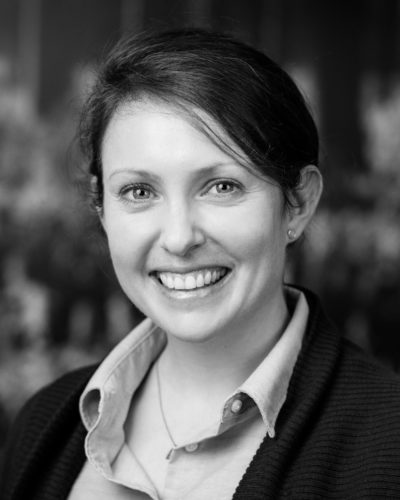


Christine Cadigan
Senior Director of the Family Forest Carbon Program for the American Forest Foundation



Christine Cadigan
Senior Director of the Family Forest Carbon Program for the American Forest Foundation
Christine Cadigan serves as the Senior Director of the Family Forest Carbon Program for the American Forest Foundation (AFF). The Family Forest Carbon Program is a partnership between AFF and The Nature Conservancy, dedicated to empowering family and individual woodland owners to actively care for their woods and increase the carbon sequestered and stored in them. She has her Master of Environmental Management and Master of Forestry from Duke University’s Nicholas School of the Environment.
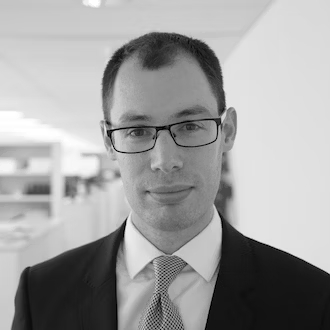


Christophe McGlade
Head of the Energy Supply Unit, International Energy Agency



Christophe McGlade
Head of the Energy Supply Unit, International Energy Agency
Christophe McGlade is the Head of the Energy Supply Unit and leads the energy supply and climate analysis for the World Energy Outlook series. He was a lead author for the recent IEA special reports on Net Zero by 2050: A roadmap for the global energy sector; Sustainable Recoveries; and the oil and gas industry in energy transitions.
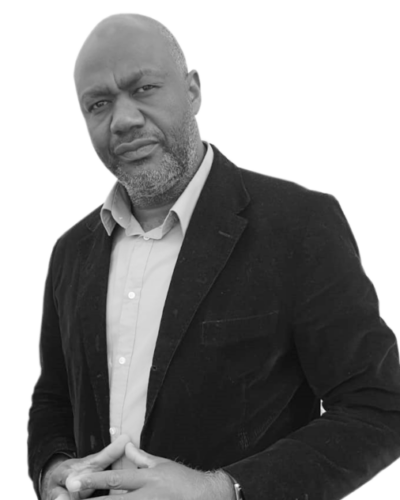


Chukwumerije Okereke
Professor of Global Climate and Environmental Governance, Director of Center for Climate and Development, Alex Ekwueme Federal University Ndufu-Alike



Chukwumerije Okereke
Professor of Global Climate and Environmental Governance, Director of Center for Climate and Development, Alex Ekwueme Federal University Ndufu-Alike
Chukwumerije Okereke is a Professor of Global Climate and Environmental Governance and Director of Center for Climate and Development at Alex Ekwueme Federal University Ndufu-Alike, Nigeria. Previously, he was a Professor of Environment and Development at the University of Reading where he also serves as the Co-Director of Climate and Justice Centre and the Leverhulme Climate Justice Doctoral Scholarship Programe. Before joining Reading University, he was a Senior Research Fellow and Head of Climate and Development Centre at the Smith School Enterprise and the Environment, University of Oxford, respectively. He remains a visiting fellow at Oxford University’s Environmental Change Institute (ECI). Professor Okereke’s work is devoted to understanding the mix of policies, strategies, and institutional arrangements that can help to address climate change and natural resource degradation in Africa in the context of sustainable development and Africa’s structural economic transformation.
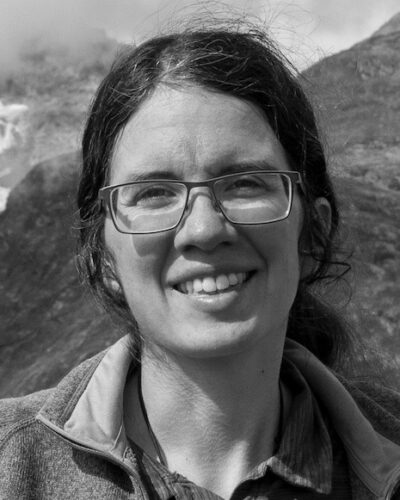


Claudia Wieners
Assistant Professor at the Institute for Marine and Atmospheric Research, Utrecht University



Claudia Wieners
Assistant Professor at the Institute for Marine and Atmospheric Research, Utrecht University
Claudia Wieners is an Assistant Professor at the Institute for Marine and Atmospheric research, Utrecht (IMAU). Wieners works in Earth System Modelling (climate physics), with a sideline in economics and complexity. Her main research interest is to assess if – and how – Solar Geoengineering could help to mitigate climate change. Wieners hopes to contribute towards wise decision making about Geoengineering by helping to chart its effects on climate – both beneficial and risky – and investigating simple future scenarios on the possible role of Geoengineering in climate economics.
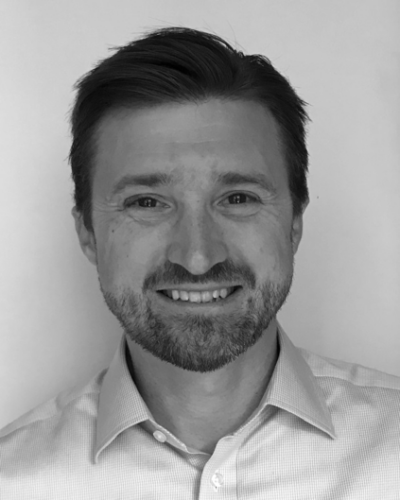


Colin McCormick
Chief Innovation Officer



Colin McCormick
Chief Innovation Officer
At Carbon Direct, Dr. Colin McCormick provides science and technology expertise across a wide range of engineered carbon removal methods and industrial decarbonization sectors. He also supports Carbon Direct’s work in remote sensing, life-cycle analysis, and carbon removal policy analysis. He previously served as the Senior Advisor for R&D at the US Department of Energy where he helped oversee the full applied energy research portfolio, and as a Professional Staff Member for the House Science & Technology Committee. Prior to this he conducted research in applied quantum optics and atomic physics at UC Berkeley and NIST. He is an Adjunct Professor in the Science, Technology and International Affairs program, Walsh School of Foreign Service at Georgetown University.
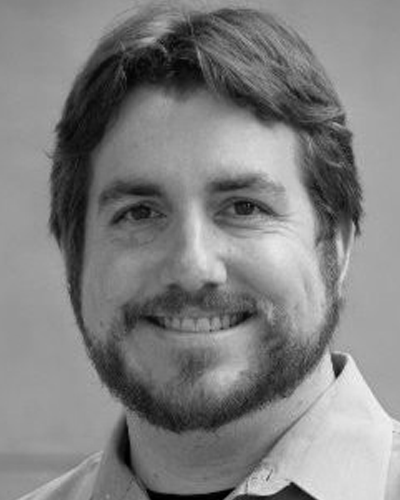


Colin Murphy
Policy Director, UC Davis Policy Institute for Energy, Environment, and the Economy



Colin Murphy
Policy Director, UC Davis Policy Institute for Energy, Environment, and the Economy
Colin Murhpy is the Policy Director at the Policy Institute for Energy, Environment, and the Economy at the University of California Davis. He holds a Phd in Transportation, Technology and Policy from UC Davis.
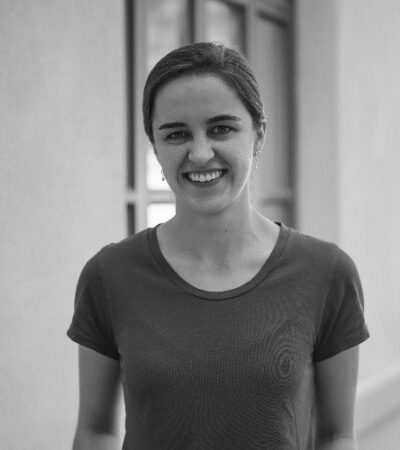


Cora Wyent
Director of Research, Rewiring America



Cora Wyent
Director of Research, Rewiring America
Cora Wyent is Director of Research at Rewiring America, where she is conducting research and analysis to enable rapid electrification of everything in the economy. Prior to Rewiring America, she completed her PhD in Physics at Caltech, where she studied new materials for ultrathin solar cells and performed technoeconomic analysis of new photovoltaic and carbon capture technologies.
Featured In:
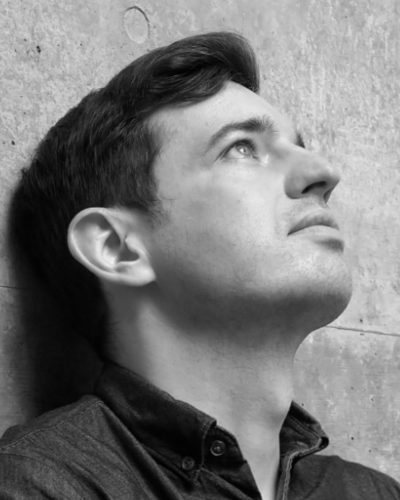


Corey Myers
Engineer at Lawrence Livermore National Laboratory



Corey Myers
Engineer at Lawrence Livermore National Laboratory
Dr. Corey Myers is an engineer studying carbon capture technology at the Lawrence Livermore National Laboratory. His work focuses on capture and mineralization of carbon dioxide. Corey holds a PhD in Mechanical Engineering from Waseda University, Japan.
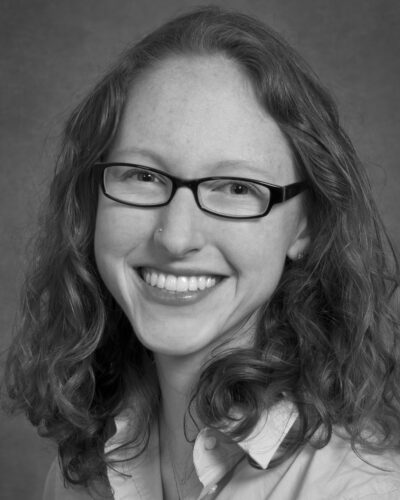


Corinne D. Scown
Deputy Director for Research of the Energy Analysis and Environmental Impacts (EAEI) Division at LBNL



Corinne D. Scown
Deputy Director for Research of the Energy Analysis and Environmental Impacts (EAEI) Division at LBNL
Corinne Scown is the Deputy Director for Research of the Energy Analysis and Environmental Impacts (EAEI) Division at LBNL, Vice President and founder of the Life-cycle, Economics, and Agronomy Division (LEAD) at the Joint BioEnergy Institute (JBEI), and Head of Sustainability at the Energy and Biosciences Institute (EBI). She holds a secondary appointment in the Biological Systems and Engineering Division at LBNL. Scown’s expertise includes life-cycle assessment, technoeconomic analysis, biofuels and bioproducts, air quality impacts of vehicle electrification, strategies for atmospheric carbon removal, and co-management of energy and water. She has led projects funded by the U.S. Department of Energy, California Energy Commission, California Air Resources Board, and Energy Biosciences Institute. She has led the development of online tools for TEA, LCA, and bio-based feedstock assessment, including BioC2G and the Biositing tool. Scown was awarded the ACS Sustainable Chemistry & Engineering Lectureship in 2022 for her work on TEA and LCA of emerging technologies and served as a member of the National Academies of Sciences, Engineering, and Medicine’s Committee on Current Methods for Life Cycle Analyses of Low-Carbon Transportation Fuels in the United States. Scown earned a B.S. in civil engineering with a double-major in engineering and public policy at Carnegie Mellon University, and she received her Ph.D. and M.S. in civil and environmental engineering at UC Berkeley.
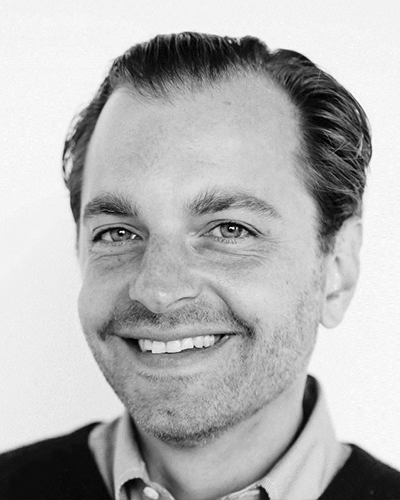


Cullen Kasunic
CFO, BlocPower



Cullen Kasunic
CFO, BlocPower
Cullen is the CFO at BlocPower, a climate tech company rapidly greening American cities. The company has completed energy projects in 1,200+ buildings and is backed by the world’s top investors, including Goldman Sachs and Microsoft’s Climate Innovation Fund. In 2022, Fast Company named BlocPower the #4 Most Innovative Company in the World.
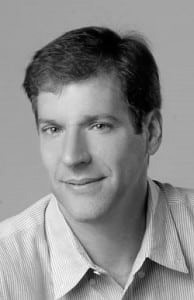


Dan Kammen
Professor of Energy at the University of California, Berkeley



Dan Kammen
Professor of Energy at the University of California, Berkeley
Dr. Daniel M. Kammen is a Professor of Energy at the University of California, Berkeley, with parallel appointments in the Energy and Resources Group, the Goldman School of Public Policy where he directs the Center for Environmental Policy, and the department of Nuclear Engineering. Kammen is the founding director of the Renewable and Appropriate Energy Laboratory (RAEL; rael.berkeley.edu), and was Director of the Transportation Sustainability Research Center from 2007 – 2015.
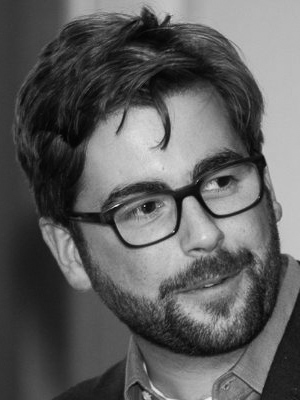


Danny Cullenward
Policy Director at CarbonPlan



Danny Cullenward
Policy Director at CarbonPlan
Danny Cullenward is the Policy Director at CarbonPlan, a data hub that aims to improve transparency and scientific integrity of carbon removal and climate solutions. He is an energy economist and lawyer focused on the design and implementation of scientifically grounded climate policy. He holds a JD and PhD from Stanford University, where he teaches classes on energy law and climate policy.
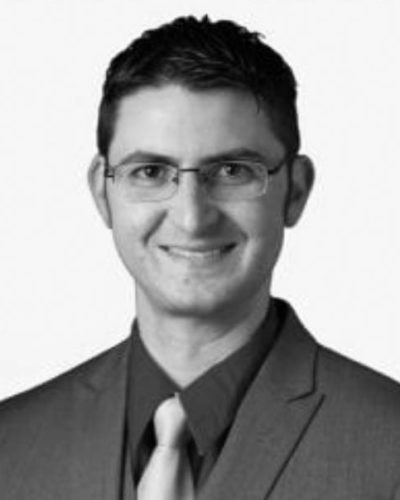


Danny Richter
Vice President of Government Affairs, Citizens’ Climate Lobby



Danny Richter
Vice President of Government Affairs, Citizens’ Climate Lobby
Dr. Daniel Richter is the Vice President of Government Affairs at Citizens’ Climate Lobby (CCL) where he develops legislative strategy and policy initiatives.
He obtained his Ph. D. in oceanography from UC San Diego, but switched his focus to climate policy and established the Washington DC office for CCL, where he has now been for eight years.
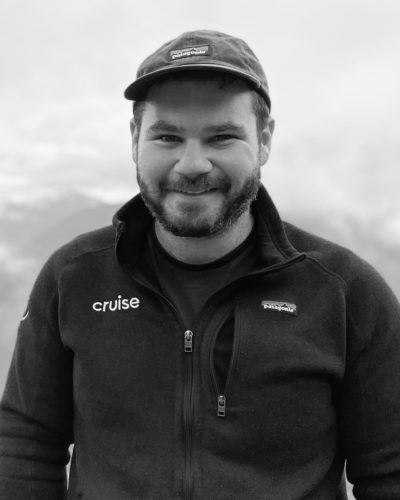


Dave Rubin
Head of Policy Research at Cruise



Dave Rubin
Head of Policy Research at Cruise
Dave Rubin is the Head of Policy Research at Cruise, a rideshare provider powered by self-driving, all-electric cars. Previously, he worked in strategic management consulting in Washington D.C. with a focus on transportation. Dave has a Master of Arts in Energy, Resources, and the Environment from Johns Hopkins University.
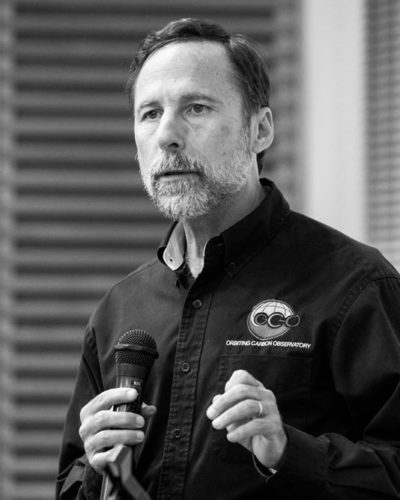


David Crisp
Senior Research Scientist at NASA JPL



David Crisp
Senior Research Scientist at NASA JPL
David Crisp is a Senior Research Scientist at NASA Jet Propulsion Laboratory and the Science Team Leader for the Orbiting Carbon Observatory (OCO) 2 and 3 missions. He served as the Principal Investigator for the first OCO mission, the first NASA mission designed to measure the sources and sinks of atmospheric CO2 from space.
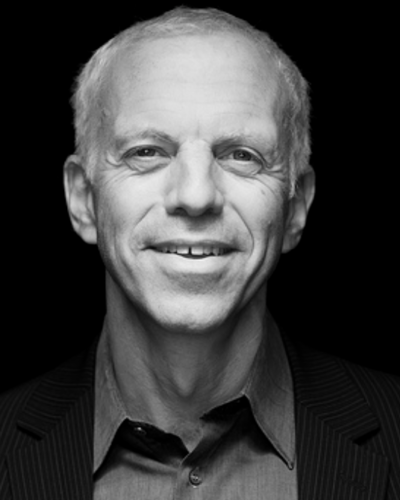


David Fenton
Founder, Fenton: The Social Change Agency



David Fenton
Founder, Fenton: The Social Change Agency
David Fenton, named “one of the 100 most influential P.R. people” by PR Week and “the Robin Hood of public relations” by The National Journal, founded Fenton in 1982 to create communications campaigns for the environment, public health and human rights. For more than five decades he has pioneered the use of PR, social media and advertising techniques for social change. Fenton started his career as a photojournalist in the late 1960s. He was formerly director of public relations at Rolling Stone magazine and co-producer of the No-Nukes concerts in 1979 at Madison Square Garden with Bruce Springsteen and other artists.
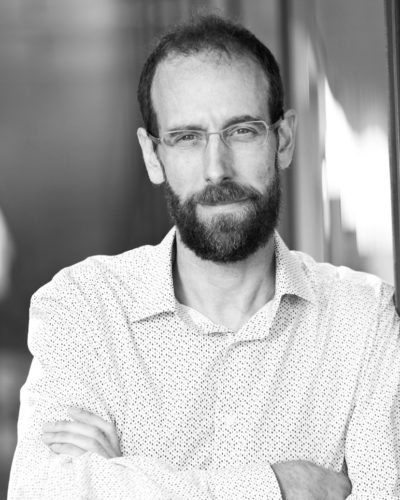


David Keith
Harvard University Climate and Energy Scientist



David Keith
Harvard University Climate and Energy Scientist
David Keith is an internationally-recognized climate and energy scientist and entrepreneur, and a professor of applied physics and public policy at Harvard University, specializing in energy and environmental systems, and science technology policy.
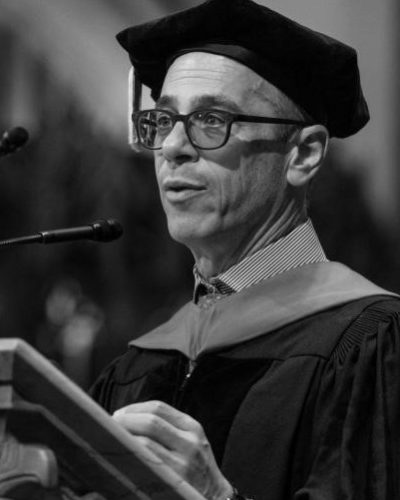


David Weisbach
Professor at the University of Chicago Law School



David Weisbach
Professor at the University of Chicago Law School
Dr. David Weisbach is a lawyer and economist and the Walter J. Blum Professor of Law at the University of Chicago. He is also a Senior Fellow at the University of Chicago Computation Institute and Argonne National Laboratories and an International Research Fellow at the Said School of Business, Oxford University.
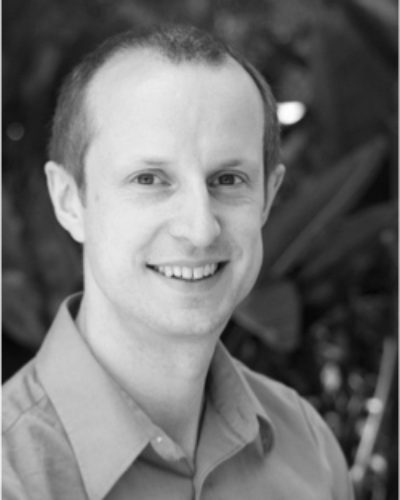


Derik Broekhoff
Senior Scientist at the Stockholm Environment Institute



Derik Broekhoff
Senior Scientist at the Stockholm Environment Institute
Derik Broekhoff is a Senior Scientist with the Stockholm Environment Institute and the former Vice President of Policy at Climate Action Reserve, which is a carbon offset registry.
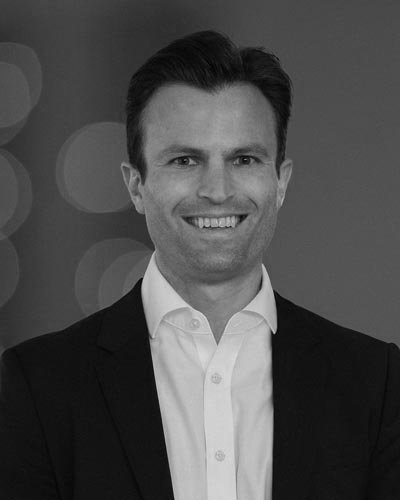


Doug Miller
Deputy Director, Market & Policy Innovation, CEBI



Doug Miller
Deputy Director, Market & Policy Innovation, CEBI
Doug Miller is the Deputy Director, Market & Policy Innovation at the Clean Energy Buyers Institute (CEBI). Previously he was a Global Markets Lead at Energy Web where he led strategic partnerships and market initiatives to accelerate energy sector decarbonization and digitization with public, open-source decentralized technologies. Before that, he was a Manager at RMI (formerly Rocky Mountain Institute).
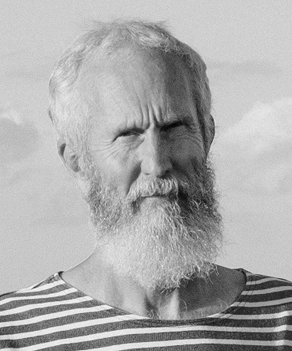


Doyne Farmer
Director of the Complexity Economics programme at the Institute for New Economic Thinking at the Oxford Martin School



Doyne Farmer
Director of the Complexity Economics programme at the Institute for New Economic Thinking at the Oxford Martin School
Dr. Farmer is the Director of the Complexity Economics programme at the Institute for New Economic Thinking at the Oxford Martin School, Baillie Gifford Professor of Mathematics at the University of Oxford, and an External Professor at the Santa Fe Institute. While a graduate student in the 1970s, Dr. Farmer built the first wearable digital computer, which was successfully used to predict the game of roulette.





Dr. Amory Lovins
Adjunct Professor of Civil and Environmental Engineering, Stanford University





Dr. Amory Lovins
Adjunct Professor of Civil and Environmental Engineering, Stanford University
Amory has been an energy advisor to major firms and governments in 70+ countries for over 45 years; is the author of 31 books and more than 700 papers; and is an integrative designer of super-efficient buildings, factories, and vehicles. Time has named Amory one of the world’s 100 most influential people, and Foreign Policy, one of the 100 top global thinkers.
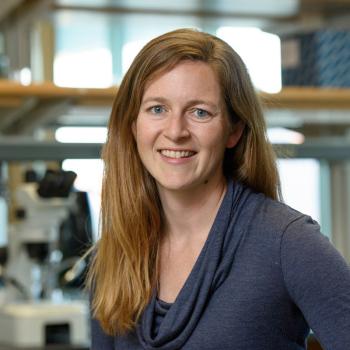


Dr. Erin Mordecai
Associate Professor Of Biology And Senior Fellow At The Woods Institute For The Environment



Dr. Erin Mordecai
Associate Professor Of Biology And Senior Fellow At The Woods Institute For The Environment
My research focuses on the ecology of infectious disease. I am interested in how climate, species interactions, and global change drive infectious disease dynamics in humans and natural ecosystems. This research combines mathematical modeling and empirical work.
I finished my PhD in 2012 at the University of California Santa Barbara in Ecology, Evolution, and Marine Biology. I then completed a 2-year NSF postdoctoral research fellowship in the Intersection of Biology and Mathematical and Physical Sciences and Engineering at the University of North Carolina at Chapel Hill and North Carolina State University. I have been at Stanford since January 2015.
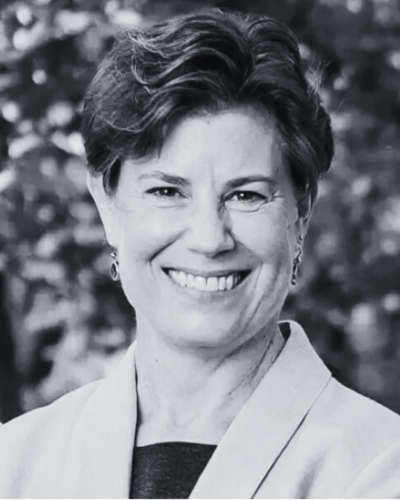

Dr. Jennifer Jenkins
Chief Science Officer at Rubicon Carbon
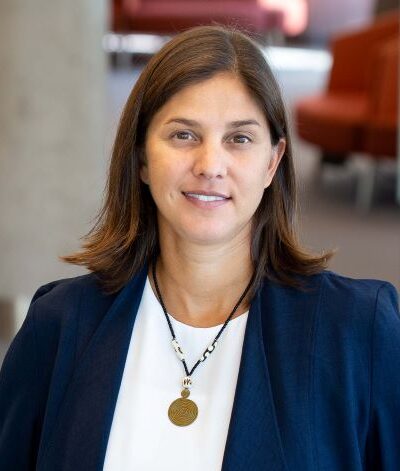


Dr. Manisha Kulkarni
Associate Professor



Dr. Manisha Kulkarni
Associate Professor
Dr. Kulkarni is an Associate Professor in the School of Epidemiology and Public Health at the University of Ottawa. She holds a PhD in Medical Entomology (2006) and a BSc in Environmental Biology (2001) from McGill University, and has worked extensively on malaria biology, epidemiology and control in sub-Saharan Africa. Prior to joining the University of Ottawa, Dr. Kulkarni held positions as an Epidemiologist in the Centre for Food-borne, Environmental and Zoonotic Infectious Diseases at the Public Health Agency of Canada (PHAC), and Health Specialist at the Canadian International Development Agency (CIDA).
Du Nguyen
Staff Scientist, Lawrence Livermore National Laboratory
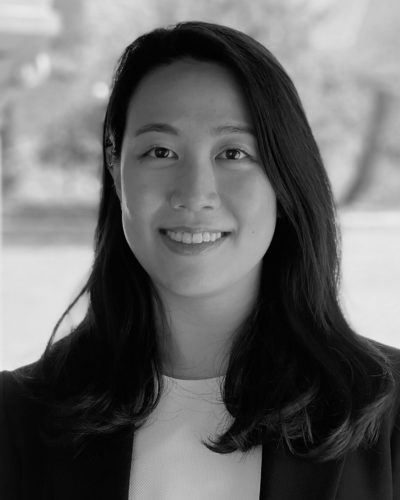


EJ Baik
Recent PhD Graduate, Energy Resources Engineering at Stanford University



EJ Baik
Recent PhD Graduate, Energy Resources Engineering at Stanford University
Dr. EJ Baik is a recent PhD graduate in the department of Energy Resources Engineering at Stanford University. Her research focuses on decarbonization of large-scale energy systems, and most recently she worked to model pathways to achieve a net-zero energy grid in California by 2045. She holds a PhD degree from Stanford University and a Bachelors in Civil and Environmental Engineering from Princeton University.
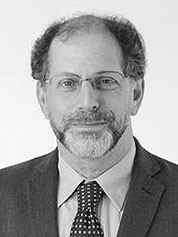


Edwin Lyman
Director, Nuclear Power Safety at Union of Concerned Scientists



Edwin Lyman
Director, Nuclear Power Safety at Union of Concerned Scientists
Edwin Lyman is an internationally recognized expert on nuclear proliferation and nuclear terrorism as well as nuclear power safety and security. He is a member of the Institute of Nuclear Materials Management, and has testified numerous times before Congress and the Nuclear Regulatory Commission. Since joining UCS in 2003, he has published articles in a number of journals and magazines, including Science, the Bulletin of the Atomic Scientists, Science and Global Security, and Arms Control Today, and he has been cited in thousands of news stories, including articles in the Boston Globe, Chicago Tribune, Los Angeles Times, New York Times, Wall Street Journal, Washington Post, and USA Today, and in segments on ABC, CBS, CNN, C-SPAN, MSNBC, NBC, NPR and PBS.
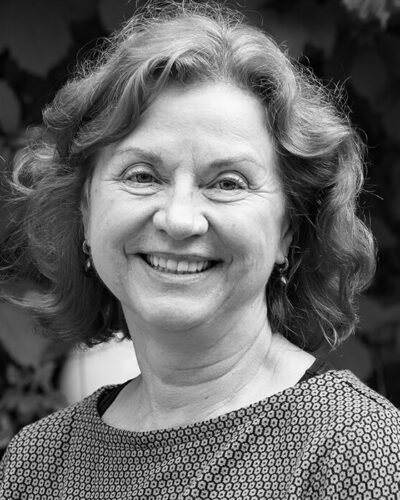


Elke Weber
Professor of Psychology, Columbia University, Princeton University



Elke Weber
Professor of Psychology, Columbia University, Princeton University
Elke U. Weber is the Jerome A. Chazen Professor of International Business at Columbia Business School and Professor of Psychology and Earth Institute Professor at Columbia University. She is an expert on behavioral models of decision-making under risk and uncertainty, investigating psychologically and neurally plausible ways to model individual differences in risk taking and discounting, specifically in risky financial situations and environmental decisions. Weber is past president of the Society for Mathematical Psychology, the Society for Judgment and Decision Making, and the Society for Neuroeconomics. She has edited two major decision journals, serves on the editorial boards of multiple journals across several disciplines and on advisory committees of the U.S. National Academy of Sciences related to human dimensions in global change, and is a lead author in Working Group III for the 5th Assessment Report of the U.N. Intergovernmental Panel on Climate Change (IPCC).
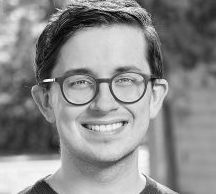


Elwin Hunter Sellers
Postdoctoral Researcher, Lawrence Livermore National Laboratory



Elwin Hunter Sellers
Postdoctoral Researcher, Lawrence Livermore National Laboratory
Dr. Hunter Sellars’ primary research focus is utilizing porous and functional materials for adsorption applications. They are currently involved in several research projects related to point source and direct air capture of carbon dioxide, taking on both an experimental and analytical role within these teams.
The majority of their experimental work is split between two research questions. The first is a Basic Energy Science project investigating the mechanisms of oxidative degradation in supported aminopolymer DAC adsorbents. Their role is twofold: physical and chemical characterization of degraded composites’ material properties (including surface area, mobility, and elemental composition); and synthesis of porous supports with controlled porosity and chemistry to understand their impact on composite stability. The second is a collaboration with Palo Alto Research Center, investigating the performance of free-standing aminopolymer aerogels. LLNL’s role, in which Elwin is the primary experimentalist, focuses on development of testing capabilities, and their application to realistic testing of powder and structured adsorbents prepared by PARC’s chemistry team.
Outside of experimental work, Elwin is a member of the team leading the direct air capture section of the Roads to Removal report, analyzing the potential for several carbon dioxide removal technologies within the United States. With the team, Elwin takes on a supporting role, conducting geospatial analysis of alternative heat sources and investigating energy, equity and environmental justice concerns related to DAC technologies.





Emily Wasley
Head of Corporate Climate Resilience for WSP USA





Emily Wasley
Head of Corporate Climate Resilience for WSP USA
Emily Wasley leads WSP USA’s corporate climate risk, adaptation, and resilience practice. She also serves as a west coast Future Ready Advisor for WSP USA, President of the Board of Directors for the American Society of Adaptation Professionals (ASAP), Steering Committee member for Women in Climate Tech (WiCT), a fellow to the American Security Project (ASP), and a Blue Endeavors Ambassador.
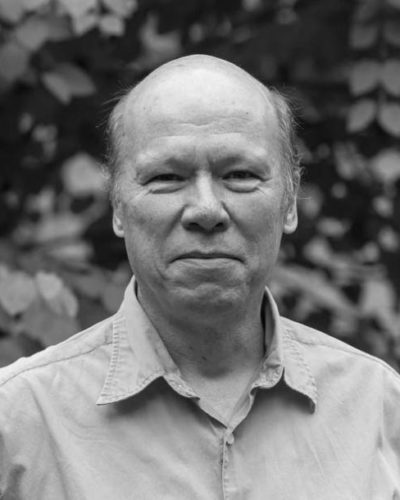


Eric Larson
Princeton Andlinger Center Senior Research Engineer



Eric Larson
Princeton Andlinger Center Senior Research Engineer
Dr. Eric Larson is a Senior Research Engineer at Princeton’s Andlinger Center for Energy and the Environment and a lead author of the Net-Zero America Report – a Princeton University research initiative that provides five pathways to achieve net-zero emissions in the US by 2050.
He is also a Senior Scientist at Climate Central, a nonprofit that researches and reports on the science and impacts of climate change.
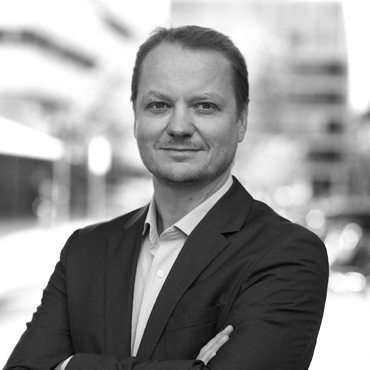


Frank Biermann
Professor of Global Sustainability Governance, Utrecht University



Frank Biermann
Professor of Global Sustainability Governance, Utrecht University
Frank Biermann is a research professor of Global Sustainability Governance with the Copernicus Institute of Sustainable Development at Utrecht University, The Netherlands. Biermann pioneered the ‘earth system’ governance paradigm in global change research in 2005 and was the founder and first chair (2008-2018) of the Earth System Governance Project, a leading global transdisciplinary research network of sustainability scholars. He currently directs a 2.5-million EUR research program on the steering effects of the Sustainable Development Goals, supported by an ERC ‘Advanced Grant’ awarded to him in 2018, among other functions.
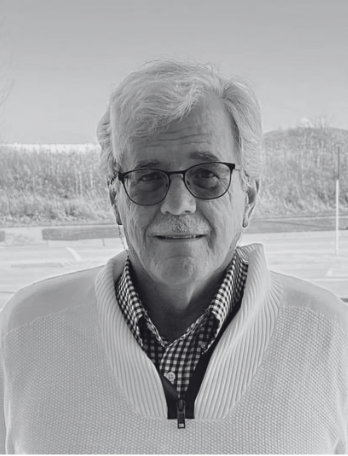


George Hoekstra
President of Hoekstra Trading



George Hoekstra
President of Hoekstra Trading
George Hoekstra is a leading expert on Renewable Identification Numbers, helping the industry to understand RINs through his company, Hoekstra Trading.
Featured In:
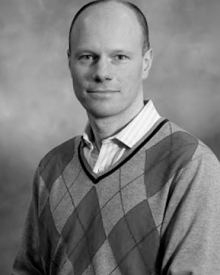


George Peridas
Director, Carbon Management Partnerships at Lawrence Livermore National Laboratory



George Peridas
Director, Carbon Management Partnerships at Lawrence Livermore National Laboratory
George Peridas is the Energy Program Director, Carbon Management Partnerships at the Lawrence Livermore National Laboratory. He is responsible for promoting partnerships that result in the advancement and deployment of carbon management solutions and technologies, including the removal of carbon dioxide from the atmosphere, or so-called negative emissions. George’s recent experience of over a decade in the environmental NGO world has made him well versed in the fields of policy, legislation and regulation relevant to climate change, carbon management and energy, and keenly aware of the spectrum of views that need to be reconciled in order to reach meaningful consensus in this field.
George’s background in energy markets consulting and scientific research in an academic environment enable him to translate complex information into lay language in order to advance multiple goals.
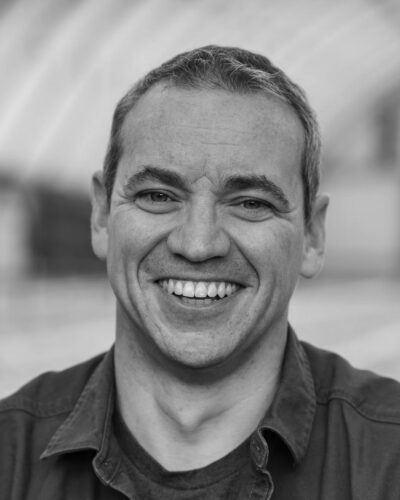


Grant Canary
Founder and CEO, Mast Reforestation



Grant Canary
Founder and CEO, Mast Reforestation
Grant Canary is Founder and Chief Executive Officer of Mast Reforestation which was established by the team as a parent company to DroneSeed. The company is provides no upfront cost reforestation after wildfire and supplies seed and seedlings through its subsidiaries Silvaseed and Cal Forest, manages planting crews, and is able to provide financing by utilizing carbon offsets. Grant has focused his entire career on sustainability—working at Vestas wind energy in China, the US and Denmark, and for the US Green Building Council in its infancy. He founded Biosystems Co., in Bogotá, Colombia that utilized food waste to feed insect larvae for use as industrial fish feed— alleviating overfishing pressure and utilizing food waste. He worked with the acquirer to scale that company to a 60k square feet insect protein factory.
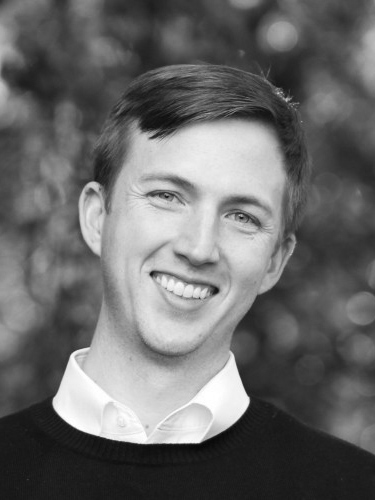


Grayson Badgley
Postdoctoral Fellow at Black Rock Forest and Columbia University



Grayson Badgley
Postdoctoral Fellow at Black Rock Forest and Columbia University
Grayson Badgley is a Postdoctoral Fellow in Forest Ecology at Black Rock Forest (BRF) and Columbia University. Grayson is an ecologist studying how leaf-level physiology affects global-scale biogeochemical cycles. His work at BRF focuses on refining new methods for quantifying whole-canopy light capture. Grayson holds a PhD in plant physiology from Stanford University and an MSc in environmental management from the University of Oxford.
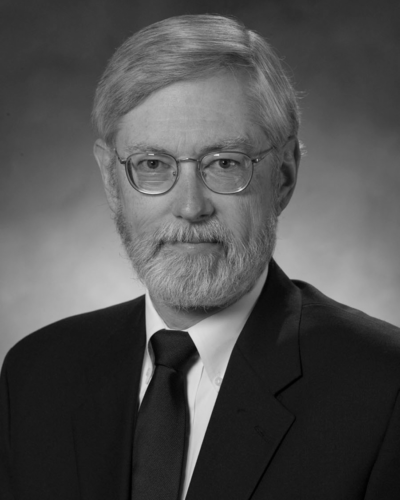


Greg Rau
Co-founder and CTO, Planetary Technologies



Greg Rau
Co-founder and CTO, Planetary Technologies
Greg Rau is a biogeochemist, and a Co-founder and Chief Technology Officer at Planetary Technologies. Planetary has developed a method of performing Ocean Alkalinity Enhancement (OAE) that they believe, if done at scale, can rebalance the carbon in our atmosphere and oceans.
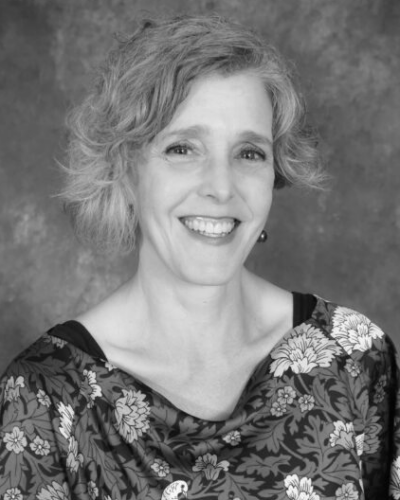


Heather Clancy
VP, Editor at Large, GreenBiz Group



Heather Clancy
VP, Editor at Large, GreenBiz Group
Heather Clancy specializes in chronicling the leadership strategies enabling corporate climate action and the transition to a clean, inclusive and regenerative economy. An award-winning journalist, she started her journalism career on the business desk of United Press International, and her articles have appeared in Entrepreneur, Fortune, The International Herald Tribune and The New York Times.
Clancy was the launch editor for the Fortune Data Sheet, the magazine’s newsletter dedicated to the business of technology. She co-authored the Amazon best-seller for entrepreneurs, “Niche Down, How to Become Legendary By Being Different.” She is proud to serve on the boards of the WSLA Alumnae Group, a mentorship organization dedicated to nurturing feminine leadership in the corporate sustainability movement, and EcoAthletes, a collective of collegiate, professional and amateur athletes dedicate to using their voices to surface solutions to climate change.
Featured In:



Hilari Varnadore
Vice President for Cities, US Green Building Council



Hilari Varnadore
Vice President for Cities, US Green Building Council
Currently, Hilari supports local governments around the world engaged in sustainability reporting and accountability. She heads up USGBC’s LEED for Cities program, which includes administering the Local Government Leadership Program. Hilari is the staff liaison to the LEED Cities and Communities Working Group (CCWG), the formal stakeholder body that advises the LEED Steering Committee on cities and communities related issues.
Previously Hilari led STAR Communities as its executive/founding director. In that capacity, she deployed the first framework and certification program for local sustainability in the US, the STAR Community Rating System. She has served as a chief sustainability officer and principal planner in local government and has led two nonprofit organizations as CEO.
Hilari’s areas of expertise include strategic planning, facilitation, program development and administration, policy development, governance, stakeholder engagement, fundraising, marketing and communications.



Hiro Iwanaga
Co-founder and CEO, Talus Renewables



Hiro Iwanaga
Co-founder and CEO, Talus Renewables
Hiro Iwanaga is the co-founder and CEO of Talus Renewables, a modular green ammonia company enabling local production of a critical raw material, reliably and sustainably. Previously, he worked at Baupost Group. He has both a Bachelor and a Master from Stanford University.
Featured In:
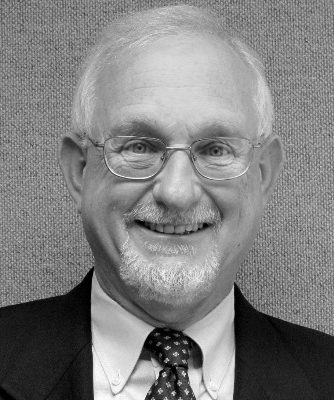


Howard Herzog
MIT Energy Initiative Senior Research Engineer



Howard Herzog
MIT Energy Initiative Senior Research Engineer
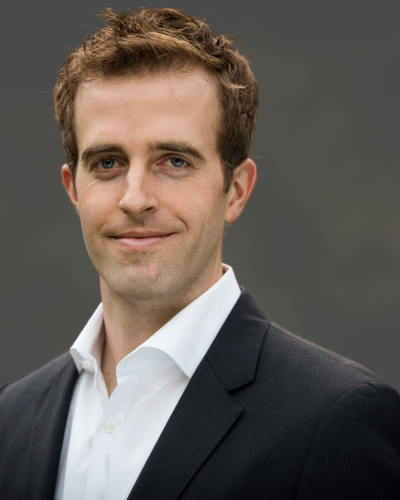


Ian Bolliger
Rhodium Group



Ian Bolliger
Rhodium Group
Ian Bolliger is a Climate Data Scientist for the Energy & Climate practice at Rhodium Group and an Affiliate at the Climate Impact Lab. Ian constructs and applies simulation-based models to understand the economic impacts of climate change. His work, which focuses on extreme event risk, forms part of the Climate Impact Lab’s efforts to understand the costs of climate change, and it contributes to a variety of Rhodium’s other climate impacts projects. Ian comes to Rhodium after completing his PhD in Energy and Resources at UC Berkeley, where he developed approaches to better leverage process-based modeling in the field of econometrics. Prior to that, he worked as a disease modeler at the Institute for Health Metrics and Evaluation. He has a Bachelor’s degree in Applied Mathematics from Harvard University and a Master’s degree in Civil and Environmental Engineering from UC Berkeley.
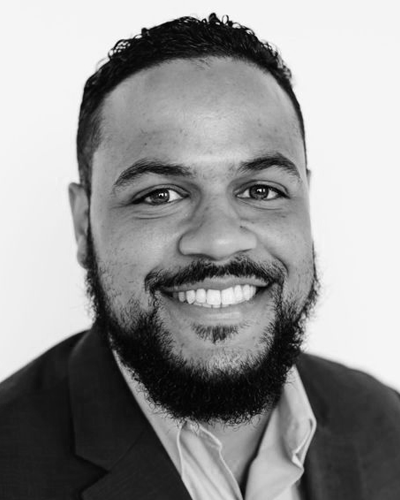


Ian Harris
Business Development Manager, BlocPower



Ian Harris
Business Development Manager, BlocPower
Ian Harris is the Business Development Manager at BlocPower. He earned a BA from Harvard University where he studied Politics and Government. He previously worked for the City of New York and the New York State Department of Labor.
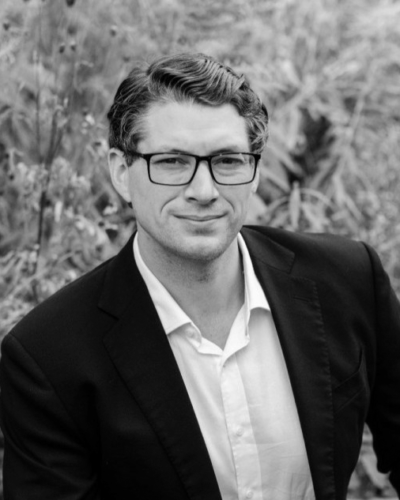


James Lindsay
Vice President of Investment, Builders Vision



James Lindsay
Vice President of Investment, Builders Vision
James Lindsay is the Vice President of Investment at Builders Vision, an impact platform dedicated to supporting people and organizations building a more humane and healthy planet through philanthropy, investment and advocacy.
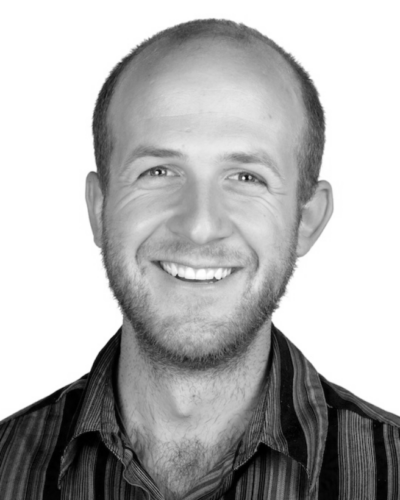


James Regulinski
Co-Founder, Carbon Collective



James Regulinski
Co-Founder, Carbon Collective
James Regulinski is co-founder of Carbon Collective, a company providing low-fee, diversified investment portfolios built for solving climate change, where he leads product, customer success, and compliance. Prior to starting Carbon Collective with Zach Stein in 2020, he and Stein worked at Osmo Systems, where they built a low-cost water-quality sensor and monitoring platform and raised more than $4 million to commercialize and scale the technology, which won Imagine H2O’s 2018 prize for innovation. Regulinski began his career in sustainability at ALL Power Labs, a company that converted carbonous agricultural waste products into low-carbon electricity and a waste product that sequesters carbon. An engineer by training, his passion for sustainability began as a child, sailing around the world for five years with his family and witnessing humanity’s negative impact on the natural world.
Featured In:
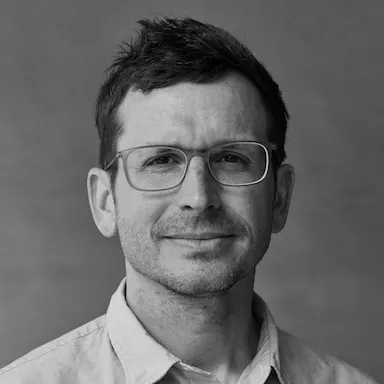


Jeff Chapin
Co-founder and CPO, Haven Energy



Jeff Chapin
Co-founder and CPO, Haven Energy
Co-founder and former CPO of Casper. Designer at IDEO for ten years. Currently electrifying his c. 1918 home.
Featured In:
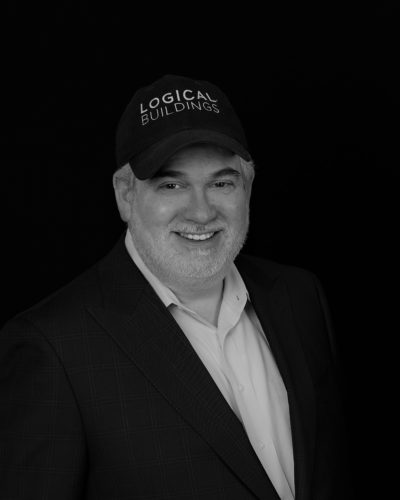


Jeff Hendler
Co-Founder and CEO, Logical Buildings



Jeff Hendler
Co-Founder and CEO, Logical Buildings
Jeff Hendler serves as Co-Founder and Chief Executive Officer of Logical Buildings. Jeff represents Logical Buildings as an Innovation Member of the Smart Cities Council and Board Member of Green Button Alliance. He also serves on the executive committee of the National Energy Marketers Association as their Smart Grid Committee Chairman. In addition, he is an active voting member of the NYISO and PJM Interconnection wholesale power grids.
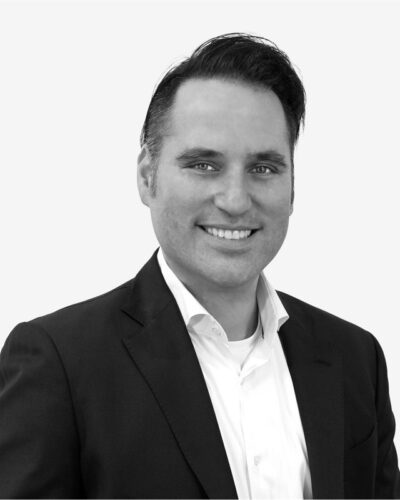

Jeffrey Prosserman
Founder and CEO, Voltpost
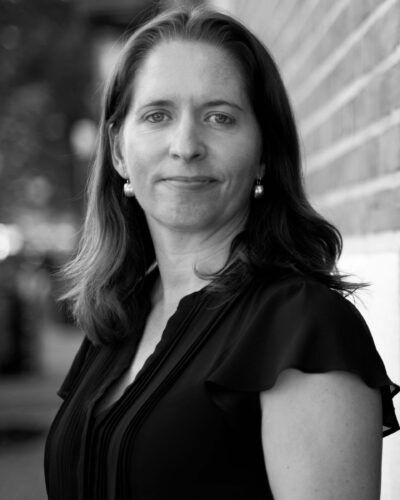


Jennie Stephens
Professor of Sustainability Science and Policy, Northeastern University



Jennie Stephens
Professor of Sustainability Science and Policy, Northeastern University
Jennie C. Stephens is the Dean’s Professor of Sustainability Science and Policy at Northeastern University, and, for the 2023-2024 academic year, a Radcliffe-Salata Climate Justice Fellow at Harvard University. Stephens’ research, teaching, and community engagement focus on social-political aspects of renewable energy transformation, energy democracy, climate resilience, reducing fossil-fuel reliance, gender diversity in energy and climate, and social, economic and racial justice in climate and energy policy. Before coming to Northeastern, she taught at University of Vermont, Clark University, Tufts and MIT.
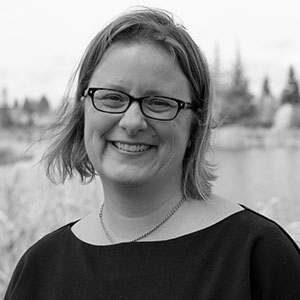


Jennifer Pett-Ridge
Senior Staff Scientist, Lawrence Livermore National Laboratory



Jennifer Pett-Ridge
Senior Staff Scientist, Lawrence Livermore National Laboratory
Jennifer Pett-Ridge is a senior staff scientist and group leader at LLNL who uses the tools of systems biology and biogeochemistry to link, identity, and function in environmental microbial communities. Recently awarded a DOE Early Career award to work on responses of tropical soil microbes to climate change, she has also pioneered the use of NanoSIMS isotopic imaging in the fields of microbial biology and soil biogeochemistry. Pett-Ridge has published over 60 peer-review articles, including a patent ROI for the “ChipSIP” approach linking microbial identity and function using NanoSIMS analysis of microarrays.
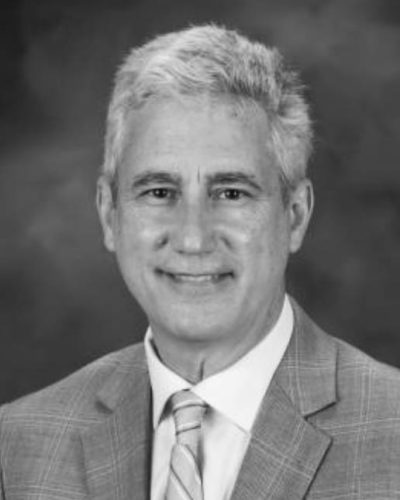


Jerry Tuskan
CEO of the Center for Bioenergy Innovation



Jerry Tuskan
CEO of the Center for Bioenergy Innovation
Gerald Tuskan is the CEO at the Center for Bioenergy Innovation at Oak Ridge National Laboratory where he researches plant genetics to develop ideal biomass for energy use.
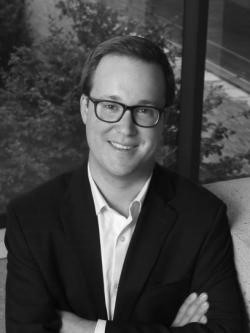


Jesse Jenkins
Assistant Professor



Jesse Jenkins
Assistant Professor
Jesse Jenkins is an macro-energy systems engineer and assistant professor at Princeton Univervity. Jesse is a lead researcher for the Rapid Energy Policy Evaluation and Analysis Toolkit Project, or REPEAT Project, which studies the environmental and economic impacts of climate policy.
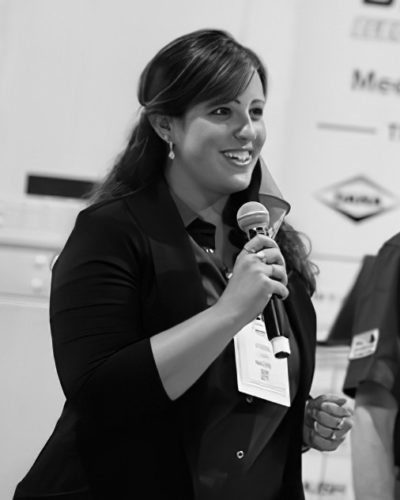


Jessie Lund
Lead Project Manager, Trucking and Off-Road at CALSTART



Jessie Lund
Lead Project Manager, Trucking and Off-Road at CALSTART
At the time of this interview, Jessie Lund was a Senior Associate with Rocky Mountain Institute’s Carbon-Free Mobility Program. She has since joined CALSTART as a Trucking and Off-Road Lead Project Manager. Previously, Jessie was an Electric Truck Program Manager for the North American Council for Freight Efficiency (NACFE).
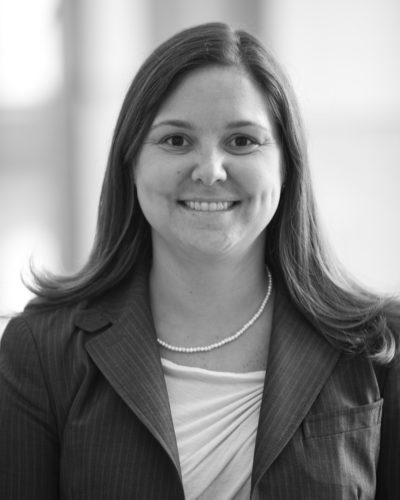


Joanna Lewis
Director of the Science, Technology, and International Affairs Program at Georgetown University



Joanna Lewis
Director of the Science, Technology, and International Affairs Program at Georgetown University
Joanna Lewis is the Director of the Science, Technology, and International Affairs Program at Georgetown University’s School of Foreign Service. Dr. Lewis facilitates a research program at Georgetown focused on U.S.-China climate change engagement and is a faculty affiliate in the China Energy Group at the U.S. Department of Energy’s Lawrence Berkeley National Laboratory. She is also the author of Green Innovation in China, and was a Lead Author of the Intergovernmental Panel on Climate Change’s Fifth Assessment Report.
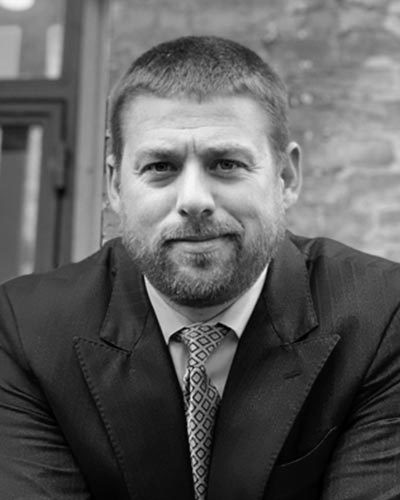


Joe Britton
Executive Director, Zero Emission Transportation Association (ZETA) and President of Pioneer Public Affairs



Joe Britton
Executive Director, Zero Emission Transportation Association (ZETA) and President of Pioneer Public Affairs
Mr. Britton has spent the past fifteen years working in the U.S. Senate, most recently serving as Chief of Staff for U.S. Senator Martin Heinrich (D-NM). He also served as a Senior Advisor to USDA Secretary Tom Vilsack, helping oversee the Natural Resources Conservation Service, Farm Service Agency, and the Forest Service.
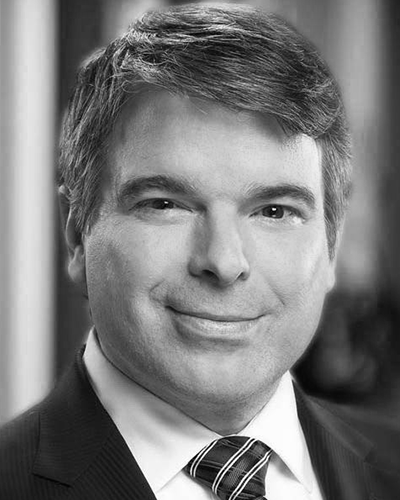


Joe Evans
Portfolio Director and Social Investment Officer, Kresge Foundation



Joe Evans
Portfolio Director and Social Investment Officer, Kresge Foundation
Featured In:
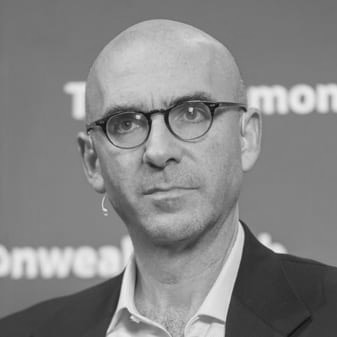


Joe Romm
Senior Research Fellow, Penn Center for Science, Sustainability, and the Media



Joe Romm
Senior Research Fellow, Penn Center for Science, Sustainability, and the Media
Dr. Joseph Romm is a leading expert on climate solutions and clean energy who has spent much of his career working to communicate with the public about these topics. He holds a Ph.D. in physics from MIT and has authored countless articles and 10 books on the topics of climate change, clean energy, and communications.
In 2009, TIME named him a “Hero of the Environment” and “the Web’s most influential climate change blogger.” He served as the chief science advisor for the Emmy-award-winning series “Years of Living Dangerously.” His book Climate Change: What Everyone Needs to Know was called “the best single source primer on the state of climate change” by New York Magazine.
Featured In:
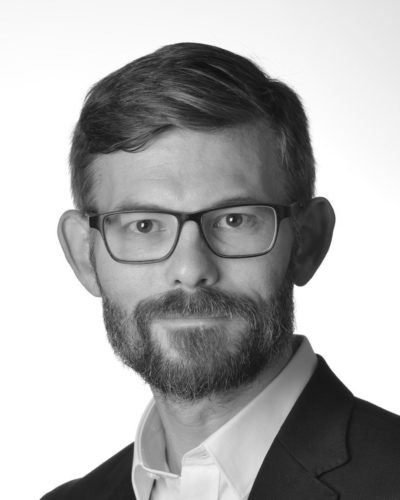


Joeri Rogelj
Director of Research in Climate Change and the Environment, Grantham Institute at Imperial College



Joeri Rogelj
Director of Research in Climate Change and the Environment, Grantham Institute at Imperial College
Dr. Joeri Rogelj is a lead author of the IPCC’s forthcoming sixth assessment report and Director of Research and Lecturer in Climate Change and the Environment at the Grantham Institute – Climate Change and the Environment at Imperial College London.
He has contributed to several major climate assessment reports, including as a long-serving lead author on the UN Environment Programme’s annual Emissions Gap Reports and a Coordinating Lead Author on the IPCC’s Special Report on 1.5 Degrees C of Global Warming and Fifth Assessment Report.
As of 2019, Dr. Rogelj is a Clarivate Web of Science Highly Cited Researcher as he represents the top 1% of impactful researchers in Energy and Environment.
Featured In:
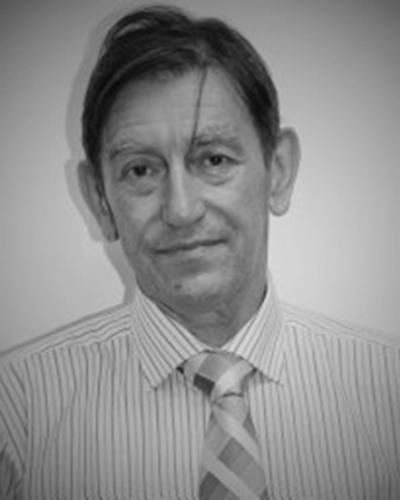


John Barry Gallagher
Research Associate, Institute of Marine and Antarctic Studies, University of Tasmania



John Barry Gallagher
Research Associate, Institute of Marine and Antarctic Studies, University of Tasmania
John Barry Gallagher is a Research Associate with the Institute of Marine and Antarctic Studies, University of Tasmania. He is a b
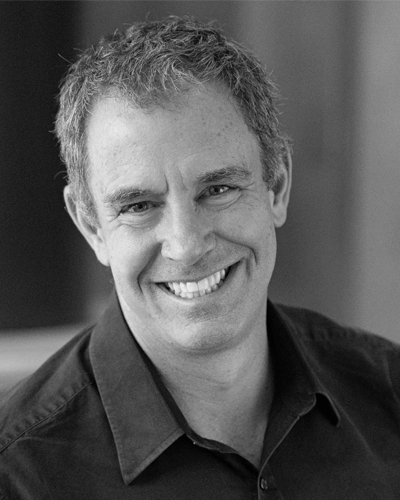


John Witchel
Co-founder and CEO, King Energy



John Witchel
Co-founder and CEO, King Energy
John Witchel is a software engineer and serial entrepreneur who has founded nearly a dozen startups. He is now the co-founder and CEO of King Energy, which installs solar arrays on multi-tenant commercial rooftops.
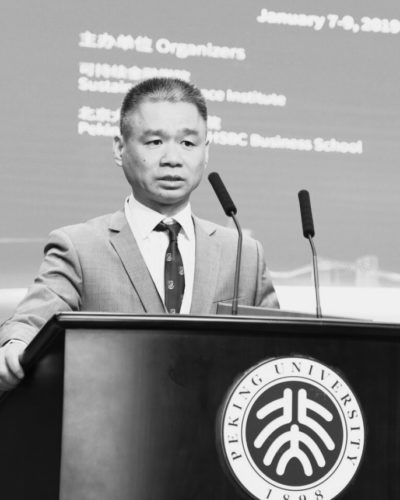


Johnny Huang (Huang, Zhong)
Co-founder of the Sustainable Finance Institute



Johnny Huang (Huang, Zhong)
Co-founder of the Sustainable Finance Institute
Johnny Huang (Huang, Zhong) (黄忠) is an entrepreneur with over 20 years of hands-on experience in China-US high-tech, aerospace, manufacturing, finance, education and entertainment industries and has advanced degrees in hydrogen energy and fuel cell technology. He is the co-founder and Executive Director for Asia at the Sustainable Finance Institute (SFI) and is frequently consulted by corporations, ministries and departments on renewable energy, built environment, wetlands and clean transportation.
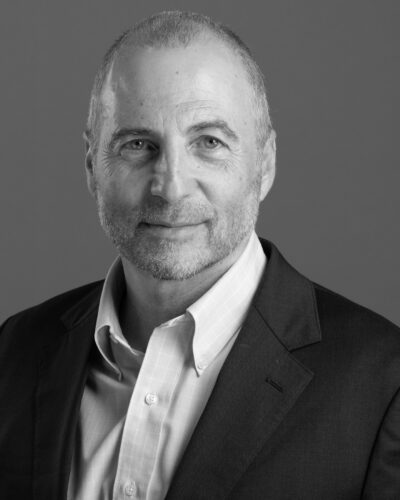


Jon Freedman
Senior Vice President, Global Government Affairs at SUEZ Water Technologies & Solutions



Jon Freedman
Senior Vice President, Global Government Affairs at SUEZ Water Technologies & Solutions
Jon Freedman is based in Washington, DC, where he leads global government affairs for SUEZ Water Technologies & Solutions, which has operations in more than 100 countries. Jon currently serves on the board of directors of the WateReuse Association, where he chairs the policy committee, the board of directors of the International Desalination Association, where he serves as Secretary, and the EPA Financial Advisory Board.
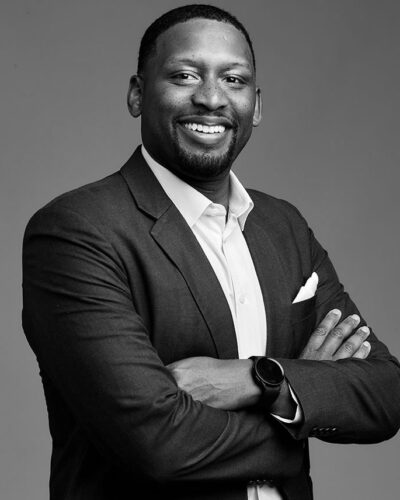

Jonathan Colbert
Vice President of Marketing, Voltera
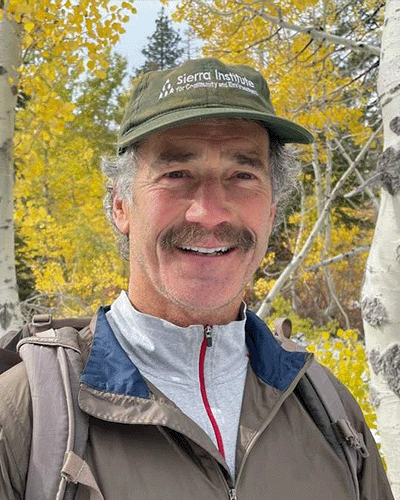


Jonathan Kusel
Executive Director at Sierra Institute for Community and Environment



Jonathan Kusel
Executive Director at Sierra Institute for Community and Environment
Jonathan founded the Sierra Institute in 1993 and has directed the organization ever since. He received a Ph.D. in Natural Resource Sociology and Policy from U.C. Berkeley, where he was an instructor before launching Sierra Institute. His dissertation focused on how rural northern Sierra communities changed following the departure of their wood products anchor businesses. This work, at the intersection of community and forest and watershed health formed the basis for the Sierra Institute’s mission and approach. He also holds a Masters in Forest Science from the Yale School of Forestry and Environmental Studies.
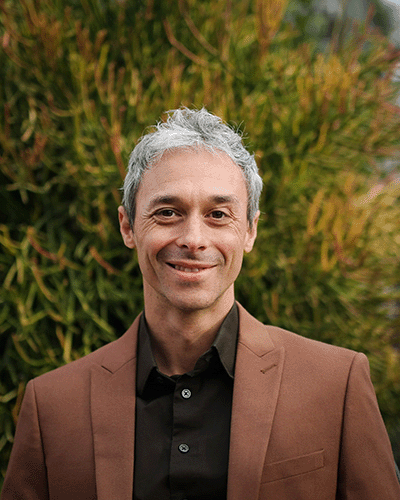


Joshuah Stolaroff
Chief Technology Officer at Mote



Joshuah Stolaroff
Chief Technology Officer at Mote
Joshuah Stolaroff is the co-founder and CTO of Mote Hydrogen. He previously ran the Carbon Capture program at Lawrence Livermore National Laboratory and led projects at the intersection of advanced manufacturing and clean energy.
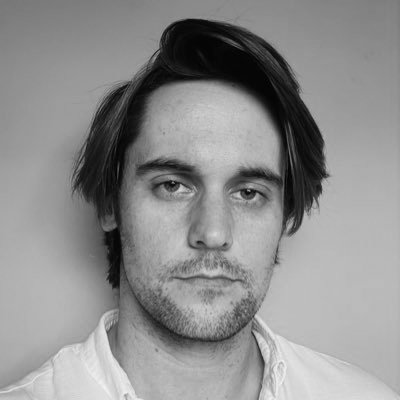

Julian Moore
Editor & Writer Climatebase



Julian Spector
Senior Reporter, Canary Media



Julian Spector
Senior Reporter, Canary Media
Julian is a senior reporter at Canary Media, where he covers batteries and emerging technologies to store clean energy and unlock a carbon-free grid. He also reports on the budding clean hydrogen industry, and chases down clean energy breakthroughs in far-flung locales.
Prior to the launch of Canary Media in 2021, Julian covered the rise of the grid storage industry for much-loved industry news outlet Greentech Media. Previously he covered clean energy and transportation for CityLab atThe Atlantic, and conducted grant-funded climate journalism in Bangladesh. His stories have appeared in The Guardian, HuffPost, Al Jazeera America and other outlets. He speaks regularly at energy-related events and on podcasts. He graduated from Duke University and still misses Carolina barbecue, but enjoys investigating local cuisine wherever his reporting takes him.
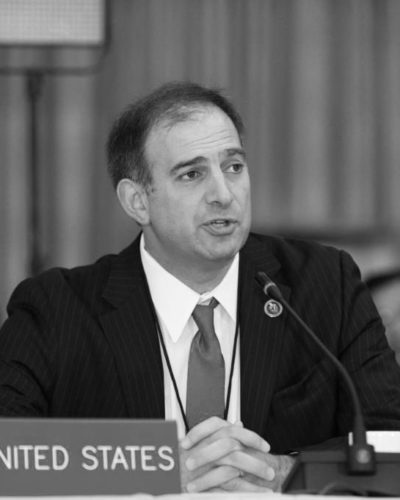


Julio Friedmann
Senior Research Scholar at the Center on Global Energy Policy at Columbia University SIPA



Julio Friedmann
Senior Research Scholar at the Center on Global Energy Policy at Columbia University SIPA
Dr. Julio Friedmann is a Senior Research Scholar at the Center on Global Energy Policy at Columbia University SIPA and was previously the Principal Deputy Assistant Secretary for the Office of Fossil Energy at the Department of Energy.
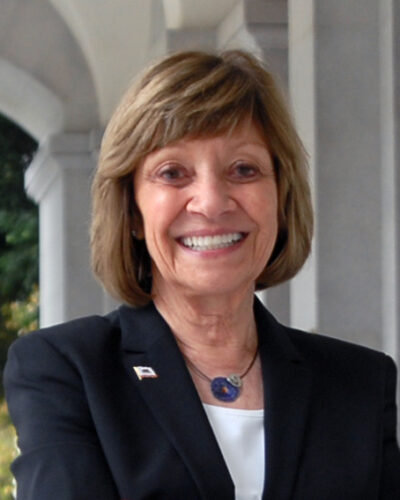


Karen Ross
Secretary, California Department of Food and Agriculture



Karen Ross
Secretary, California Department of Food and Agriculture
Karen Ross was appointed Secretary of the California Department of Food and Agriculture on January 9, 2019 by Governor Gavin Newsom. In re-appointing Secretary Ross, Governor Newsom cited her unmatched leadership experience in agricultural issues nationally, internationally, and here in California, in areas including environmental stewardship, climate change adaptation, and trade. Secretary Ross was initially appointed by Governor Edmund G. Brown Jr. in 2011.
Before joining CDFA, Secretary Ross was chief of staff for U.S. Agriculture Secretary Tom Vilsack, a position she accepted in 2009. Prior to that appointment, she served as President of the California Association of Winegrape Growers from 1996- 2009, and as Vice-President of the Agricultural Council of California from 1989-1996. Her prior experience before moving to California included staff work for a United States Senator, a presidential candidate, and government relations for rural electric cooperatives and public power districts.
Featured In:
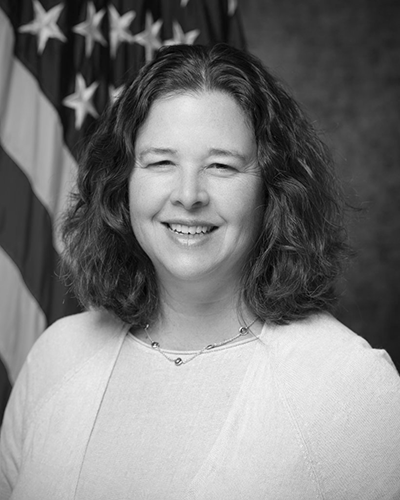


Kate Gordon
Senior Advisor to the U.S. Secretary of Energy



Kate Gordon
Senior Advisor to the U.S. Secretary of Energy
Kate Gordon is senior advisor U.S. Secretary of Energy, Jennifer Granholm. Prior to joining the DOE, Kate served as the California Governor’s Office of Planning and Research and Senior Policy Advisor to Governor Gavin Newsom on Climate.
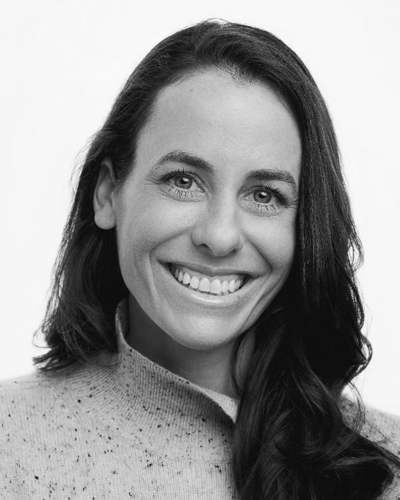


Kathy Hannun
Co-founder and President, Dandelion Energy



Kathy Hannun
Co-founder and President, Dandelion Energy
Kathy Hannun is the co-founder and president of Dandelion Energy, a home geothermal company. Previously, she was the Product Manager on the Rapid Evaluation team at X (formerly called Google[x]). She has a Bachelor’s Degree in civil engineering and a Master’s in Computer Science, both from Stanford University.
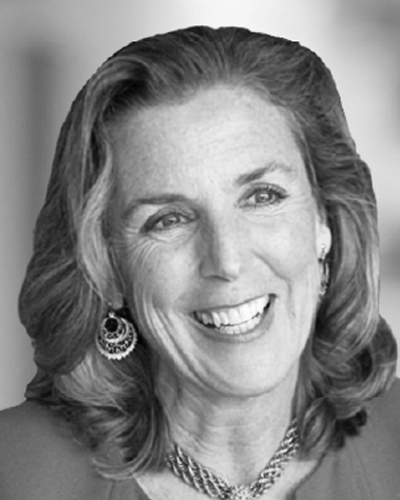


Katie McGinty
Vice President and Chief Sustainability and External Relations Officer, Johnson Controls



Katie McGinty
Vice President and Chief Sustainability and External Relations Officer, Johnson Controls
Katie McGinty is vice president and chief sustainability and external relations officer for Johnson Controls. Katie has served as a top environmental official at both the state and federal level, including as an advisor to former president Bill Clinton. She previously worked as the Senior Vice President of the Oceans Program for the Environmental Defense Fund
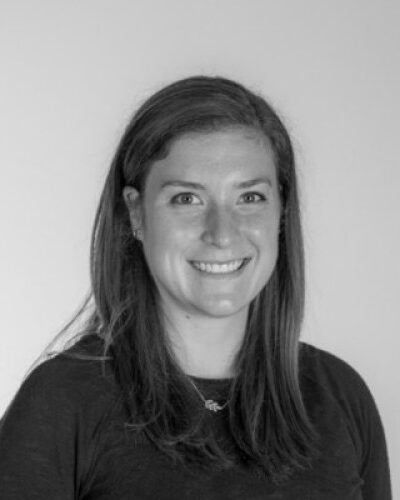


Katie Sierks
CDR Science and Policy Lead, Microsoft



Katie Sierks
CDR Science and Policy Lead, Microsoft
Katie is on the Microsoft Carbon Removal Team. She works to catalyze development of high-quality carbon removal at scale.
She previously worked in product management at Granular where she helped build the Corteva soil carbon program. Her team enabled farmers to adopt new, soil health-building practices that sequester carbon. Katie also has experience working across the agricultural supply chain at Cargill and Walmart in engineering, corporate sustainability, and supply chain management. She graduated with honors from Harvard College with a degree in Environmental Engineering and a minor in Earth and Planetary Sciences. She enjoys hiking, cross country skiing, pickleball, and soil science.
Featured In:



Ke Wang
Program Lead, PACE



Ke Wang
Program Lead, PACE
Ke Wang leads the PACE (Platform for Accelerating the Circular Economy) at World Resources Institute. She holds a Ph.D. in Applied Physics from Stanford University and an Executive MBA from Rotterdam School of Management.
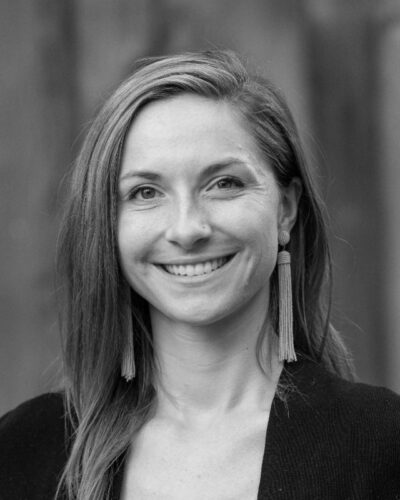


Kelly Erhart
President, Vesta



Kelly Erhart
President, Vesta
Kelly has a multidisciplinary background. She has worked across the climate space for the last decade, with a large focus on carbon dioxide removal approaches. Co-founder of Vesta, Kelly has insight into a diverse range of climate solutions, spanning engineering to the nature based; as well as into market dynamics, business and funding strategies for novel solutions. Her work has focused on the commercialization of sustainable technologies and carbon removal approaches. Alongside her commercial efforts, Kelly has also helped to found multiple non-profit efforts across the climate and sustainability space.
Featured In:
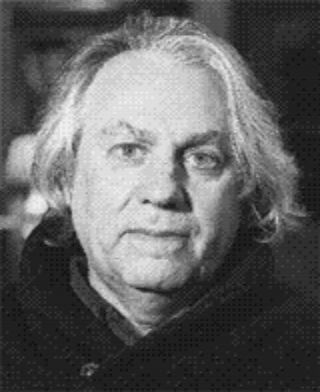


Kerry Emanuel
MIT



Kerry Emanuel
MIT
Kerry Emanuel is a prominent meteorologist and climate scientist who specializes in moist convection in the atmosphere, and tropical cyclones. His research interests focus on tropical meteorology and climate, with a specialty in hurricane physics. His interests also include cumulus convection, the role of clouds, water vapor, and upper-ocean mixing in regulation of climate, and advanced methods of sampling the atmosphere in aid of numerical weather prediction.
Emanuel received an S.B. degree in Earth and Planetary Sciences and a Ph.D. in Meteorology (1978) both from MIT. After completing his doctorate, he joined the faculty of the Atmospheric Sciences department of the University of California at Los Angeles where he remained for three years, with a brief hiatus filming tornadoes in Oklahoma and Texas. He joined the faculty at MIT in 1981 and is now the co-director of the Lorenz Center and the Cecil & Idea Green Professor of Atmospheric Science.
Professor Emanuel is the author or co-author of over 200 peer-reviewed scientific papers, and three books, including Divine Wind: The History and Science of Hurricanes, published by Oxford University Press, and What We Know about Climate Change, published by the MIT Press.
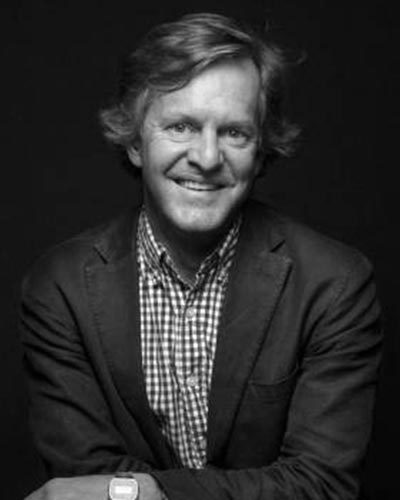


Kevin J. Krizek
Professor of Environmental Design at the University of Colorado Boulder



Kevin J. Krizek
Professor of Environmental Design at the University of Colorado Boulder
Dr. Kevin J. Krizek is a professor of Environmental Design at the University of Colorado Boulder. Through his work both domestic and international, he has developed informed insights into solving one of the world’s most pressing problems — how to reverse the automobile-focused nature of our environments, sharing remedies across borders that are both aspirational and evidence-based. His recent book provides a careful articulation of a reformist urban transport planning grounded in accessibility, sustainability, and social justice.


Kianna Scott
SVP of Workforce Development, ChargerHelp!
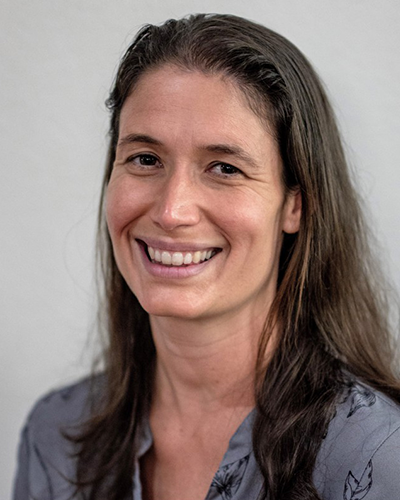


Kim Mayfield
Geochemist & Research Scientist



Kim Mayfield
Geochemist & Research Scientist
Dr. Kimberley Mayfield is research scientist (Ph.D.) with experience in biogeochemical project design and management, quantitative data analysis, and science communication. She specializes in carbon dioxide removal, geochemistry, and environmental justice.
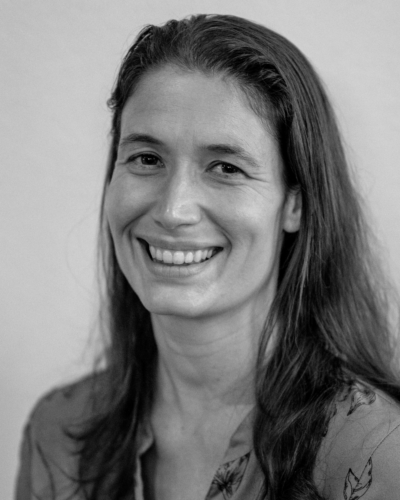


Kimberley K. Mayfield
Research Scientist, Energy Group, and Principal Investigator for Energy Flow Charts at LLNL



Kimberley K. Mayfield
Research Scientist, Energy Group, and Principal Investigator for Energy Flow Charts at LLNL
Kimberley (Kim) Mayfield is a member of LLNL’s Energy Group and principal investigator for Lawrence Livermore’s Energy Flow Charts (https://flowcharts.llnl.gov). Kim works with the Carbon Initiative, which aims to understand, develop, and implement technologies for the removal of carbon dioxide from the atmosphere. Her areas of focus are carbon accounting for carbon sequestration projects and environmental justice analysis for negative carbon emissions projects. Her research background is in environmental chemistry, with an emphasis on non-traditional stable isotope geochemistry in hydrologic systems. Prior to joining LLNL, Kimberley worked in the algal biofuels industry, innovating safe and economically viable ways to extract valuable products from microalgae.
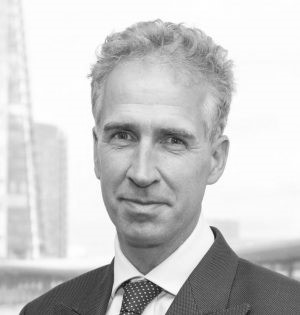


Kingsmill Bond
Senior Principal Energy Strategist, RMI



Kingsmill Bond
Senior Principal Energy Strategist, RMI
Kingsmill Bond is a senior principal in the Strategy Team at RMI. His role is to write research on the energy transition narrative, with a focus on financial market participants.
Kingsmill spent 25 years as a sell-side equity analyst and strategist, writing research for investors such as Blackrock and Fidelity. He worked for Deutsche Bank, Citibank, and Sberbank in London, Hong Kong, and Moscow. He analyzed a wide range of stocks and themes, from the resurgence of Russia to the growth of the internet, from the rise of China to the implications of the US shale boom. About 7 years ago Kingsmill figured out that the energy transition would be the greatest driver of financial markets and geopolitics in our era, and he has been working on it ever since. Kingsmill believes that energy lies at the core of all of our systems, and the shift from fossil fuels to renewables can only be compared with the industrial revolution of 250 years ago, which enabled a 50-fold increase in primary energy demand and shaped the modern world.
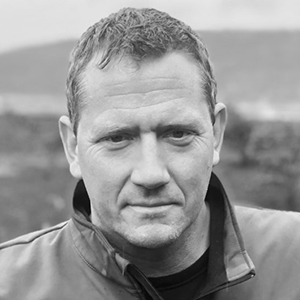


Kurt House
CEO of KoBold Metals



Kurt House
CEO of KoBold Metals
Kurt is an entrepreneur who works at the interface of technology and natural resources. He was previously an Adjunct Professor in Stanford University’s Energy Resources Engineering Department. And before that, he founded a carbon sequestration and enhanced oil recovery business as well as a direct investment platform to acquire North American natural gas assets based on a proprietary, physics-based tool that more accurately forecast natural gas production from hydraulically fractured wells.
Previously, Kurt was a KAUST Research Fellow at MIT where he studied the chemistry and physics of CO2 capture and storage. He received his Ph.D. from Harvard University in earth & planetary science for similar work and his B.A. in physics from the Claremont Colleges. Kurt has also worked in private equity and corporate advising for Bain & Company.
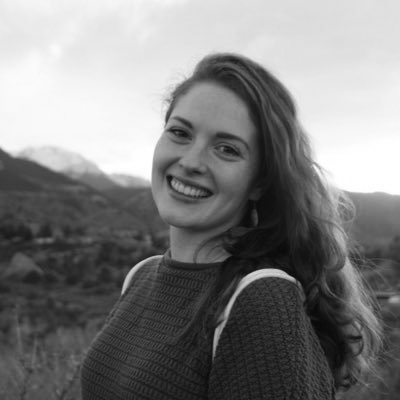


Laura Edwards
China Program Coordinator at Center for American Progress



Laura Edwards
China Program Coordinator at Center for American Progress
Laura Edwards is a program coordinator for China Policy with the National Security and International Policy team at Center for American Progress. At CAP, she co-authored the report, “Assessing China’s Energy and Climate Goals,” which explored China’s long- and short-term climate commitments.
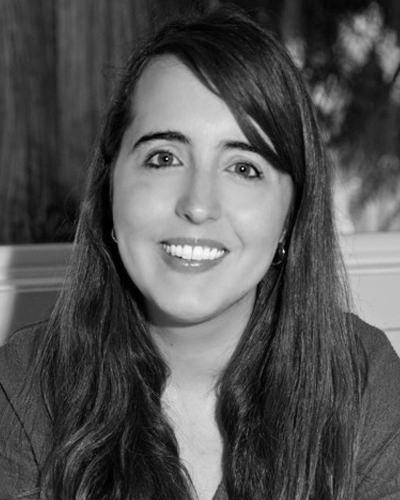


Laura Wittig
Founder and CEO, Brightly



Laura Wittig
Founder and CEO, Brightly
Laura Wittig is the founder and CEO of Brightly, a lifestyle brand that promotes ‘conscious consumerism.’ She previously worked in tech for companies like Google, Adobe, and Amazon.
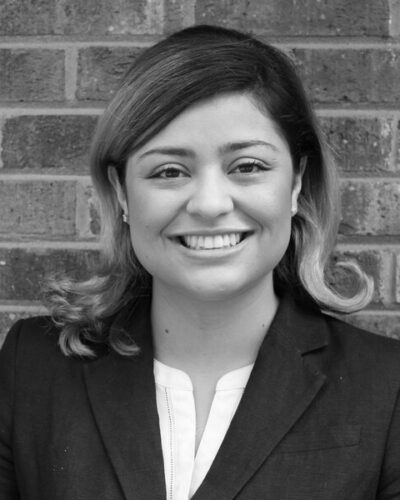


Laura Zapata
Co-Founder, Clearloop



Laura Zapata
Co-Founder, Clearloop
Laura Zapata has made a career in crisis communications and reputation management having worked in Congress, political campaigns, and Uber. She’s now helping companies reach their net-zero and ESG goals with tangible climate action and ensure that the environmental, health, and economic benefits of new solar projects reach American communities getting left behind.
Zapata is a strong believer that solar can do more if we’re intentional about the communities where we invest and is eager to tap into the economic power of more companies as they seek to tackle their carbon footprint and strive for an equitable clean energy transition. Zapata immigrated from Colombia, was raised in Memphis, Tennessee, and is a graduate of Dartmouth College.
Featured In:
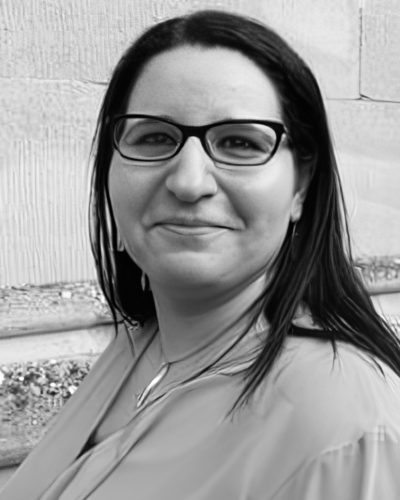


Laure Zanna
M2LInES Lead Investigator



Laure Zanna
M2LInES Lead Investigator
Dr. Laure Zanna is a Professor in Mathematics & Atmosphere/Ocean Science at the Courant Institute, New York University and the lead principal investigator of the NSF-NOAA Climate Process Team on Ocean Transport and Eddy Energy, and M2LInES – an international effort to improve climate models with scientific machine learning.



Leah Thomas
Founder, Intersectional Environmentalist



Leah Thomas
Founder, Intersectional Environmentalist
Leah Thomas is an intersectional environmental activist and eco-communicator based in Southern California. She’s passionate about advocating for and exploring the relationship between social justice and environmentalism.
She graduated from Chapman University in 2017 with a B.S. in Environmental Science and Policy with a cluster in Comparative World Religions.
Her goal is to inspire others to explore new places, live more sustainably and practice radical self acceptance.



Leslie Chang
Director, Strategy & Policy, Caelux



Leslie Chang
Director, Strategy & Policy, Caelux
Leslie currently drives all federal, state, and local policy engagement at Caelux. She brings experience conducting fieldwork in the UK, China, and East Africa, working with multinational organizations such as the Bill & Melinda Gates Foundation and World Bank, ministries of health, and local non-profits. She is working on building Caelux’s workforce development strategy with stakeholders such as the NAACP and Pasadena Unified School District.
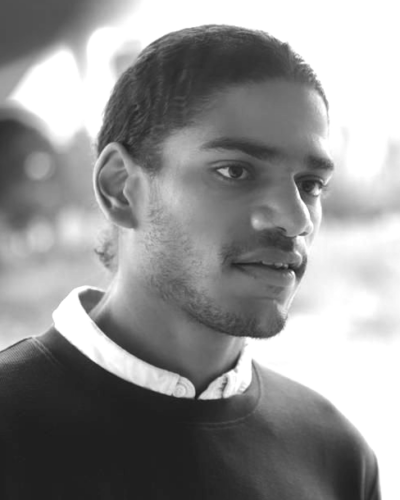

Louis Uzor
Climate Policy Manager, Climeworks
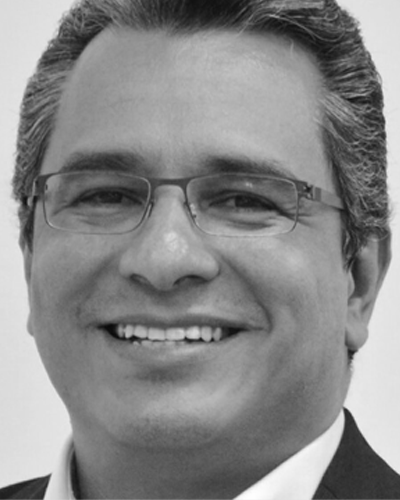


Luis Aguirre-Torres
Senior Advisor, Rewiring America



Luis Aguirre-Torres
Senior Advisor, Rewiring America
Dr. Luis Aguirre-Torres is a Senior Adviser at Rewiring America. Prior to joining Rewiring America, he was the director of sustainability for the City of Ithaca, where he led the design and implementation of the implementation of the city’s Green New Deal, and its goal of reaching net-zero emissions by 2030.
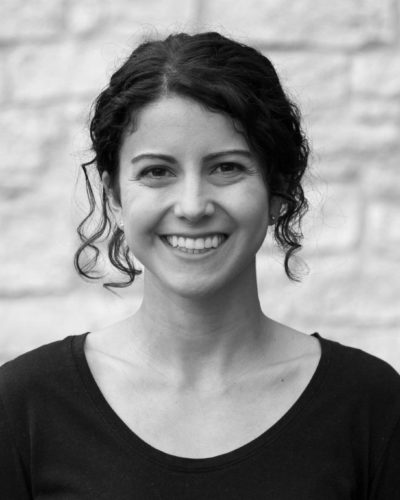


Maria Gallucci
Clean Energy Reporter



Maria Gallucci
Clean Energy Reporter
Maria Gallucci is a clean energy reporter with Canary Media, covering hard-to-decarbonize sectors and how to make the energy transition more affordable and equitable. Previously, she was a contributing writer to a variety of publications including Grist, IEEE Spectrum, TIME and MIT Technology Review. Maria was an Energy Journalism Fellow at the University of Texas in 2017-2018, and gave a TED talk in 2021 on the role of green ammonia in decarbonizing shipping.
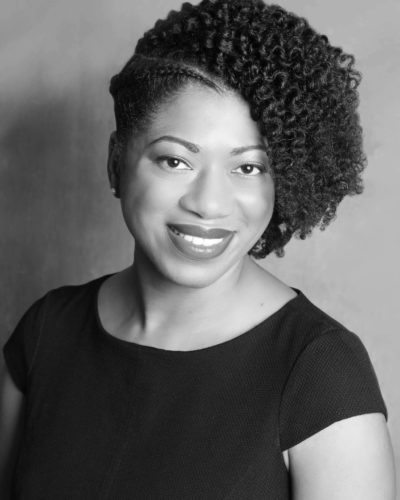


Marilyn Waite
Managing Director, Climate Finance Fund



Marilyn Waite
Managing Director, Climate Finance Fund
Marilyn leads the Climate Finance Fund. She has worked across four continents in renewable and nuclear energy, and climate modeling and investment. Author of Sustainability at Work: careers that make a difference, Marilyn’s writing has been featured in the Financial Times, Forbes, and GreenBiz, where she serves as editor at large. Marilyn previously led the energy practice at Village Capital, modeled and forecasted energy solutions to climate change as a senior research fellow at Project Drawdown, and managed innovation projects at Orano (formerly AREVA). She holds a Master’s Degree with distinction in Engineering for Sustainable Development from the University of Cambridge and a Bachelor’s of Science Degree in Civil and Environmental Engineering, magna cum laude, from Princeton University.
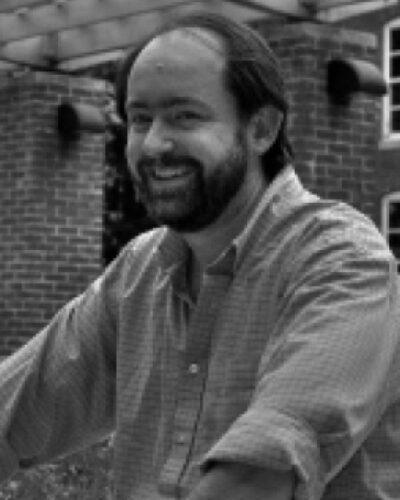


Mark Ducey
Chair, Natural Resources and the Environment, University of New Hampshire



Mark Ducey
Chair, Natural Resources and the Environment, University of New Hampshire
Mark Ducey am a forest biometrician and quantitative silviculturist. Research in his lab focuses on the use of quantitative techniques to describe the structure, function, and dynamics of forests from the stand to regional scales. Although much of the research he and his team performs is centered on the mixed-species forests of New England, his group is engaged in projects elsewhere in the U.S. (such as the Blue Mountains ecoregion in northeastern Oregon), with colleagues in Europe (Norway, Spain), Australia, New Zealand, Costa Rica, and Brazil.
Featured In:
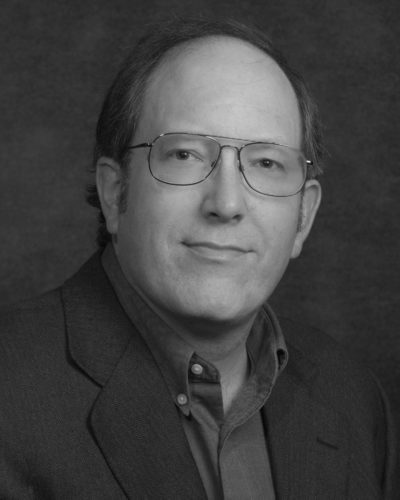


Mark Trexler
Director of Climate Change Knowledge Systems at the Climatographers



Mark Trexler
Director of Climate Change Knowledge Systems at the Climatographers
Mark Trexler is the Director of Climate Change Knowledge Systems at the Climatographers. He was a Chapter Editor on carbon accounting and carbon offsets for the IPCC’s Special Report on Land Use and Land Use Change, and holds a PhD in International Environmental Policy from UC-Berkeley.
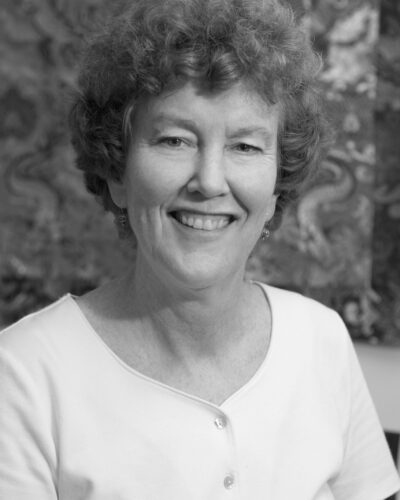


Mary Evelyn Tucker
Senior Lecturer and Research Scholar, Yale University



Mary Evelyn Tucker
Senior Lecturer and Research Scholar, Yale University
Mary Evelyn Tucker is a Senior Lecturer and Research Scholar at Yale University where she teaches in a joint master’s degree program between the School of Forestry and Environmental Studies and the Divinity School. She directs the Forum on Religion and Ecology at Yale with her husband, John Grim. Her special area of study is Asian religions. She has lived in Japan for several years and received her Ph.D. from Columbia University in Japanese Confucianism. Since 1997 she has been a Research Associate at the Reischauer Institute of Japanese Studies at Harvard. Tucker has been involved with the Earth Charter since its inception. She served on the International Earth Charter Drafting Committee from 1997-2000 and was a member of the Earth Charter International Council for ten years. She also serves on the Advisory Boards of Orion Magazine, the Garrison Institute, and Climate Central.
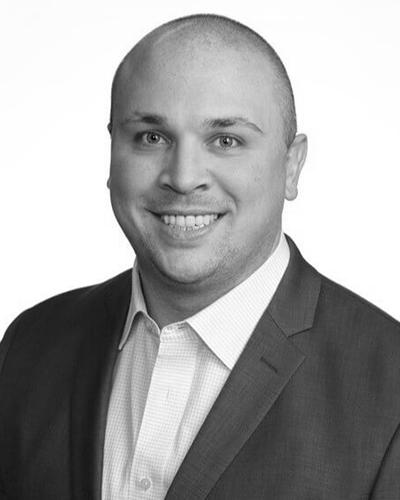


Matt Leuck
Technical Manager, Renewable Road Transportation, Neste



Matt Leuck
Technical Manager, Renewable Road Transportation, Neste
Matt Leuck is the Technical Manager, Renewable Road Transportation at Neste. Matt has a background in engineering and sales in the oil and gas industry.
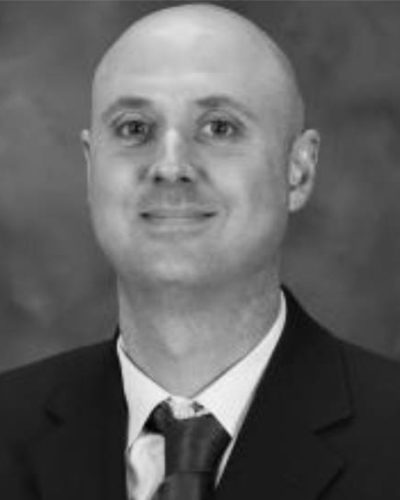


Matthew Langholtz
Natural Resource Economist



Matthew Langholtz
Natural Resource Economist
Matthew Langholtz is a Natural Resource Economist in the Bioenergy Group at Oak Ridge National Laboratory and a lead author of the 2016 Billion Ton Report assessing the potential supply of biomass in the United States for the US Department of Energy.
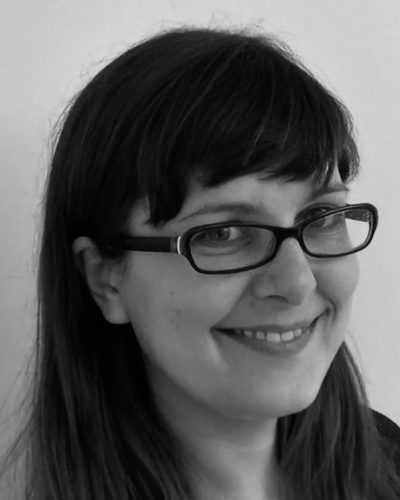


Megan Darby
Editor of Climate Home News



Megan Darby
Editor of Climate Home News
Megan Darby is the Editor of Climate Home News – a UK-based news organization that covers the international politics of climate change.
Megan has been covering energy and climate for a decade at Climate Home News and Utility Week, and COP 26 was her sixth time attending the UN’s Conference of the Parties.
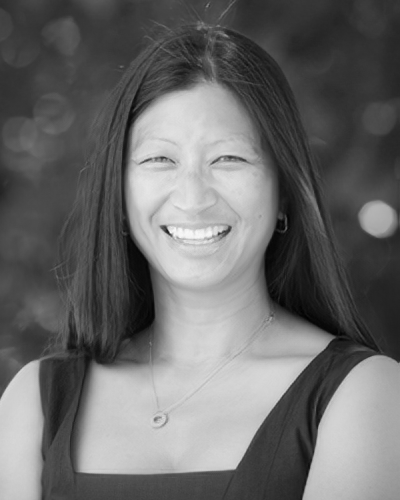


Melissa Ho
Senior VP, Freshwater and Food, World Wildlife Fund



Melissa Ho
Senior VP, Freshwater and Food, World Wildlife Fund
Melissa Ho is the Senior Vice President of Freshwater and Food at World Wildlife Fund (WWF). Her work is focused on protecting freshwater resources and conserving critical landscapes, while strengthening food systems in a more climate and eco-friendly way.
Featured In:
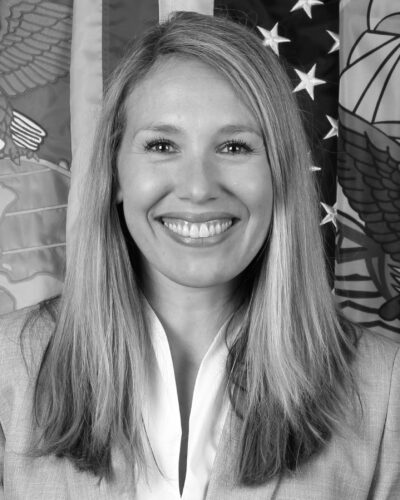


Meredith Berger
Assistant Secretary of the Navy Energy, Installations, and the Environment



Meredith Berger
Assistant Secretary of the Navy Energy, Installations, and the Environment
The Honorable Meredith Berger assumed the responsibilities of the Assistant Secretary of the Navy for Energy, Installations and Environment on July 28, 2021. She is responsible for providing oversight and policy for Navy and Marine Corps energy and climate resilience, infrastructure, sustainability, restoration, and modernization, among other duties.
Featured In:
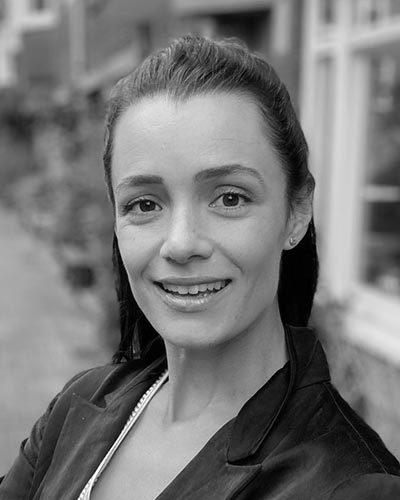


Meredith Glaser
Director of the Urban Cycling Institute



Meredith Glaser
Director of the Urban Cycling Institute
Dr. Meredith Glaser is the director of the Urban Cycling Institute and postdoctoral scholar at the University of Amsterdam, based in the Netherlands. She is a postdoctoral scholar at the University of Amsterdam, the academic director of the summer program Planning the Cycling City and co-developed the Coursera on-line course Unraveling the Cycling City.
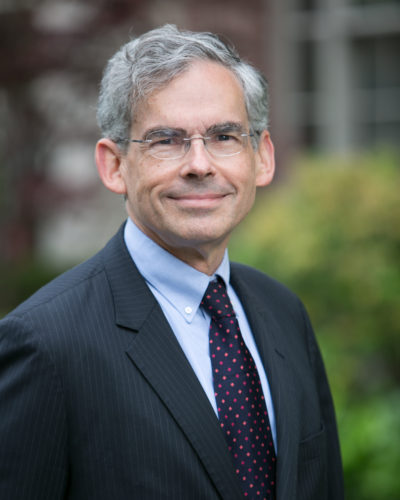


Michael Gerrard
Faculty Director at the Sabin Center for Climate Change Law at Columbia University



Michael Gerrard
Faculty Director at the Sabin Center for Climate Change Law at Columbia University
Michael Gerrard is a professor and faculty director at the Sabin Center for Climate Change Law at Columbia University. Before joining the Columbia faculty, he practiced law in New York, including at Arnold & Porter, where he remains a senior counsel at the New York office. He has written or edited 13 books on various topics in environmental and energy law. His most recent book is Legal Pathways to Deep Decarbonization in the United States.
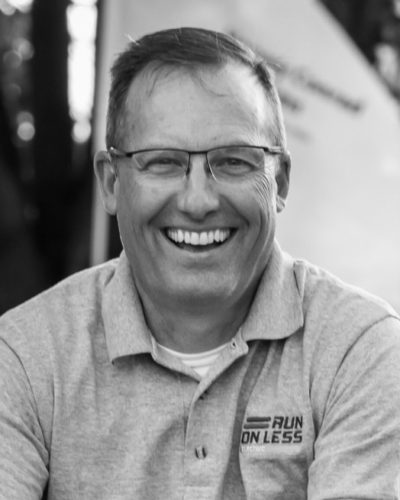


Mike Roeth
North American Council for Freight Efficiency (NACFE) Executive Director



Mike Roeth
North American Council for Freight Efficiency (NACFE) Executive Director
Mike Roeth is the Executive Director of the North American Council for Freight Efficiency (NACFE) and the trucking lead for the Rocky Mountain Institute (RMI). He has worked in the commercial vehicle industry for over 35 years and specializes in brokering green truck collaborative technologies into the real world at scale.



Monica Varman
Partner at G2 Venture Partners



Monica Varman
Partner at G2 Venture Partners
Monica Varman is a Partner at G2 Venture Partners where she focuses on investments in the circular economy, grid resilience, and food/agriculture sectors. Prior to joining G2VP, she was a core member of the sustainability practice at McKinsey & Company, where she advised senior executives in the energy and infrastructure sectors on decarbonization and growth strategies.
Monica was previously part of the business operations team at Tesla, where she helped scale Model S manufacturing. She also worked at off-grid solar company Zola Electric, where she developed its distribution and logistics strategy in Tanzania and Rwanda. Monica spent a year as a researcher with the Program on Energy Security and Climate Change at the Council on Foreign Relations and worked on the sustainable seafood program at the World Wildlife Fund.
Monica holds a B.A. degree in Economics-Mathematics and Sustainable Development from Columbia University, where she graduated Phi Beta Kappa. She also holds an M.B.A. from Harvard Business School.
Featured In:
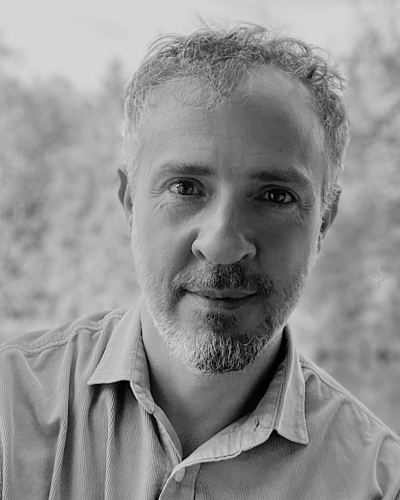


Mowgli Holmes
Co-founder and CEO, Submarine



Mowgli Holmes
Co-founder and CEO, Submarine
Mowgli Holmes is a bioligist, and co-founder and CEO of Submarine,
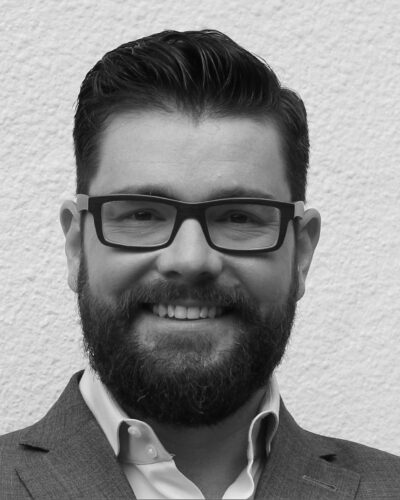


Nat Bullard
Senior Contributor, BloombergNEF



Nat Bullard
Senior Contributor, BloombergNEF
Nathaniel Bullard was formerly the chief content officer for BloombergNEF, Bloomberg’s primary research service on energy, transportation, commodities, and technology. He is also a contributor to Bloomberg Green, Bloomberg Opinion, and Bloomberg Markets, where he writes frequently on energy, transport, technology, and finance. Bullard has held a number of positions in his 11 years with Bloomberg. He was previously global head of executive insights, analyzing energy transitions and technologies; content director for Bloomberg New Energy Finance; and lead analyst for the North American new energy market. Bullard is a member of the Climate-Related Market Risk Subcommittee of the US Commodity Futures Trading Commission’s Market Risk Advisory Committee, since November 2019.
Featured In:
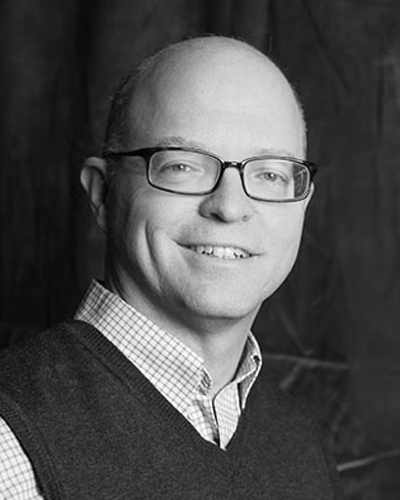


Nate Blair
Group Manager – Distributed Systems and Storage Analysis, NREL



Nate Blair
Group Manager – Distributed Systems and Storage Analysis, NREL
Nate Blair is the group manager of the Distributed Systems and Storage Group in the Integrated Applications Center at NREL. He has expertise in modeling and projecting renewable energy adoption and storage capabilities. He is a member of both the American and International Solar Energy Society.
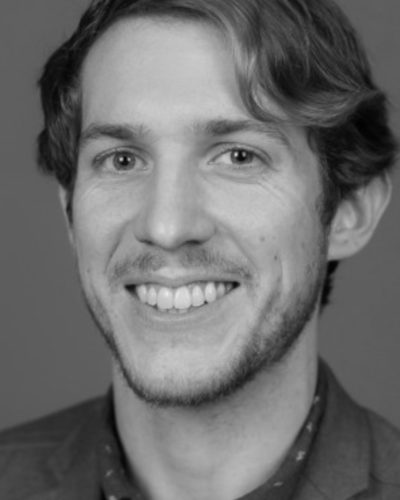


Nathan Ellebracht
Staff Scientist at Lawrence Livermore National Lab



Nathan Ellebracht
Staff Scientist at Lawrence Livermore National Lab
Nathan Ellebracht studies methods to improve Direct Air Capture at the Lawrence Livermore National Lab (LLNL). Nathan holds a PhD in chemical and biomolecular engineering from Georgia Institute of Technology.
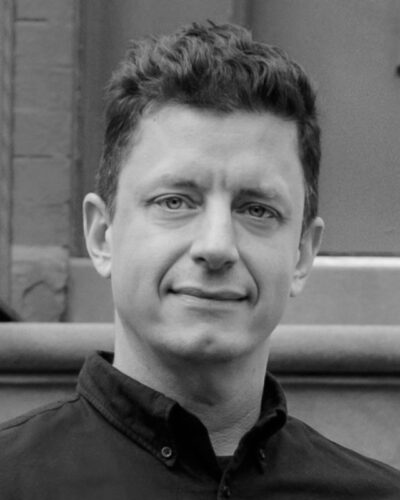


Nathan L. King
Co-Founder and CEO, itselectric



Nathan L. King
Co-Founder and CEO, itselectric
Nathan is an architect obsessed with sustainability, decarbonization, and environmental justice, and co-founder of itselectric.
Featured In:
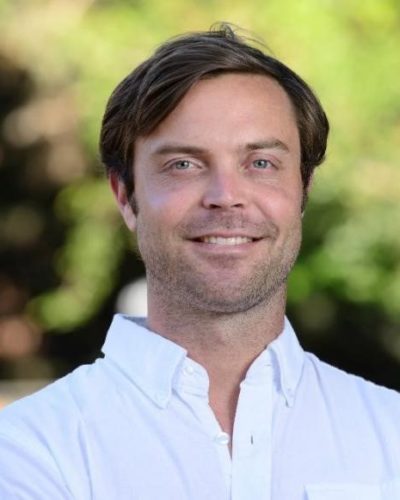


Nathan Ratledge
TomKat Center Graduate Fellow, Stanford University



Nathan Ratledge
TomKat Center Graduate Fellow, Stanford University
Nathan is the founder of the environmental consulting company Apogee Economics and Policy, and the TomKat Center Graduate Fellow in Sustainable Energy at Stanford University. His research is focused on the economics and financing of clean energy in the developing world.
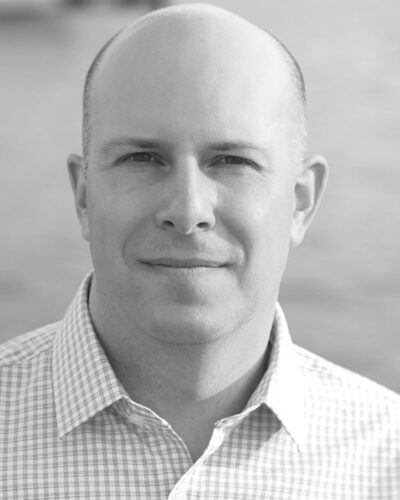


Nathaniel Stinnett
Environmental Voter Project, Founder & CEO



Nathaniel Stinnett
Environmental Voter Project, Founder & CEO
Nathaniel Stinnett is the Founder & CEO of the Environmental Voter Project, a non-partisan nonprofit that uses big data analytics and behavioral science to identify non-voting environmentalists and then get them to vote. Recently dubbed “The Voting Guru” by Grist, Stinnett was named one of the 50 environmental visionaries that you’ll be talking about in 2016. He has over a decade of experience as a senior advisor, campaign manager, and trainer for US Senate, Congressional, and mayoral campaigns as well as issue-advocacy nonprofits. Formerly an attorney at the international law firm of DLA Piper, Stinnett holds a B.A. from Yale University and a J.D. from Boston College Law School.
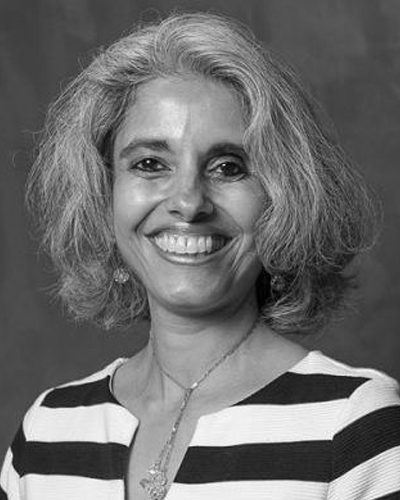


Neha Khanna
Professor of Economics, Binghamton University



Neha Khanna
Professor of Economics, Binghamton University
Neha Khanna is Professor of Economics at Binghamton University, focusing on environmental pollutant exposure in the US and the air quality impacts of rapid economic change. She serves as President of the Northeast Agricultural and Resource Economics Association and is also on the Board of Directors for the Association of Environmental and Resource Economists.
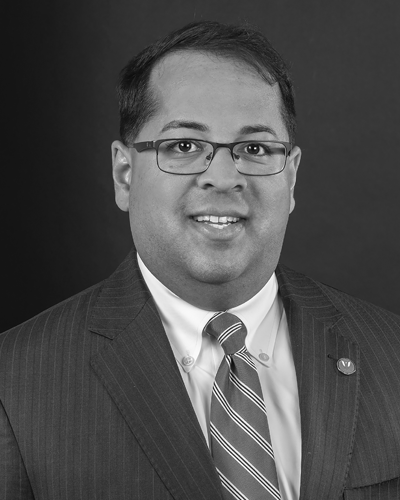


Neil Chatterjee
Former Commissioner and Chairman, FERC



Neil Chatterjee
Former Commissioner and Chairman, FERC
Neil Chatterjee is a former Commissioner and Chairman of the Federal Energy Regulatory Commission (FERC). He has also been a policy advisor for Senator Mitch McConnell (R-KY) and former US Representative Deborah Pryce (R-OH).
Featured In:
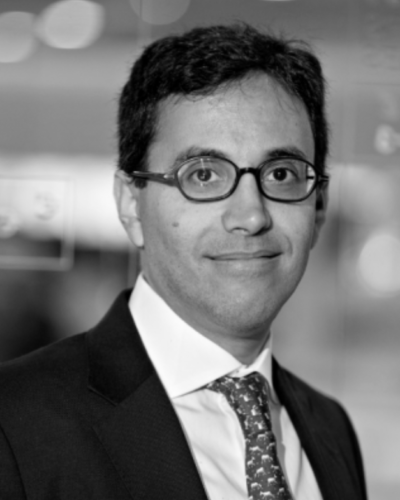


Nir Kaissar
Columnist, Bloomberg Opinion and Founder, Unison Advisors



Nir Kaissar
Columnist, Bloomberg Opinion and Founder, Unison Advisors
Nir Kaissar is a Bloomberg Opinion columnist writing about markets and investing. He is also the founder of Unison Advisors, an asset management firm. He has worked as a lawyer at Sullivan & Cromwell and a consultant at Ernst & Young.
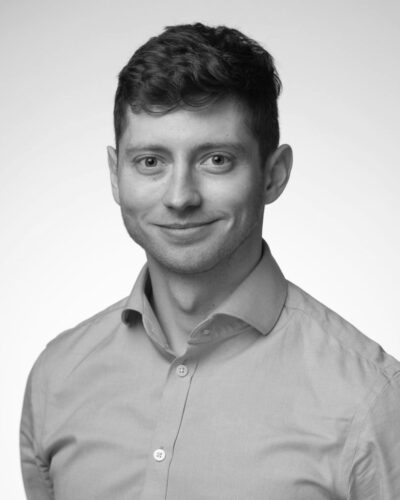


Oliver Kerr
Head of North America, Aurora Energy Research



Oliver Kerr
Head of North America, Aurora Energy Research
Oliver founded Aurora’s first North American office in Austin, TX where he is responsible for building and running our US practice.
Since joining Aurora in 2016, he has worked on a wide range of buy and sell-side transactions for renewables, storage, and conventional generation, both in the USA and Europe. He has also supported the UK government in identifying least-cost decarbonization pathways to meet 2050 targets.
Oliver has a decade of experience working on the energy transition, including roles with the UK Government and World Bank. He holds an MSc in energy economics, policy and modelling from UCL, an MA from Harvard, and BA from Oxford with first class honors. He is a recipient of the Kennedy Scholarship.
Featured In:
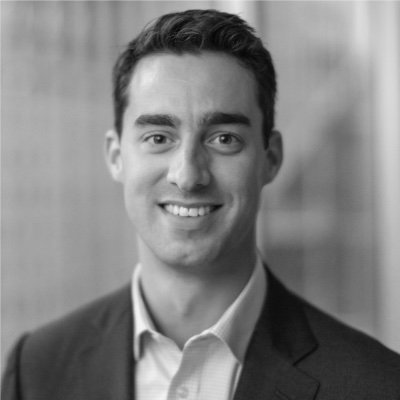


Patrick Whitty
Senior Vice President, Transmission Public Affairs, Invenergy



Patrick Whitty
Senior Vice President, Transmission Public Affairs, Invenergy
Patrick serves as the Senior Vice President for Public Affairs for Invenergy’s transmission business. Invenergy is a developer, owner, and operator of energy infrastructure with projects all over the world. Patrick and his team at Invenergy are responsible for communicating with and engaging with stakeholders on Invenergy’s portfolio of transmission projects. He has over a decade of experience across the private, nonprofit, and public sectors, focusing on renewable energy and regulated industries and specializing in leading teams and building coalitions to successfully advance transformative clean energy projects and issues.
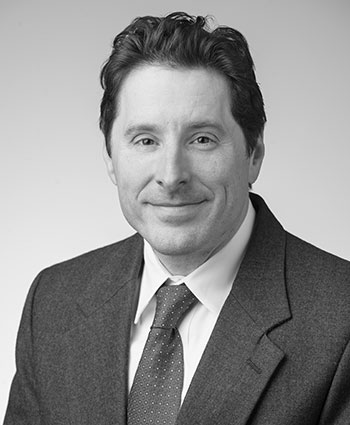


Paul Denholm
Senior Research Fellow, NREL



Paul Denholm
Senior Research Fellow, NREL
Paul Denholm is a member of the Transmission Group in the Grid Planning and Analysis Center and also a senior research fellow—the highest technical position at NREL—leading research in grid applications for energy storage and solar energy. He pioneered a variety of research methods for understanding the technical, economic, and environmental benefits and impacts of the large scale deployment of renewable electricity generation. He has delivered over 100 invited presentations to agencies including the National Science Foundation, the World Bank, and the International Energy Agency.
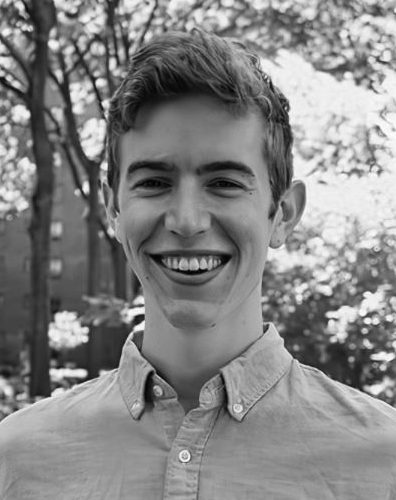

Paul Gross
Co-founder and co-CEO of Remora
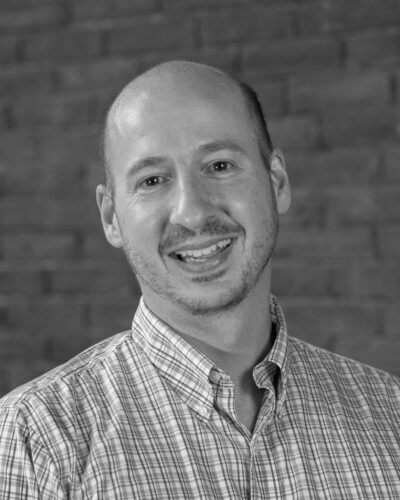


Pete Psarras
Research Assistant Professor, Clean Energy Conversions Laboratory, UPenn



Pete Psarras
Research Assistant Professor, Clean Energy Conversions Laboratory, UPenn
Pete received his B.A. in Chemistry from Miami University in Oxford, Ohio and continued to pursue his doctoral work at Cleveland State University. There, his focus shifted early from wet inorganic chemistry to computational, ab initio modeling of systems through first principles. He used this theoretical framework to explore Fischer-Tropsch catalytic surfaces and tuning them toward lower selectivity to methane.
Pete joined Penn as a Research Assistant Professor in January 2021 where he acts temporary PI of the CEC lab while Jen is on DOE appointment. His research involves techno-economic assessment and lifecycle analysis of technologies spanning both carbon capture, utilization and storage (CCUS) and engineered carbon dioxide removal (CDR). These analyses inform strategic regional pathways for responsible deployment of carbon management systems.
Featured In:
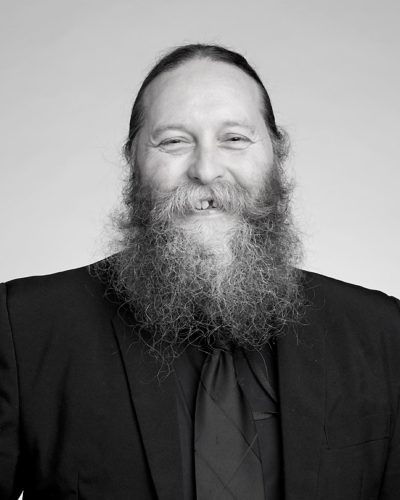


Pete Smith
Professor of Soils and Global Change



Pete Smith
Professor of Soils and Global Change
Pete Smith is a Professor of Soils and Global Change at the Institute of Biological and Environmental Sciences at the University of Aberdeen (Scotland, UK) and Science Director of the Scottish Climate Change Centre of Expertise (ClimateXChange). His interests include climate change mitigation, soils, agriculture, food systems, ecosystem services and modelling. He is one of the authors of the IPCC/IPBES joint report on biodiversity and climate.
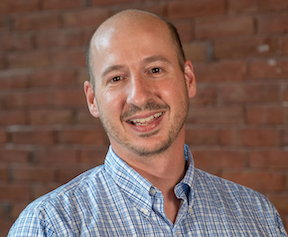


Peter Psarras
Research Assistant Professor, University of Pennsylvania



Peter Psarras
Research Assistant Professor, University of Pennsylvania
Peter Psarras is a research assistant professor in chemical and biomolecular engineering at the School of Engineering and Applied Sciences. He oversees the direction of Jennifer Wilcox’s lab, focusing on carbon dioxide removal and carbon capture.
His research involves techno-economic and life-cycle assessments of carbon capture, utilization and storage, and carbon dioxide removal systems, specifically in identifying regional opportunities for deployment. Peter received his bachelor’s degree in chemistry from Miami University in 2005 and his Ph.D. in chemistry from Cleveland State University in 2014
Featured In:
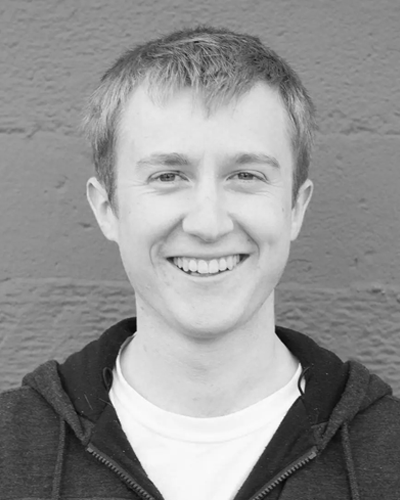


Peter Reinhardt
Founder and CEO, Charm Industrial



Peter Reinhardt
Founder and CEO, Charm Industrial
Peter Reinhardt is the founder and CEO of Charm Industrial, a fast-growing company that is working to convert the leftover organic matter of forestry and farming operations to carbon-rich bio-oil to either be stored in the ground or sold as an alternative fuel. He previously co-founded and was the CEO for a customer data platform called Segment which was sold to Twilio for $3.2B in 2020.
Featured In:
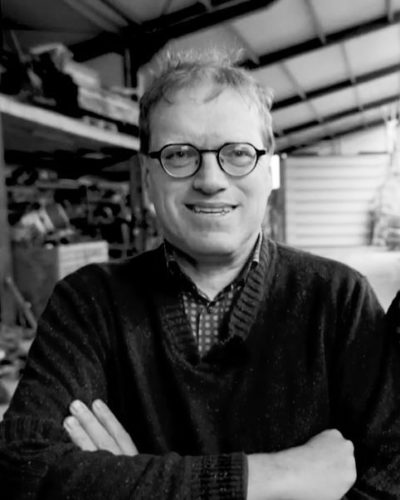


Pol Knops
Founder of Green Minerals



Pol Knops
Founder of Green Minerals
Pol Knops is the Chief Technology Officer and Founder of Green Minerals, a tech company using olivine to mineralize CO2 and turn it into functional products like concrete and paper.



Rachel Slaybaugh
Partner at DCVC



Rachel Slaybaugh
Partner at DCVC
Rachel is a Partner at DCVC focused on climate, sustainability, and energy investments. Before joining DCVC, Rachel was an Associate Professor of Nuclear Engineering at the University of California, Berkeley where she held leadership roles in several data science and entrepreneurship efforts. Concurrent to being a professor, Rachel was a Division Director at Lawrence Berkeley National Laboratory where she ran the Cyclotron Road Division. She served as a Program Director at the Department of Energy’s ARPA-E, where she created the nuclear fission program and managed the agriculture portfolio as well as solar and virtual reality teams. Rachel co-founded the Good Energy Collective and currently serves as Chair of the Board. Rachel received a B.S. in Nuclear Engineering from Pennsylvania State University, where she served as a licensed nuclear reactor operator, and a M.S. and Ph.D. from the University of Wisconsin–Madison in Nuclear Engineering and Engineering Physics.
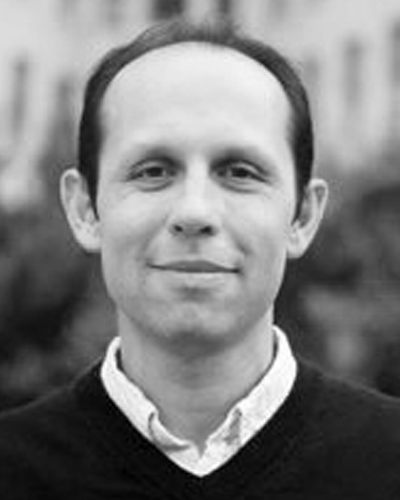


Ray Minjares
Managing Director, ICCT



Ray Minjares
Managing Director, ICCT
Ray Minjares is the Managing Director in the heavy duty vehicles program at The International Council on Clean Transportation. He co-founded the Zero-Emission Bus Rapid-Deployment Accelerator with C40 Cities. He also established the Global Industry Partnership on Soot-Free Clean Bus Fleets with the Climate and Clean Air Coalition. He holds a Master’s degree in Public Health from the University of California, Berkeley and a Bachelor´s degree in International Development, Environmental Studies, and Philosophy from the University of California, Los Angeles.
Featured In:
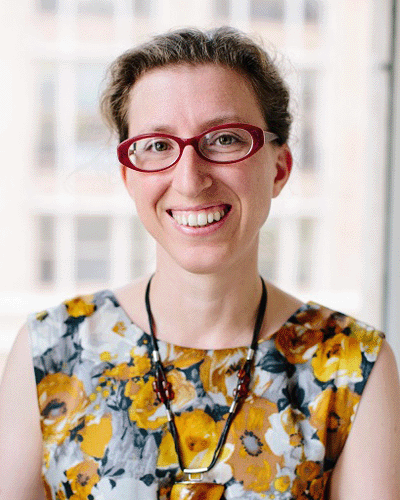


Rebecca Dell
Industry Program Director, ClimateWorks Foundation



Rebecca Dell
Industry Program Director, ClimateWorks Foundation
Dr. Rebecca Dell is the Program Director, Industry at ClimateWorks Foundation. Previously, she worked at the U.S. Department of Energy in the Obama administration, where she coordinated implementation of President Obama’s Climate Action Plan and was a lead analyst and author of the U.S. Quadrennial Energy Review. Before her federal service, Rebecca was a scientist at the Scripps Institution of Oceanography, studying the interaction between the ocean and land-based ice sheets like those in Greenland and Antarctica. She has a Ph.D. in climate science from MIT.
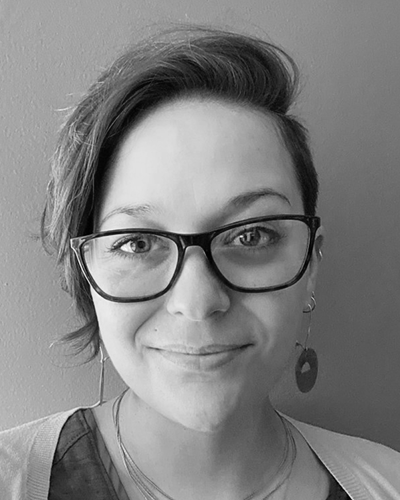


Rebecca Evans
Acting Director of Sustainability, City of Ithaca



Rebecca Evans
Acting Director of Sustainability, City of Ithaca
Rebecca Evans is the Acting Director of Sustainability for the City of Ithaca, NY. Her academic and research background is in Environmental Policy Ethics, where she examines the impacts public policies have on different populations.
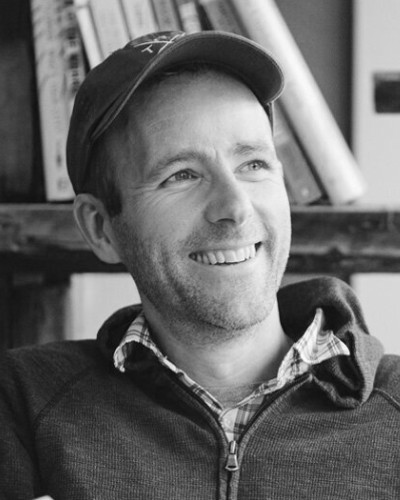


Reif Larsen
Founder, Future of Small Cities Institute



Reif Larsen
Founder, Future of Small Cities Institute
Reif Larsen is an American author, known for The Selected Works of T.S. Spivet. In 2020, he founded The Future of Small Cities Institute whose mission is to cultivate resilient communities by offering just and sustainable solutions for small and mid-sized metro areas.
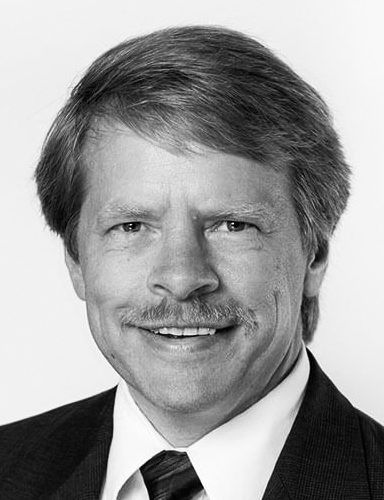


Rick Mihelic
North American Council for Freight Efficiency (NACFE) Director of Emerging Technologies



Rick Mihelic
North American Council for Freight Efficiency (NACFE) Director of Emerging Technologies
Rick Mihelic is the Director of Emerging Technologies at the North American Council for Freight Efficiency (NACFE) and the President of Mihelic Vehicle Consulting LLC. Rick assisted in the development of the Peterbilt/Cummins DOE SuperTruck and the compliance systems for the EPA’s Greenhouse Gas Regulations. He was awarded the prestigious SAE L. Ray Buckendale Award in 2016 and SAE Crawford award in 2020.
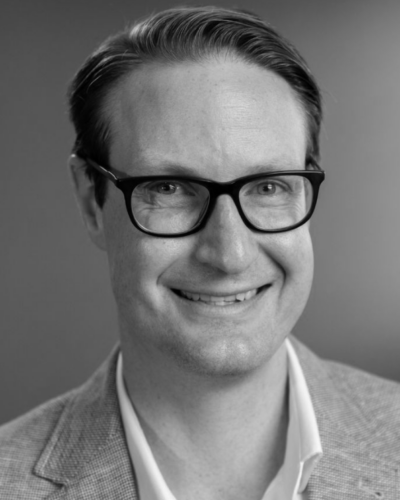


Rob Hanson
Co-Founder and Chief Executive Officer of Monolith



Rob Hanson
Co-Founder and Chief Executive Officer of Monolith
Rob Hanson is the co-founder and chief executive officer of Monolith, where he leads the development of next-generation technology for producing low cost, low emission hydrogen and carbon black, an important raw material used in the manufacture of rubber and plastic. Prior to Monolith, Hanson served as the global director of product management for AREVA Solar, the solar division of the world’s largest nuclear company.
He has a master’s degree in mechanical engineering from Stanford, and has been a guest lecturer at Stanford, UNL, Foothill College and the University of Saskatchewan on topics ranging from thermodynamics to entrepreneurship.
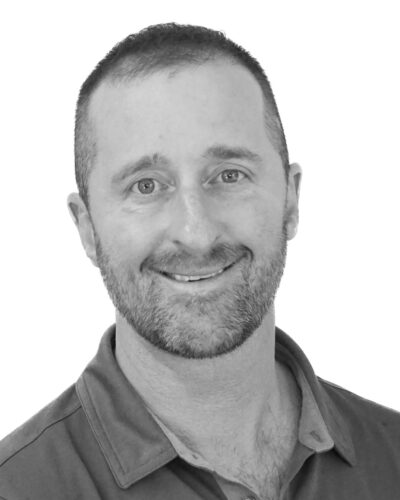

Robert Anderson
Director of Fleet Sales, FreeWire
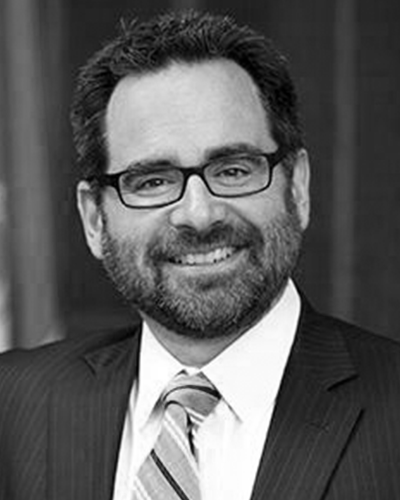


Robert Klee
Managing Director of Clean Energy Programming, Yale Center for Business and the Environment



Robert Klee
Managing Director of Clean Energy Programming, Yale Center for Business and the Environment
Featured In:
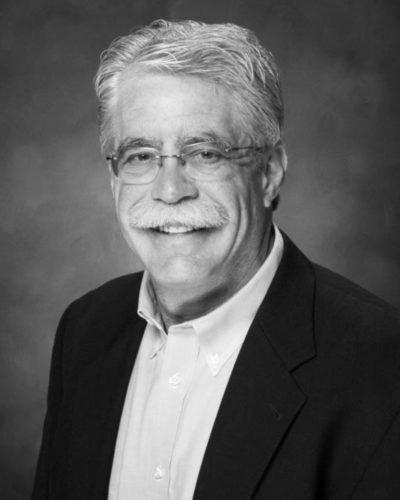


Roger Aines
Energy Program Chief Scientist at Lawrence Livermore National Laboratory



Roger Aines
Energy Program Chief Scientist at Lawrence Livermore National Laboratory
Roger Aines is the Energy Program Chief Scientist in E Program at Lawrence Livermore National Lab, which conducts government and private sector research in clean energy technology. Roger leads the Carbon Initiative, which aims to understand, develop, and implement technologies for the removal of carbon dioxide from the atmosphere, so-called negative emissions technologies. He holds a Bachelor of Arts degree in Chemistry from Carleton College, and Doctor of Philosophy in geochemistry from the California Institute of Technology.
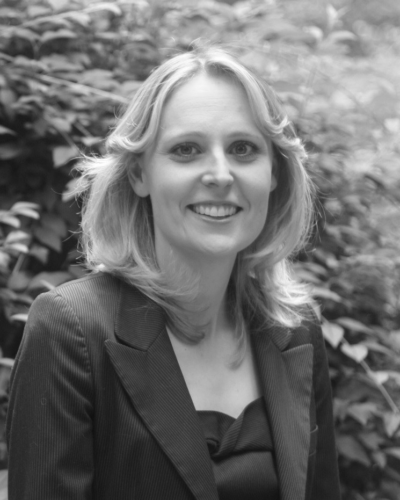


Romany Webb
Senior Fellow at the Sabin Center for Climate Change Law



Romany Webb
Senior Fellow at the Sabin Center for Climate Change Law
Romany Webb is an Associate Research Scholar at Columbia Law School and Senior Fellow at the Sabin Center for Climate Change Law. Her research is focused on energy and negative emissions technologies.
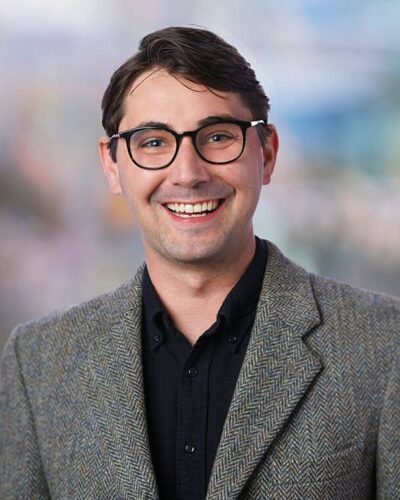


Rory Jacobson
Acting Division Director for Carbon Dioxide Removal at the Department of Energy



Rory Jacobson
Acting Division Director for Carbon Dioxide Removal at the Department of Energy
Rory Jacobson is the Acting Division Director for Carbon Dioxide Removal at the Department of Energy (DOE). He supports the Office of Fossil Energy and Carbon Management’s programs for carbon capture, removal, and conversion. Prior to joining DOE, he was a Deputy Director of Policy at Carbon180, where he managed the federal policy portfolio for technological carbon removal pathways. Rory has both led and supported carbon removal and management research and analysis at NGOs including the Natural Resources Defense Council and the World Resources Institute.
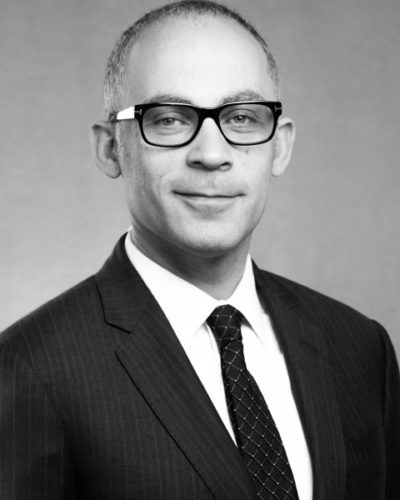


Salim Samaha
Partner at Global Infrastructure Partners



Salim Samaha
Partner at Global Infrastructure Partners
Salim Samaha is a Partner at Global Infrastructure Partners (GIP) and is responsible for identifying business trends and companies to invest in within the energy and power sector in the Americas.
GIP is a national leader in equity investments in the renewable energy sector, with ownership stakes in more than 90 gigawatts of operating or developing renewable energy projects.
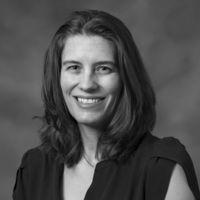


Sara Kuebbing
Director of Research, Yale Applied Science Synthesis Program



Sara Kuebbing
Director of Research, Yale Applied Science Synthesis Program
Sara is the Director of Research for the YaleApplied Science Synthesis Program. Sara is trained as an ecologist with expertise in conservation biology, invasion biology, plant ecology, community ecology, and ecosystem ecology. She conducts research on how humans can make informed decisions on how to best protect and conserve landscapes, ecosystems, and all the species that lives within them. Sara works with a variety of scientists, land managers, and policymakers to focus research questions and share her results.
Featured In:
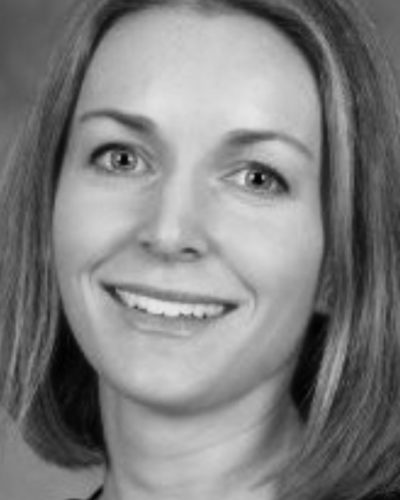


Sarah Baker
Group Leader for the Materials for Energy and Climate Security group, LLNL



Sarah Baker
Group Leader for the Materials for Energy and Climate Security group, LLNL
Dr. Sarah Baker and her team at the Lawrence Livermore National Laboratory are developing a framework for climate technologies that can scale and mature rapidly for real-world impact. Her research includes natural carbon removal solutions, biomass carbon removal and storage (BiCRS), and turning carbon into ethylene. Sarah holds a PhD in Materials Chemistry from the University of Wisconsin–Madison.
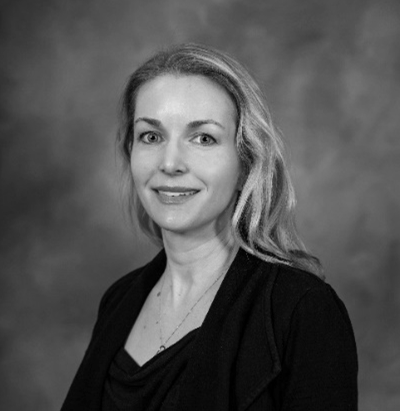


Sarah E. Baker
Group Leader, Materials for Energy and Climate Security, LLNL



Sarah E. Baker
Group Leader, Materials for Energy and Climate Security, LLNL
Sarah has worked toward developing materials for climate change mitigation since 2010. Early work was focused on using advances in manufacturing to realize improved mass transport in carbon capture and conversion materials. Recently, her research has broadened in scope and includes systems level analysis to identify opportunities for carbon removal, as well as developing scientific capabilities to de-risk scaleup for promising climate change mitigation technologies. She currently enjoy a fulfilling mix of management/mentorship, program development and scientific /individual contributor roles at LLNL.
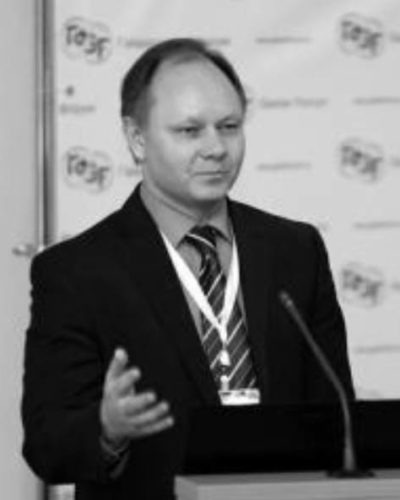


Sergey Paltsev
Deputy Director of the MIT Joint Program on the Science and Policy of Global Change



Sergey Paltsev
Deputy Director of the MIT Joint Program on the Science and Policy of Global Change
Sergey Paltsev is the Deputy Director of the MIT Joint Program on the Science and Policy of Global Change, the MIT Energy-at-Scale Center, and a Senior Research Scientist at the MIT Energy Initiative and MIT Center for Energy and Environmental Policy Research. He is also the lead modeler in charge of the MIT Economic Projection and Policy Analysis model of the world economy. His research covers energy economics, climate policy, and advanced energy technologies.
Featured In:
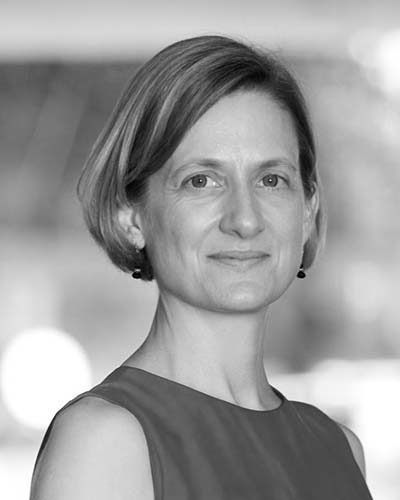


Sheila Olmstead
Professor, University of Texas at Austin and University Fellow, Resources for the Future



Sheila Olmstead
Professor, University of Texas at Austin and University Fellow, Resources for the Future
Sheila Olmstead is a professor of public affairs at the University of Texas at Austin LBJ School of Public Affairs. She also has appointments as a visiting fellow at Resources for the Future (RFF), a Washington, DC think tank, as a senior fellow at the Property and Environment Research Center in Bozeman, Montana, and as a Charter Member of the Science Advisory Board at the US EPA. Previously, she served as the senior economist for energy and the environment at the President’s Council of Economic advisors, and as faculty at the Yale School of Forestry and Environmental Studies.
Featured In:



Shuting Pomerleau
Climate Policy Analyst at the Niskanen Center



Shuting Pomerleau
Climate Policy Analyst at the Niskanen Center
Shuting Pomerleau is a climate policy analyst at the Niskanen Center, a Washington DC-based think tank. Her areas of research include policy development for carbon taxes. Prior to joining Niskanen, she worked in public policy at the Cato Institute and the American Council on Renewable Energy.
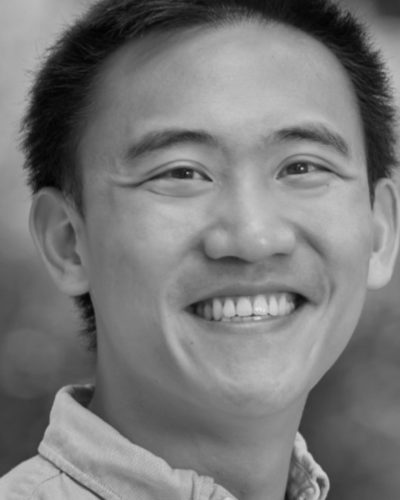


Simon Pang
Direct Air Capture Pillar Lead at Lawrence Livermore National Lab



Simon Pang
Direct Air Capture Pillar Lead at Lawrence Livermore National Lab
Dr. Simon Pang is a Materials Scientist in the Materials for Energy and Climate Group at LLNL. His research includes development and implementation of materials and technologies for carbon capture, the interface between carbon capture technologies with carbon conversion to develop a circular carbon economy, and systems analysis for carbon and energy technologies. He holds a PhD in Chemical Engineering from the University of Colorado Boulder.
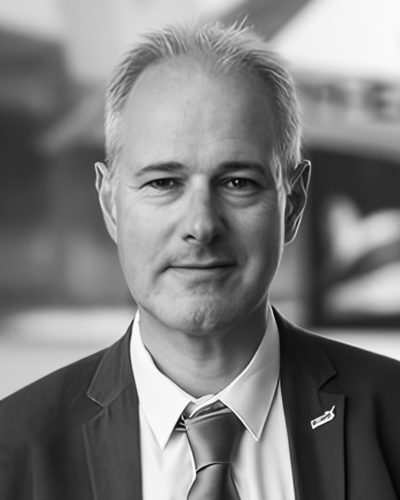


Simon Watson
Director of the Delft University of Technology Wind Energy Institute



Simon Watson
Director of the Delft University of Technology Wind Energy Institute
Simon Watson is a professor of wind energy and the Director of Delft University of Technology’s Wind Energy Institute.
Dr. Watson began his career in wind energy in 1990 and has worked at the Rutherford Appleton Laboratory, Good Energy, and as a senior lecturer the Loughborough University’s Center for Renewable Energy Systems Technology.



Spencer Glendon
Founder, Probable Futures



Spencer Glendon
Founder, Probable Futures
Spencer earned a B.S. in Industrial Engineering from Northwestern University and a Ph.D. in Economics from Harvard University, where he focused on the history of urbanization and industrialization. He has extensive training and experience in finance, history, and languages and has worked and lived in Michigan, Chicago, Germany, Russia, China, and Boston.
For 18 years, Spencer was a Macroanalyst, Partner, and Director of Investment Research at Wellington Management, a firm with more than $1 trillion in client assets.
In 2017, Spencer began collaborating with scientists, business leaders, designers, technologists, and educators to research the effects of climate change and to share those findings publicly. This work helped underpin initiatives such as a first-of-its-kind partnership between Wellington Management and the Woodwell Climate Research Center, as well as McKinsey & Co.’s 2020 Climate Risk and Response report. Inspired by these collaborations, he founded Probable Futures in 2020 to help democratize climate science and build bridges between climate science and many other disciplines.
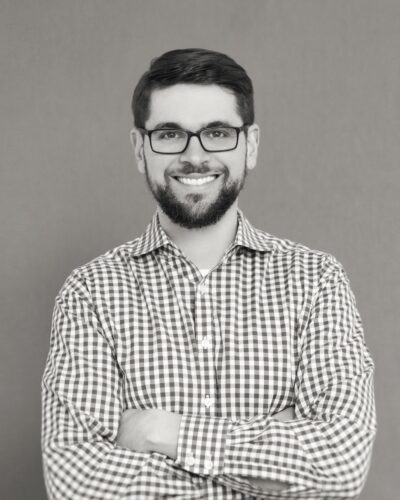


Stephen Pantano
Head of Market Transformation, Rewiring America



Stephen Pantano
Head of Market Transformation, Rewiring America
Steve Pantano is the Head of Market Transformation at Rewiring America, where he leads efforts to build and share comprehensive working knowledge of how to replace more than one billion fossil fuel devices with clean electric alternatives. For the past fifteen years Steve worked with CLASP and ICF International to develop policy, market development programs, research, and technical analysis aimed at maximizing the climate benefits that can be achieved with energy efficient appliances and equipment. He spent years before that tinkering with and testing everything from Hydrogen fuel cells to Space Shuttle hardware. He has a Master of Business Administration and a Bachelor of Science in Mechanical Engineering from The Johns Hopkins University.
Featured In:
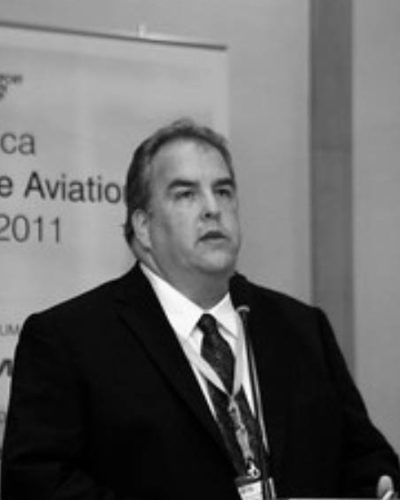


Steve Csonka
CAAFI Executive Director



Steve Csonka
CAAFI Executive Director
Steve Csonka is the Executive Director of the Commercial Aviation Alternative Fuels Initiative (CAAFI) which serves as a liaison between the clean energy and aviation industries. Steve is a commercial aviation professional with 35+ years of broad airline and fuels experience, and a strong technical background in commercial aircraft/engine life-cycle, from design through operations.
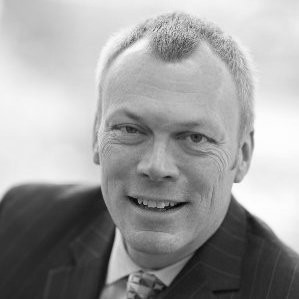


Steve Wirtel
Executive Vice President of Business Development at KORE Infrastructure



Steve Wirtel
Executive Vice President of Business Development at KORE Infrastructure
With a background in civil and environmental engineering, Steve Wirtel is a business development executive with 30 years of experience in the water and wastewater markets. As a partner and director at Carollo Engineers, an environmental engineering firm, he oversaw a $12 million business development budget, implemented company-wide sales and marketing strategies, and launched a major rebranding. Steve was the Senior Vice President for Nutrient Recovery at Ostara Nutrient Recovery Technologies, where he helped clients extract valuable nitrogen and phosphorus from liquid wastes. He also held an executive management position with USFilter.
Featured In:
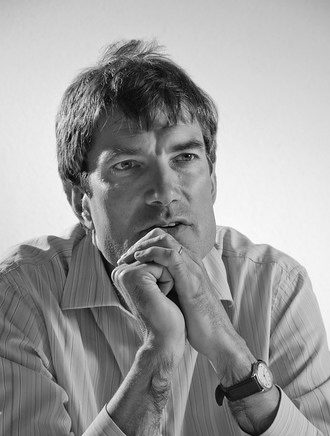


Steven Cowley
Director of the Princeton Plasma Physics Laboratory



Steven Cowley
Director of the Princeton Plasma Physics Laboratory
Sir Steven Cowley is a theoretical physicist and international authority on fusion energy. He is the Director of the Princeton Plasma Physics Laboratory (PPPL), and a Princeton professor of astrophysical sciences. He was most recently president of Corpus Christi College and professor of physics at the University of Oxford. Cowley previously was chief executive officer of the United Kingdom Atomic Energy Authority (UKAEA) and head of the Culham Centre for Fusion Energy.
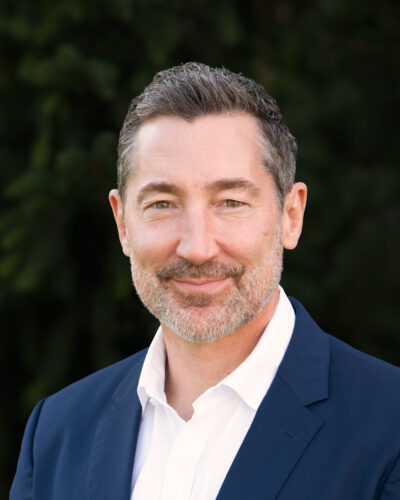


Stéphane Thion
Vice President of Commercial at LanzaJet



Stéphane Thion
Vice President of Commercial at LanzaJet
Stephane is the Vice President Commercial of LanzaJet, a US based sustainable fuels technology company dedicated to carbon recycling and expanding sustainable aviation fuels (SAF) to reduce greenhouse gas emissions and the decarbonization of the aviation industry.
Stéphane has 25-year extensive international experience developing sustainable and innovative renewable energy and chemical solutions for both startups and multinational companies.
Prior to joining LanzaJet, Stéphane was heading Sustainable Aviation Fuels activities of the French multinational integrated energy company TotalEnergies. Before, he was the Managing Director Asia Pacific for Ingevity, a leading global manufacturer of renewable specialty chemicals and materials. Previously, he led Cool Planet – a US startup company dedicated to establishing sustainable products for the energy, food, and water markets – equity raise and international expansion. Before that, Stéphane held various positions in the fields of sales and marketing, business and corporate development as well as strategy.
Stéphane earned a Master of International Management from ESLSCA, a Grande Ecole in Paris, France and an Executive MBA from Temple University Fox School of Business in Philadelphia, PA.
Featured In:
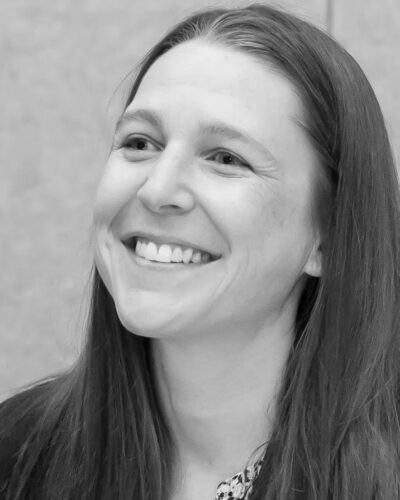


Sue Dougherty
Senior Project Manager, Clean Heating and Cooling at NYSERDA



Sue Dougherty
Senior Project Manager, Clean Heating and Cooling at NYSERDA
Sue has a BS from Clarkson University and MS from Georgia Tech in mechanical engineering. She has nearly 15 years of experience in designing, modeling, and analyzing mechanical and thermal-hydraulic systems. Sue is a Senior Project Manager on NYSERDA’s Clean Heating and Cooling team, supporting programs that help decarbonize heating and cooling in New York State’s buildings, with a focus on district-style heat pump systems.
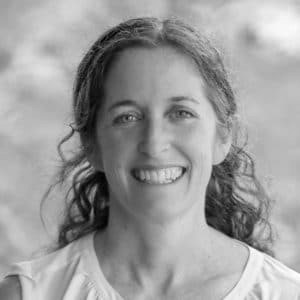


Sue Natali
Arctic Program Director, Woodwell Climate Research Center



Sue Natali
Arctic Program Director, Woodwell Climate Research Center
Dr. Susan Natali is an Arctic ecologist whose focus on permafrost thaw is motivated by an acute awareness of the risks it poses. She leads Woodwell Climate’s Arctic Program, which investigates the drivers and consequences of rapid Arctic change. Her research examines the effects of climate change, including permafrost thaw and increasing wildfires, on northern ecosystems and the impact these changes have on Arctic residents and the global climate.
Featured In:
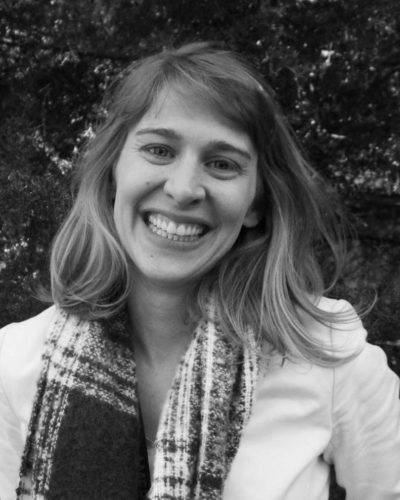


Susan Cook-Patton
Senior Forest Restoration Scientist



Susan Cook-Patton
Senior Forest Restoration Scientist
Susan Cook-Patton is a Senior Forest Restoration Scientist at The Nature Conservancy and author of the Reforestation Hub: an effort to identify reforestation opportunities around the US to increase carbon intake.
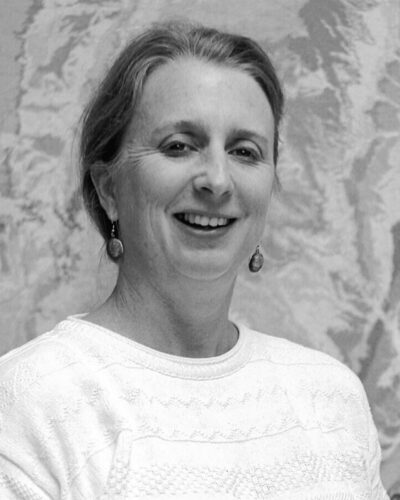


Susan D. Hovorka
Senior Research Scientist, UT Austin



Susan D. Hovorka
Senior Research Scientist, UT Austin
Susan D. Hovorka is a Senior Research Scientist at the Bureau of Economic Geology, Jackson School of Geosciences, at The University of Texas at Austin. She has a BA in geology from Earlham College and an MA and PhD from the University of Texas. She has worked on diverse topics related to water quality protection, waste storage in bedded salt, and reservoir characterization. Her current research focuses on assessment of effectiveness of subsurface geologic sequestration of CO2 as a mechanism for reducing atmospheric greenhouse gas emissions. Hovorka is the principle investigator of the Gulf Coast Carbon Center, an industry/academic partnership working on economically viable approaches to geologic sequestration of CO2. She has recently completed leading a research team in completion of the two-phase Frio Pilot, a first US field test of storage of CO2 in brine-filled sandstones also funded by DOE-NETL.



Sweta Chakraborty
Behavioral Scientist



Sweta Chakraborty
Behavioral Scientist
Dr. Sweta Chakraborty is a risk and behavioral scientist who is regularly interviewed on major, international news media outlets like CNN and MSNBC. Sweta is the US President for We Don’t Have Time, the world’s largest social network and review platform on the climate. She is a partner at Pioneer Public Affairs. She is also the founder and principle of Adapt to Thrive, a venture that seeks to better inform individuals, businesses, and government entities on the complex, interconnected challenges, such as food security and disease, already existing and emerging from a warming planet. She is an Independent Director at Lightbridge Corp. where she chairs the ESG committee, and is on advisory boards for Climate Power and EarthHQ–the media arm of Global Commons Alliance. She is a book author from her time as a postdoc at Oxford University. She is a TEDx, SXSW, and globally recognized keynote speaker for companies like Goldman Sachs and Mercer.
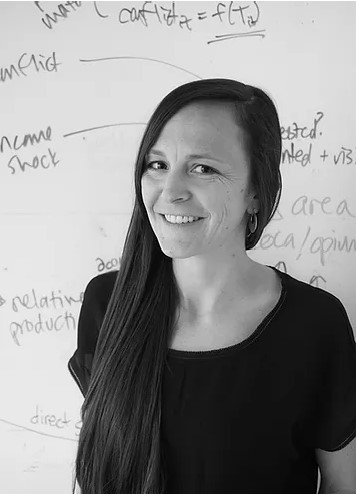


Tamma Carleton
UCSB



Tamma Carleton
UCSB
Tamma Carleton is an Assistant Professor of Economics at the Bren School of Environmental Science & Management at UC Santa Barbara and an Affiliate of the Climate Impact Lab.
She joined Bren after a postdoc at the Energy Policy Institute at the University of Chicago. Dr. Carleton completed her PhD in Agricultural & Resource Economics at UC Berkeley where she was an EPA STAR Fellow and a Doctoral Fellow in the Global Policy Lab at the Goldman School of Public Policy. Her research focuses on questions at the intersection of environmental change and economic development.
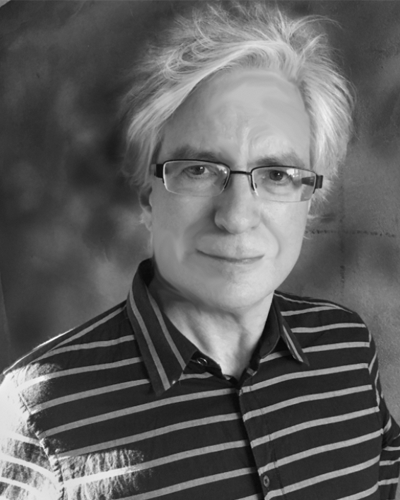


Tom Dinwoodie
Executive Director, Epic Institute



Tom Dinwoodie
Executive Director, Epic Institute
Tom Dinwoodie is a pioneer in the clean tech industry. He started one of the first major US solar companies, PowerLight Corporation in the 1990s which eventually merged with Sun Power. He’s a trustee at the Rocky Mountain Institute (RMI), a managing director of Arc Equities, and executive director of the Epic Institute.
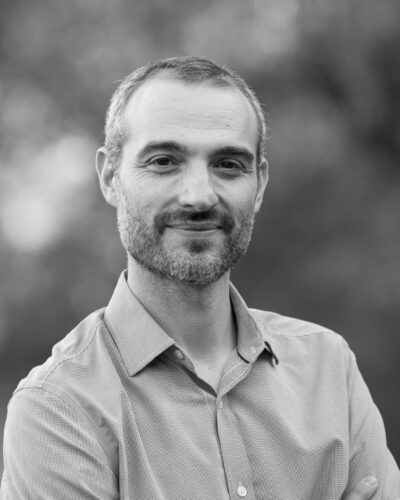


Tom Green
CEO, Vesta



Tom Green
CEO, Vesta
When Tom graduated with a biology degree before the turn of the millennium, it was already clear that the climate was heading for a crisis. Over a 20 year career in various leadership roles at Capital One, Lending Club, Bain & Company, and Averon, he learned how to manage teams and deliver results. Finally, with an exceptional set of skills gained in this career, he was able to rediscover his true passion, which is bringing a scalable way to meet the challenges of the climate crisis. Tom holds a BA in Biological Sciences from Oxford University and an MBA from Harvard Business School.
Featured In:
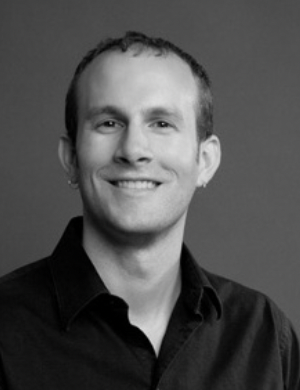


Tommy Linstroth
Founder and CEO, Green Badger



Tommy Linstroth
Founder and CEO, Green Badger
To date, Linstroth has personally been involved with over 60 projects achieving LEED certification, with another two dozen underway. These projects include the first building in the Southeast to be both LEED certified and in the National Register of Historic places, the first all-retail LEED shopping center in the nation, the first LEED McDonald’s restaurant, and Sustainable Fellwood, one of the largest green affordable housing developments – part of the LEED for ND pilot program and LEED for Homes program – in the nation.
Green Badger is the direct output of his experience with LEED. Green Badger provides a mobile solution to LEED construction documentation and allows for easy management of construction waste, sustainable materials tracking, erosion and indoor air quality reporting, and managing low-VOC products – including a bar code scanner that gives real time VOC information.
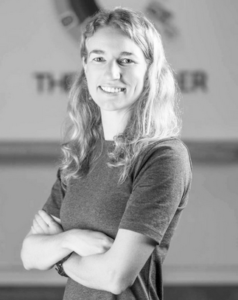


Tory Grieves
Vice President of Analytics for The Climate Service



Tory Grieves
Vice President of Analytics for The Climate Service
Tory Grieves is Vice President of Analytics for The Climate Service, where she utilizes her technical expertise in both environmental science and business to accelerate climate adaptation and resilience. Grieves holds MBA and Master of Environmental Management (MEM) degrees from Yale University and graduated with a BA in Environmental Studies from Hamilton College.
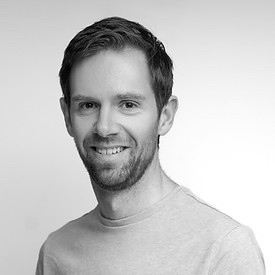

Walter Thorn
SVP of Product and Strategy, ChargerHelp!
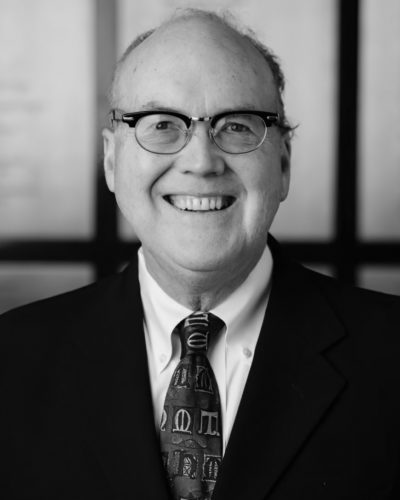


Wil Burns
Visiting Professor at Northwestern University



Wil Burns
Visiting Professor at Northwestern University
Wil Burns is a visiting professor at Northwestern University’s Environmental Policy and Culture Program and emeritus co-founding director of the Institute for Carbon Removal Law & Policy at American University.
Dr. Burns is also a Senior Research Fellow for the Centre for International Governance Innovation (CIGI) and served as the Director of the Energy Policy & Climate program at The Johns Hopkins University.
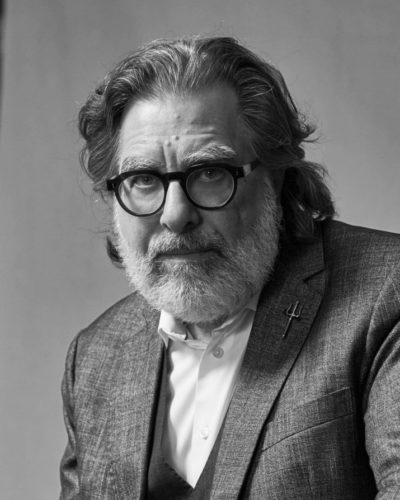


Will Sarni
CEO and Founder of Water Foundry



Will Sarni
CEO and Founder of Water Foundry
Will Sarni is the Founder and CEO of Water Foundry, a consulting firm that advises businesses and governments on water strategy, technology, and investment. Prior to Water Foundry, Will was a Managing Director at Deloitte Consulting and led the company’s water strategy practice.



Zohra Roy
Sr. Product Marketing Manager, Logical Buildings



Zohra Roy
Sr. Product Marketing Manager, Logical Buildings
Zohra Roy leads product marketing efforts for Logical Buildings, where she develops and drives the strategy for various smart building software products and serves as the voice of Logical Buildings’ users. For the past 7+ years, she has led and managed digital strategy and creative execution for sustainability-based startups, all the way to large biotech and pharmaceutical companies. She holds a Master’s Degree in Environmental Policy & Sustainability Management from The New School and a Bachelor’s Degree in Public Health and Sustainability from The George Washington University.
The Climate Now Team



James Lawler
Founder



James Lawler
Founder
James Lawler is the founder of Climate Now. James started Climate Now as a way to learn about climate change and our energy system. Climate Now’s mission is to distill and communicate the science of our changing climate, the technologies that could help us avoid a climate crisis, and the economic and policy pathways to achieve net zero emissions globally. James is also the founder of Osmosis Films, a creative studio.
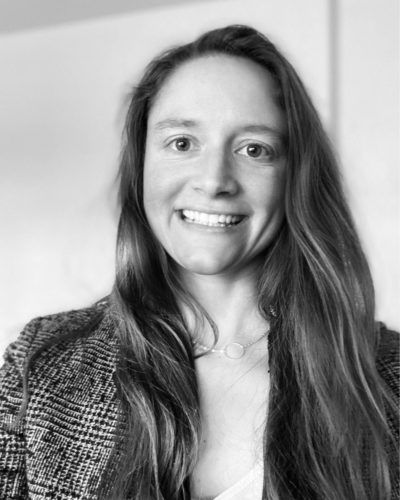


Emma Crow-Willard
Managing Producer



Emma Crow-Willard
Managing Producer
Emma Crow-Willard is managing producer at Climate Now. She conducted research with the NASA Orbiting Carbon Observatory team and Planetary Ices Group before moving into environmental film production, and has produced videos for clients around the world including the ACLU, VF Corporation, and National Geographic.



Ozak Esu
Video Host



Ozak Esu
Video Host
Dr. Ozak Esu is a Chartered Engineer and a STEM Education Ambassador, working within Construction and the Built Environment industry. Inspired by her lived experience of energy poverty growing up in Nigeria, she chose to pursue a career in Electronics and Electrical Engineering, receiving her bachelor’s degree from Loughborough University, UK. She graduated with a first-class and was awarded a scholarship to advance to her PhD. in wind energy. By participating in Climate Now, Ozak is keen to contribute her knowledge of technologies, her experience of the challenges faced, and to be a voice for regions often underrepresented, in the conversations about climate change and a sustainable energy future.